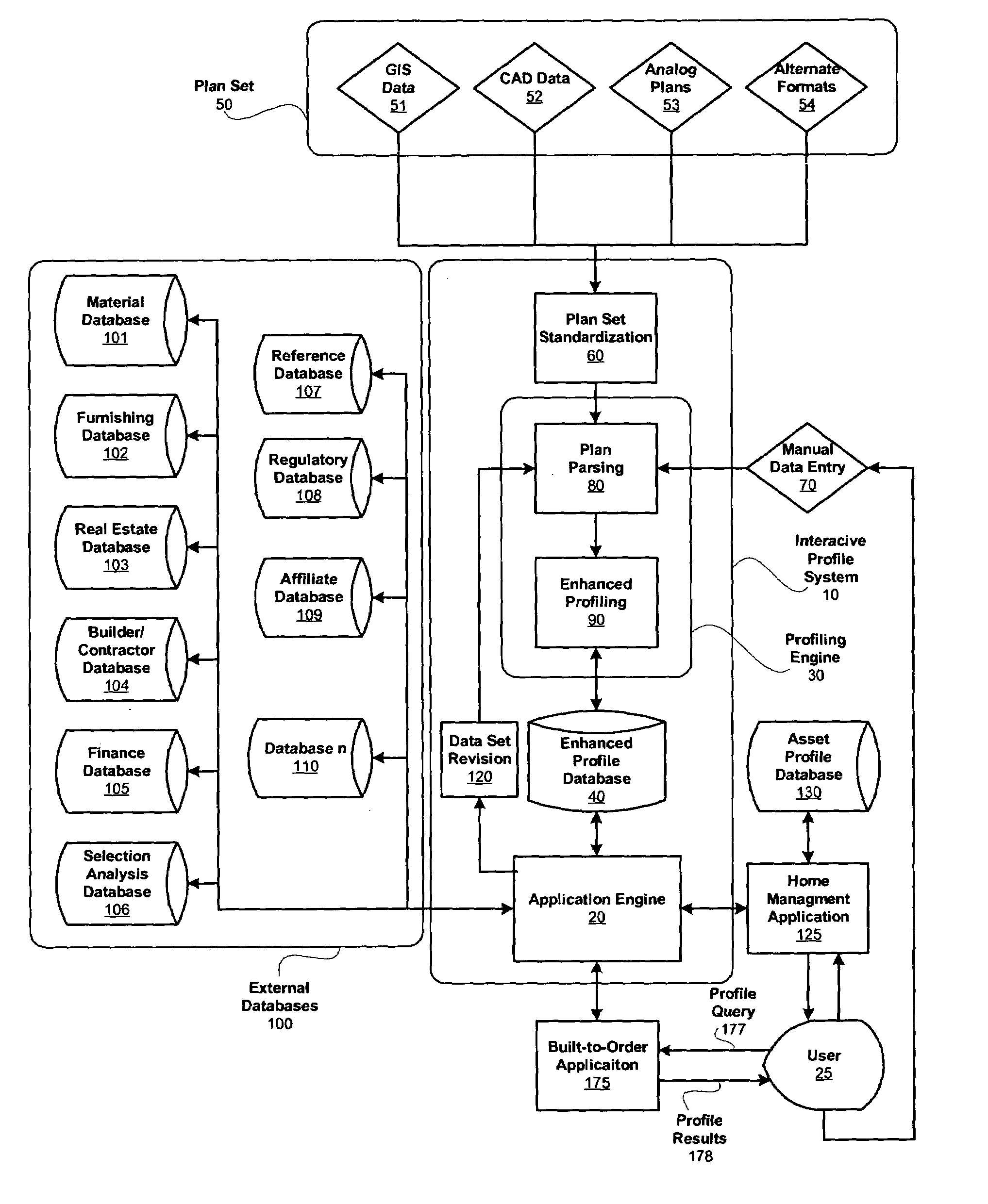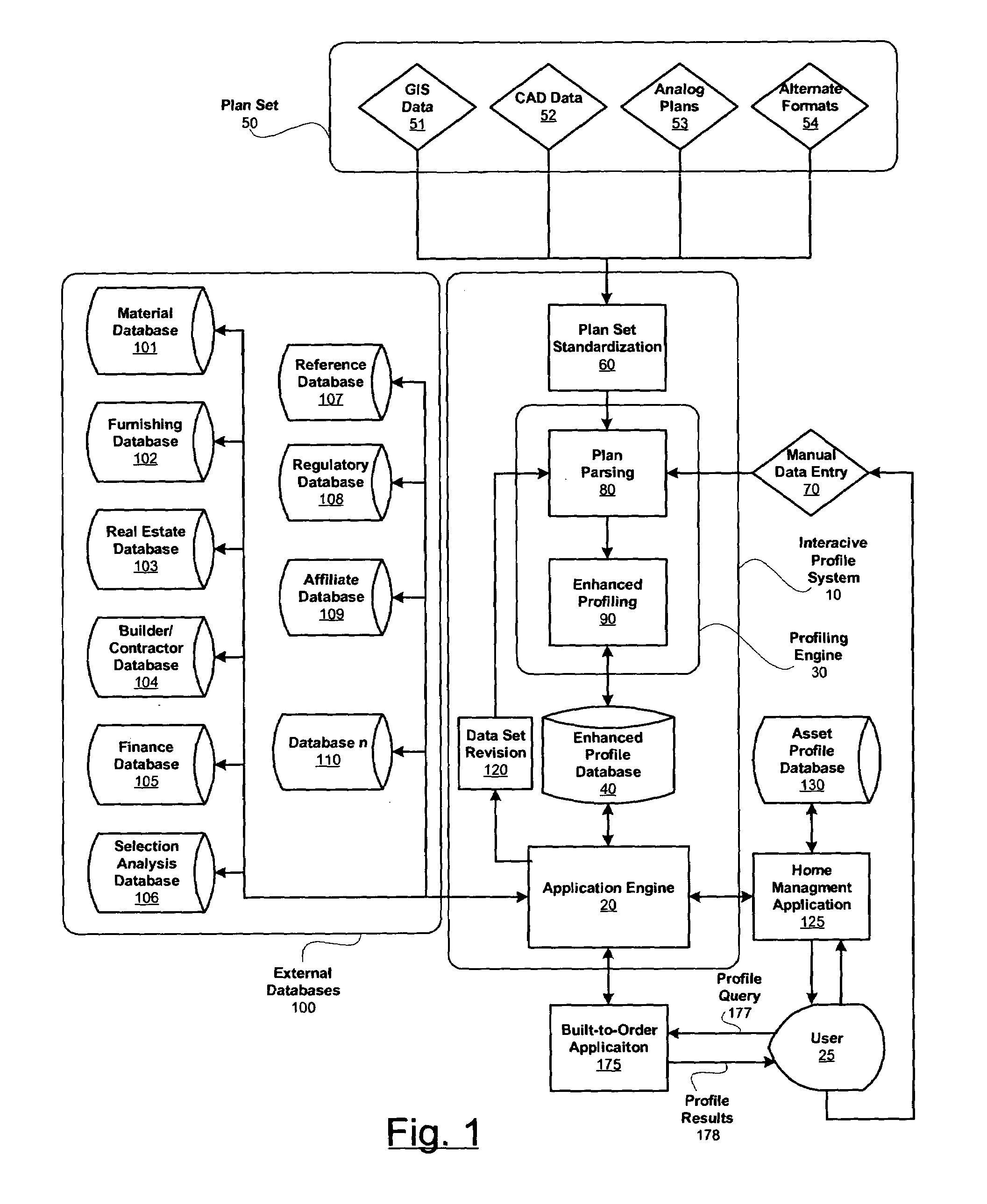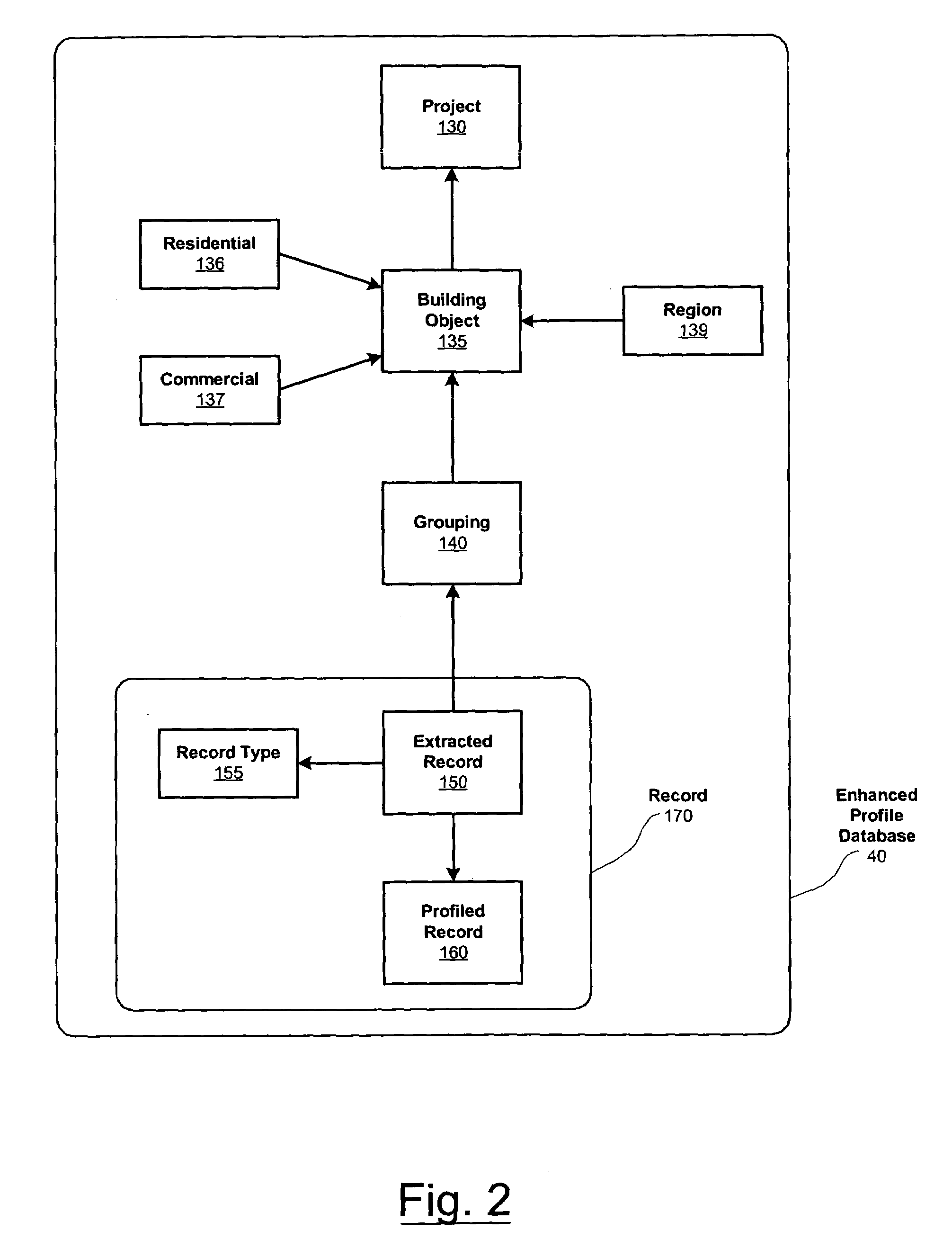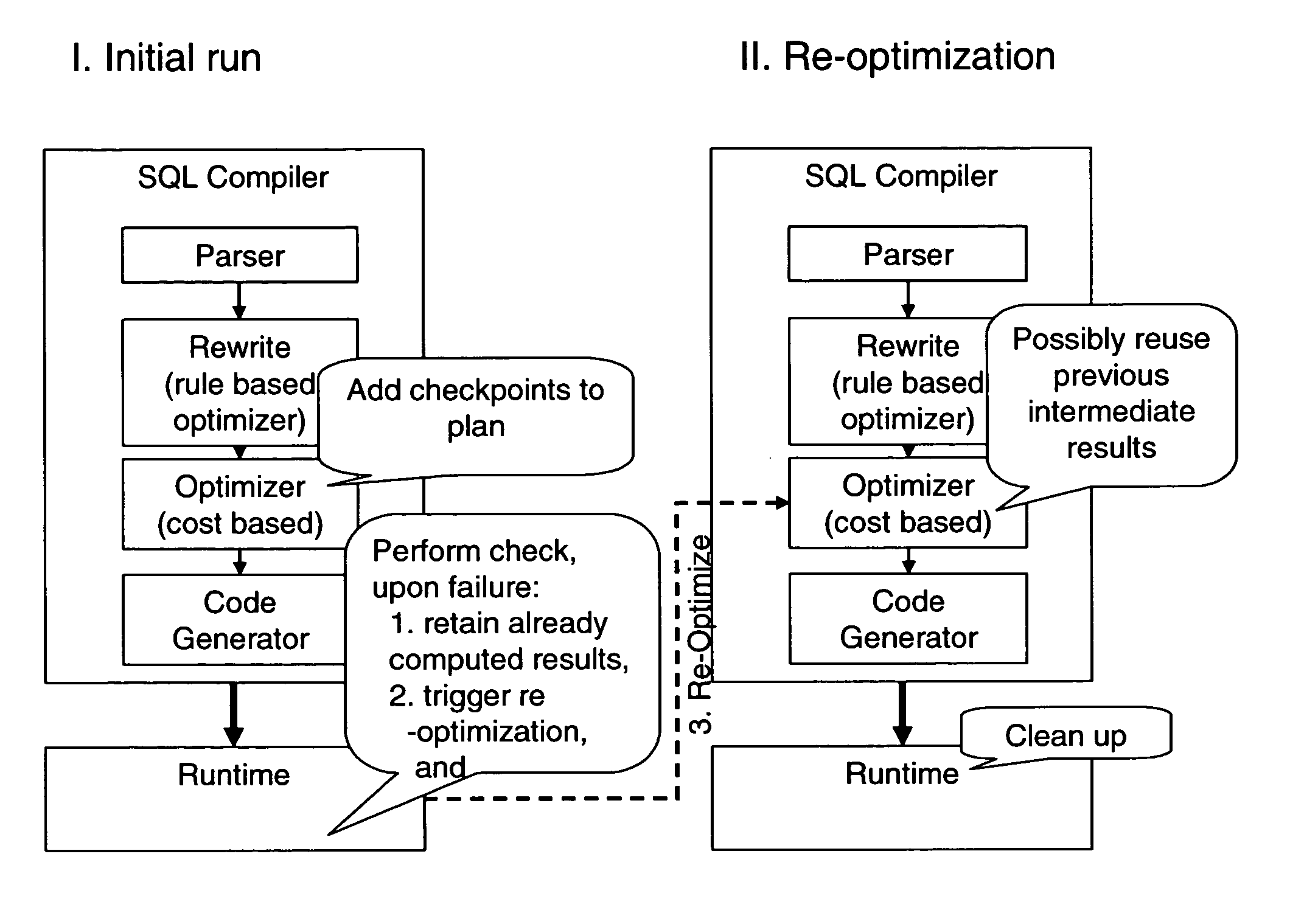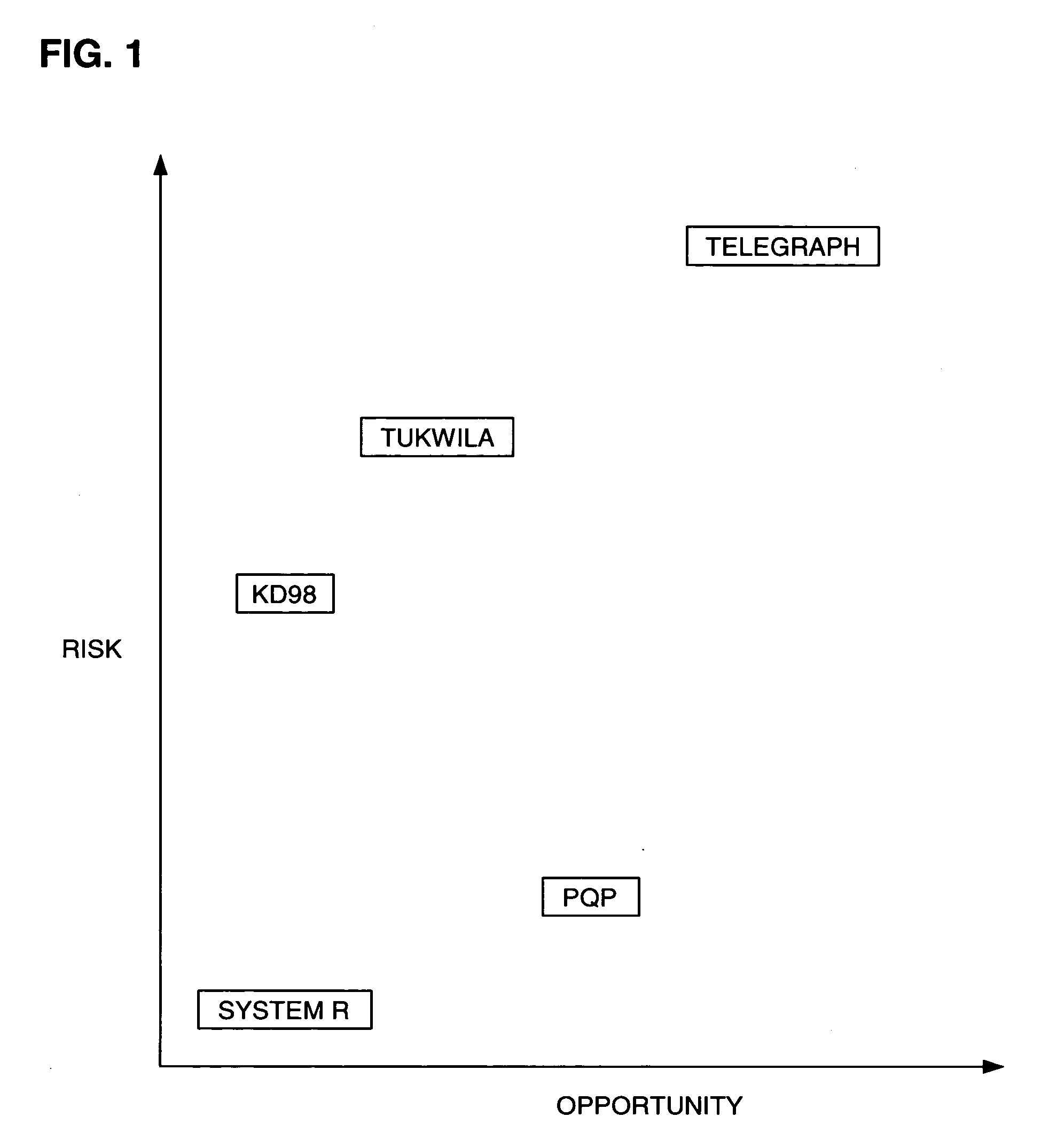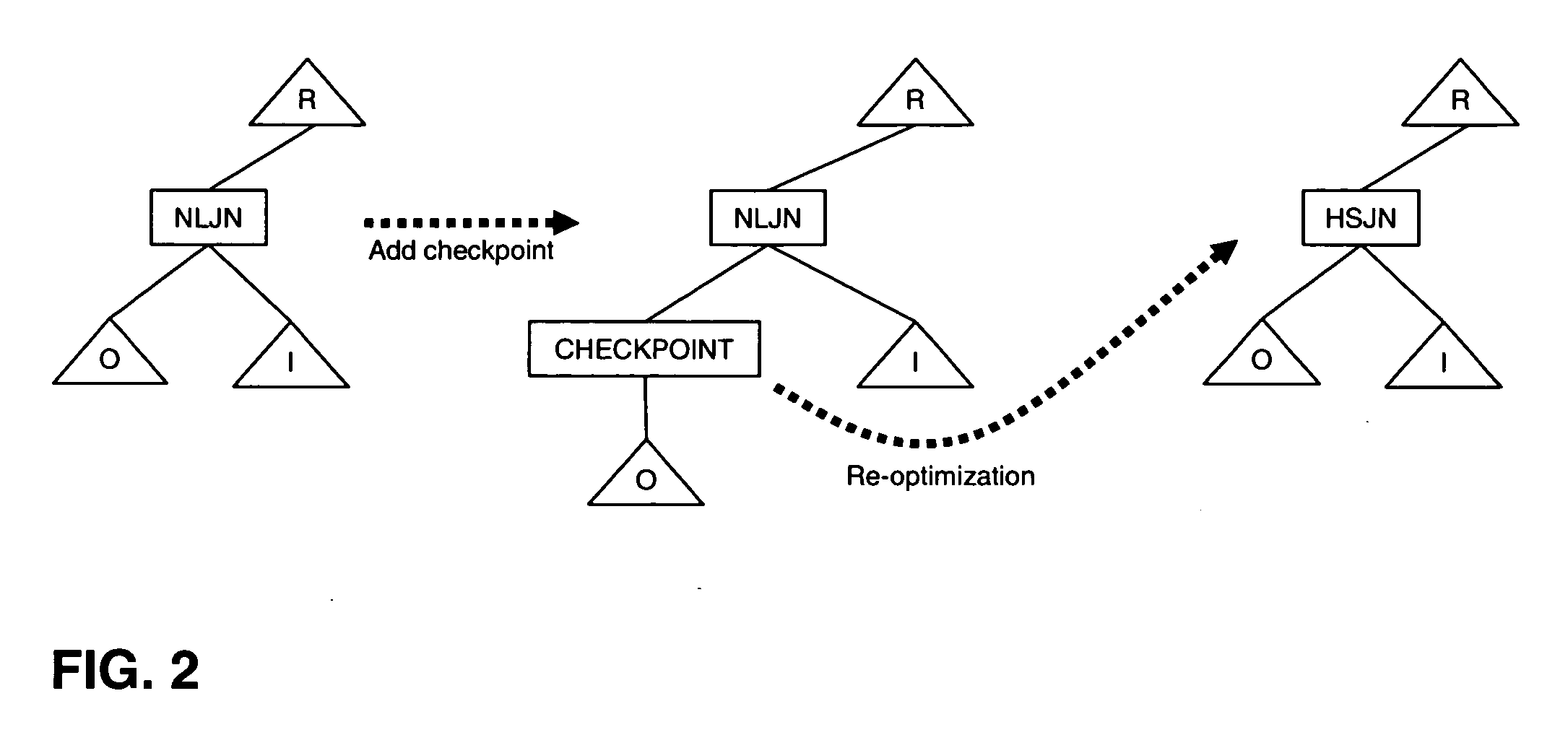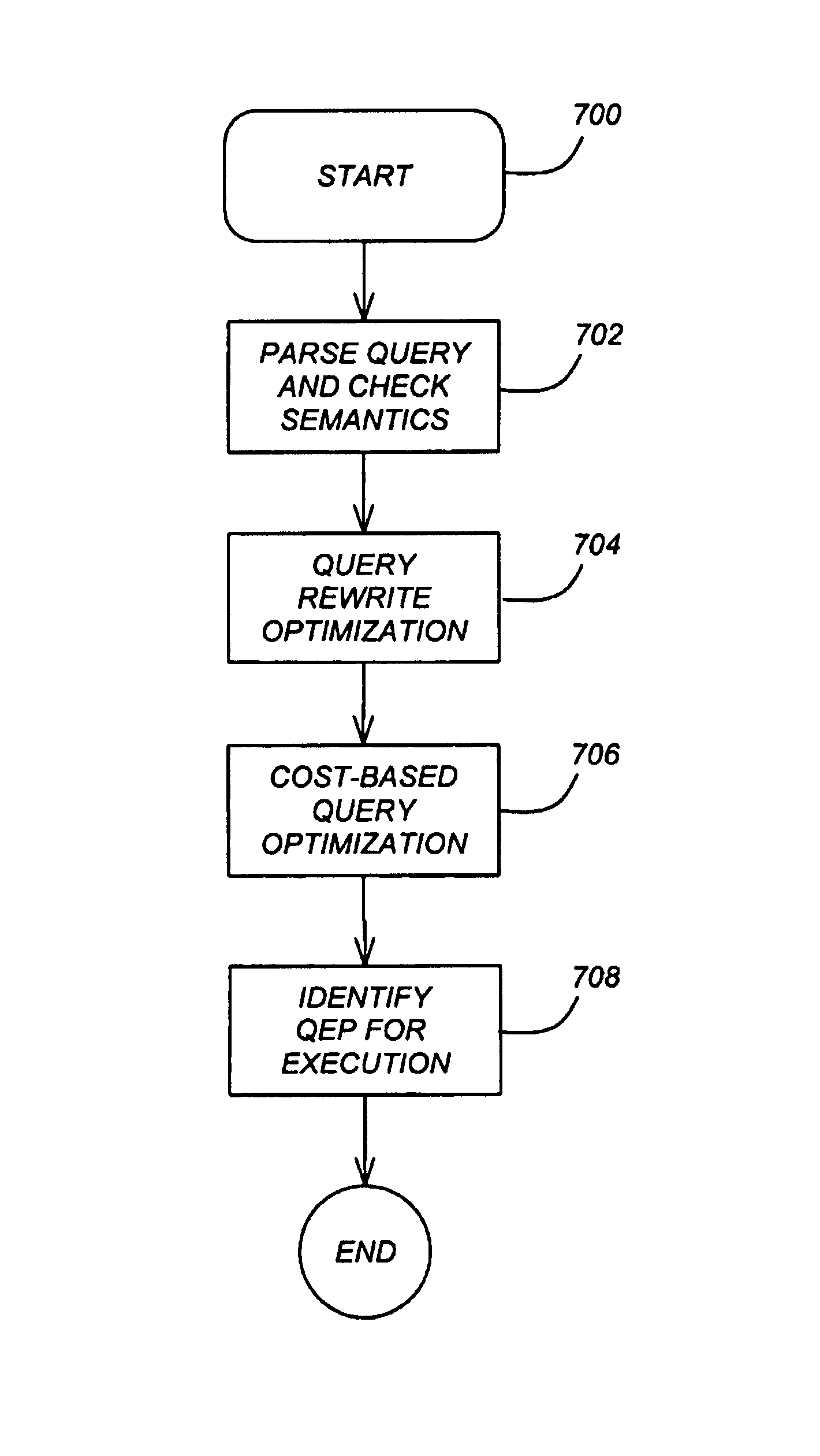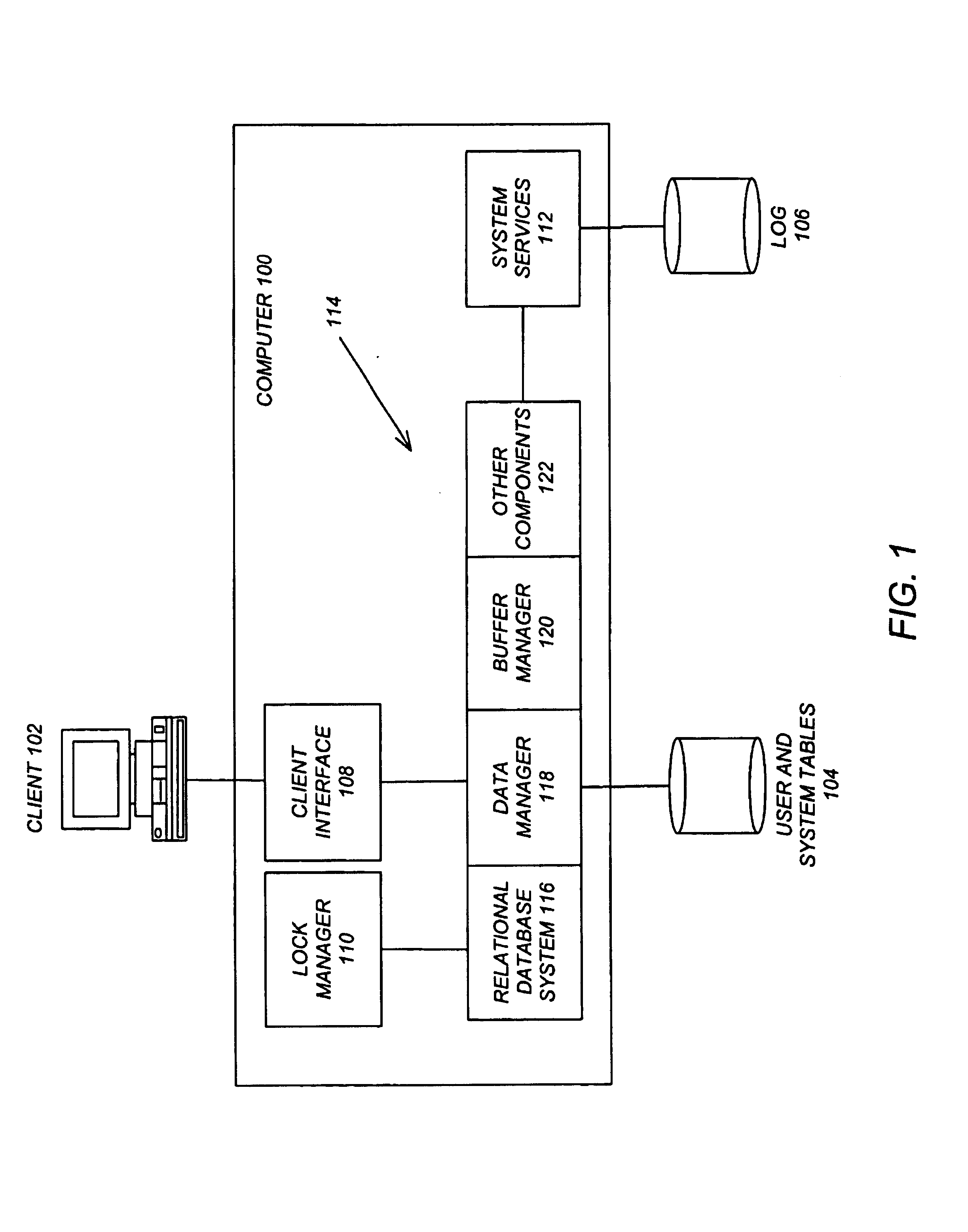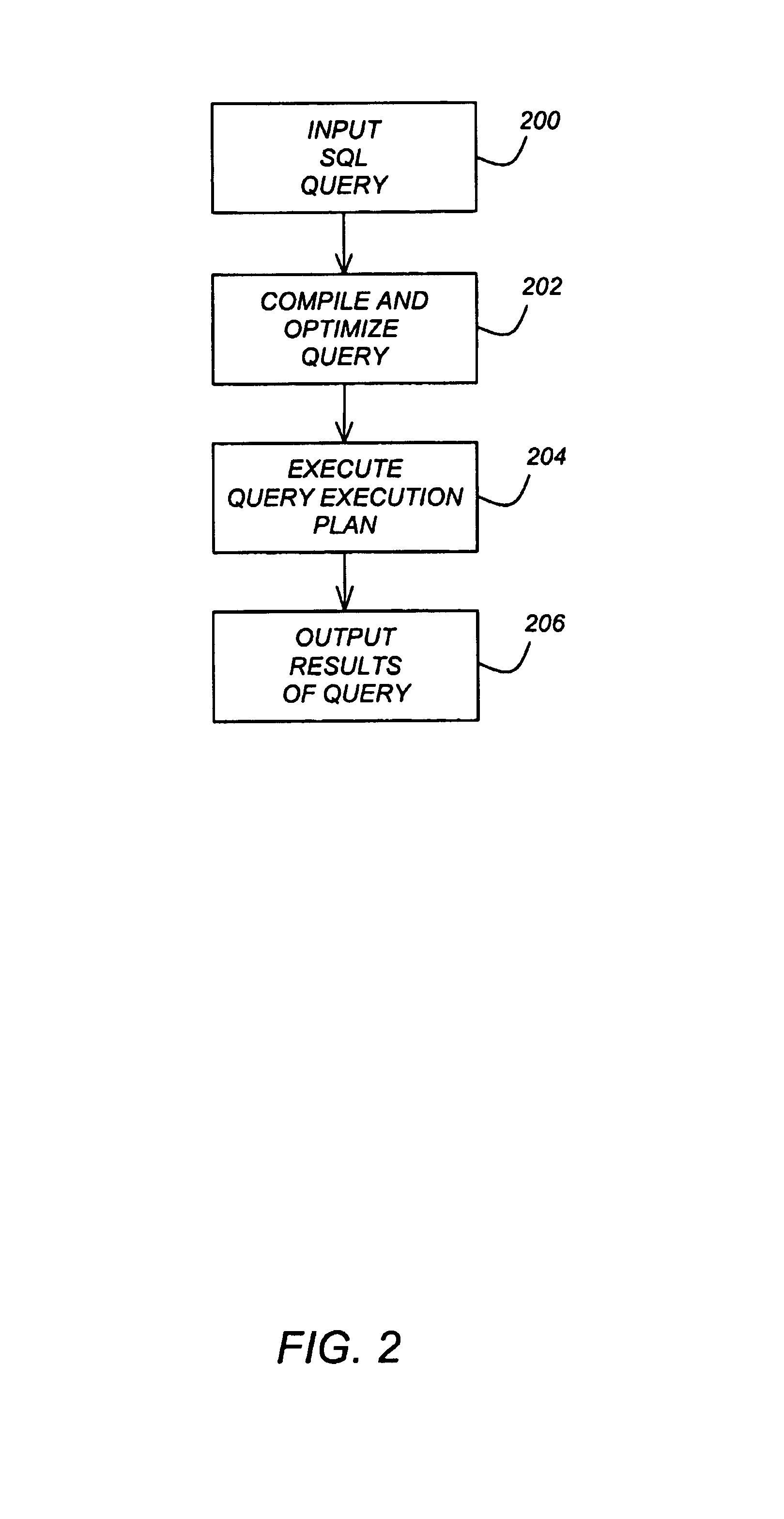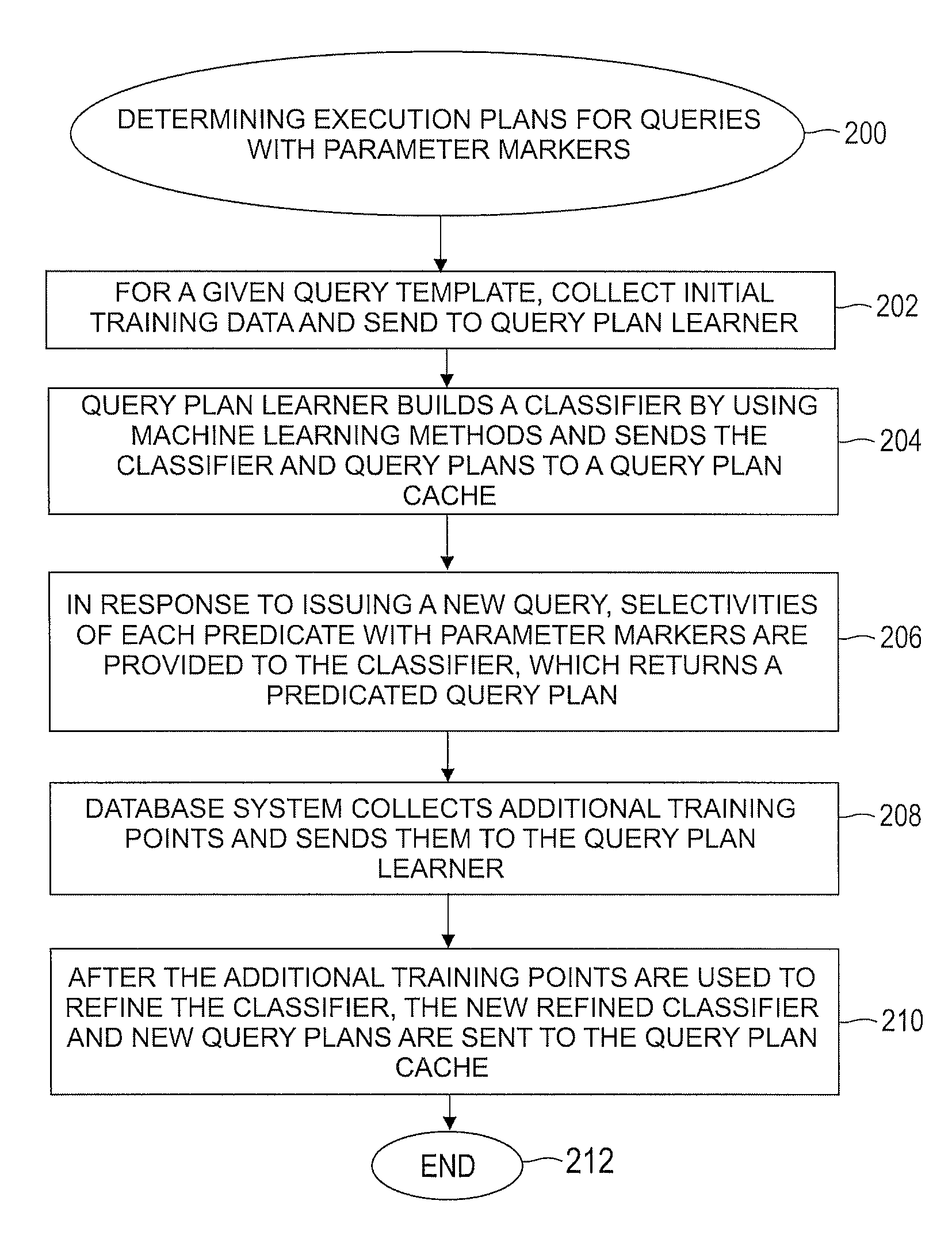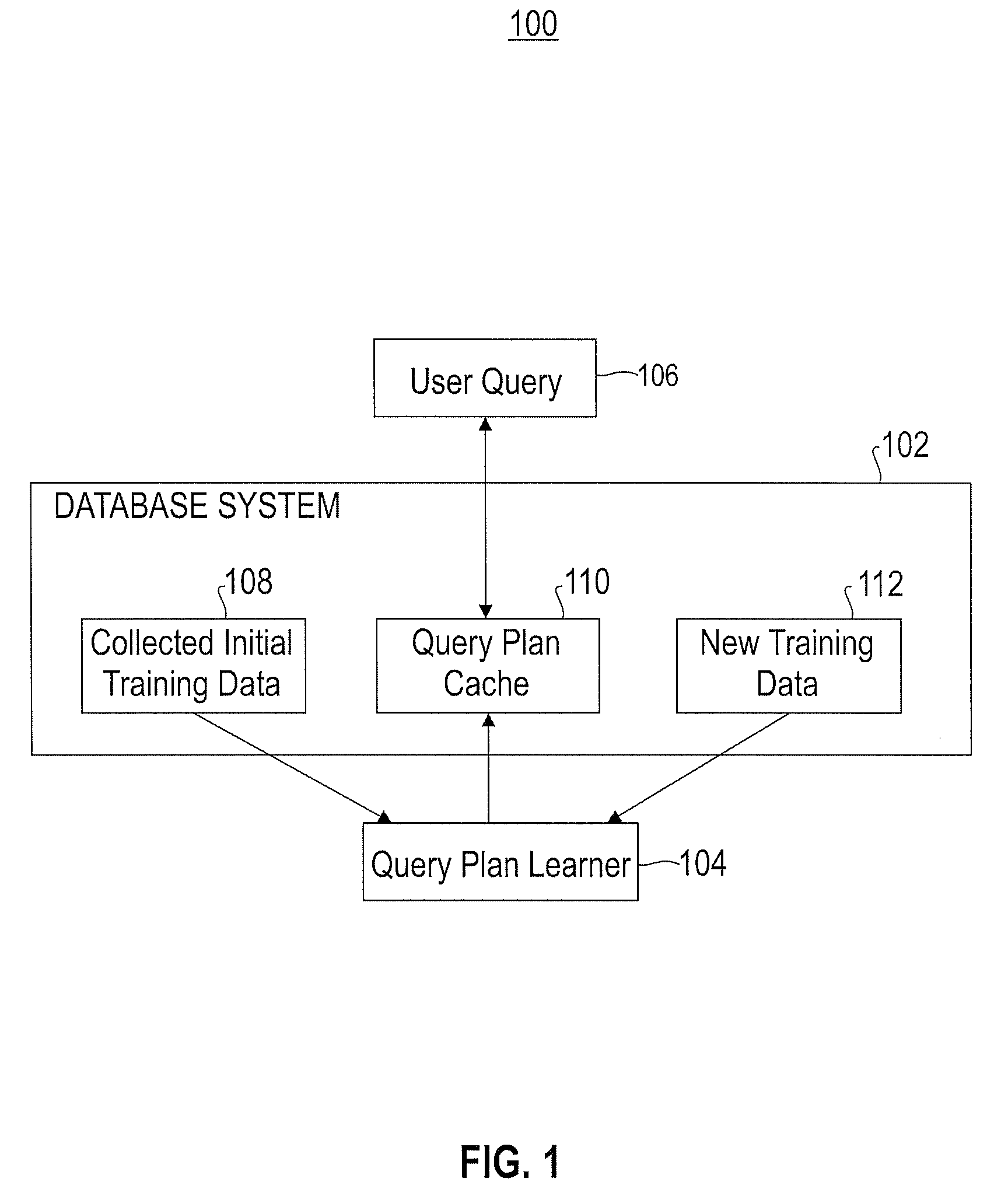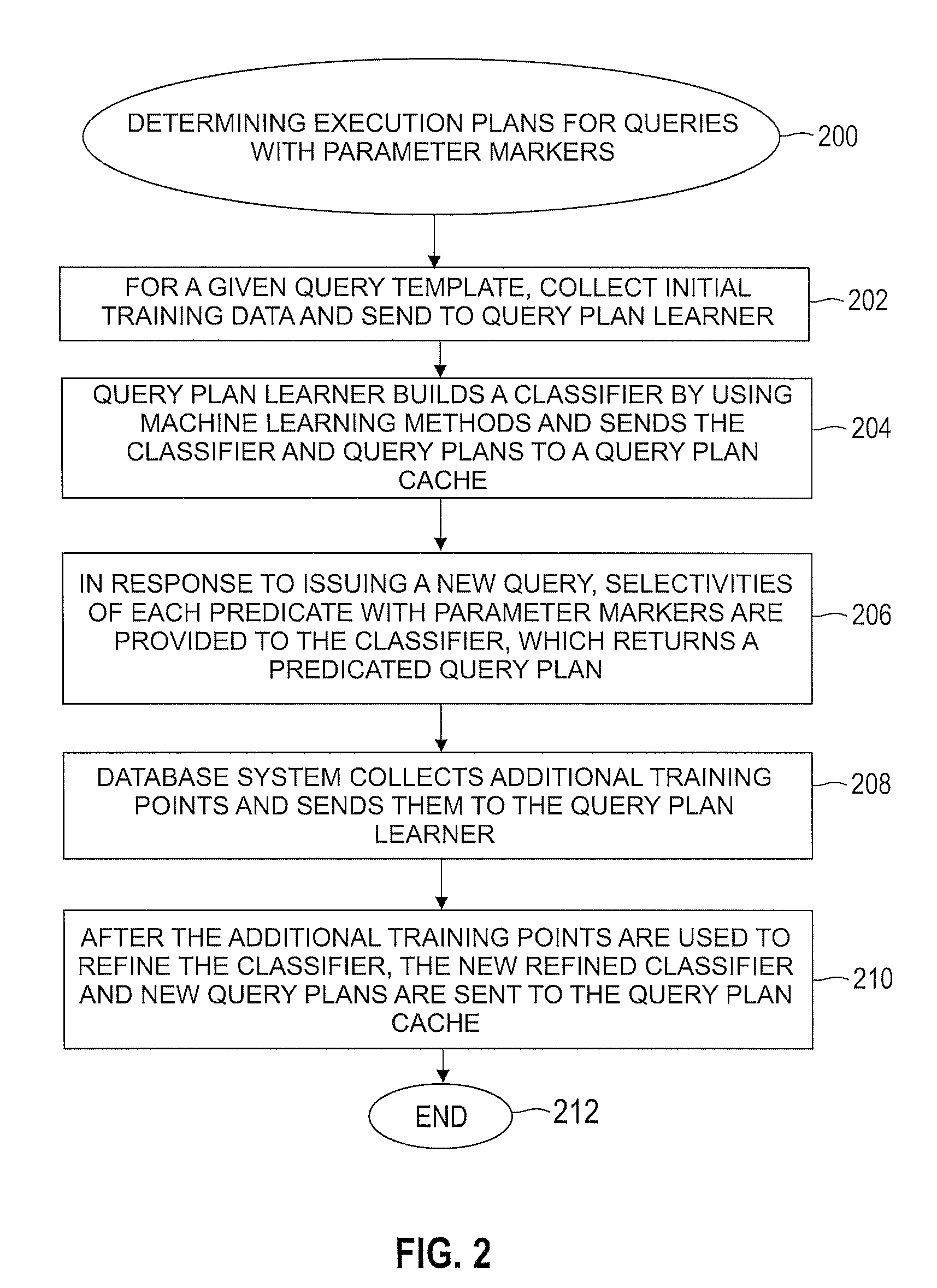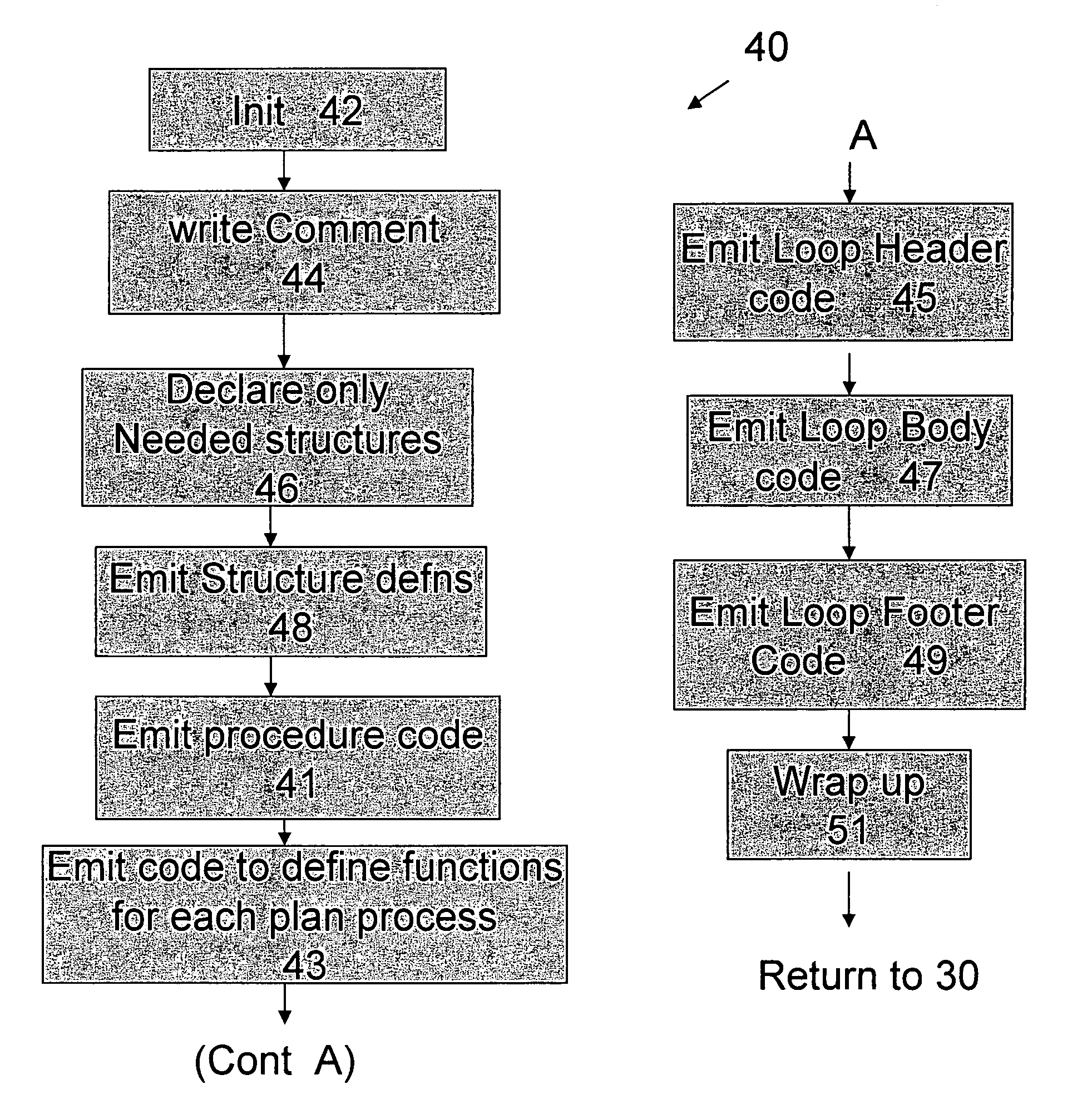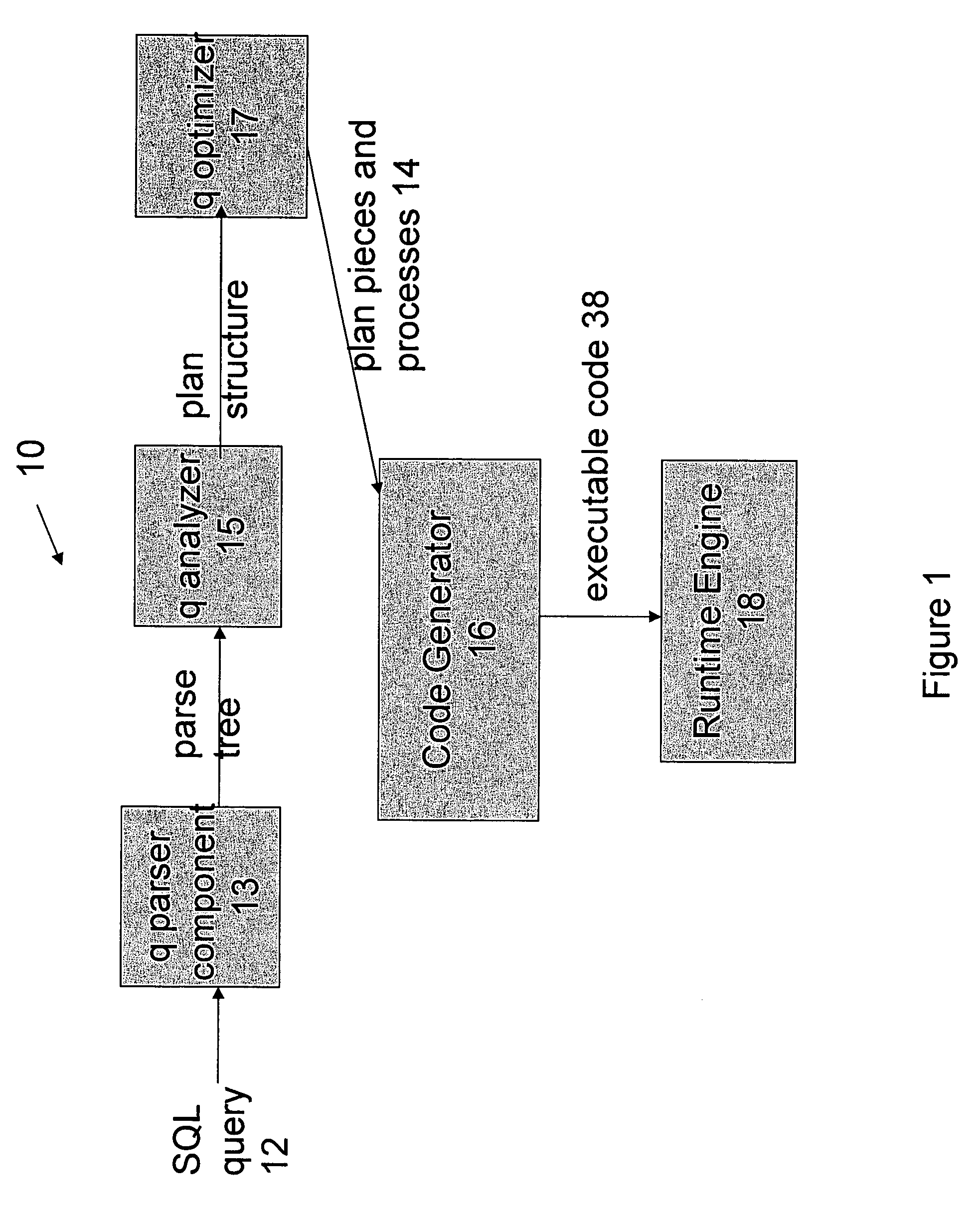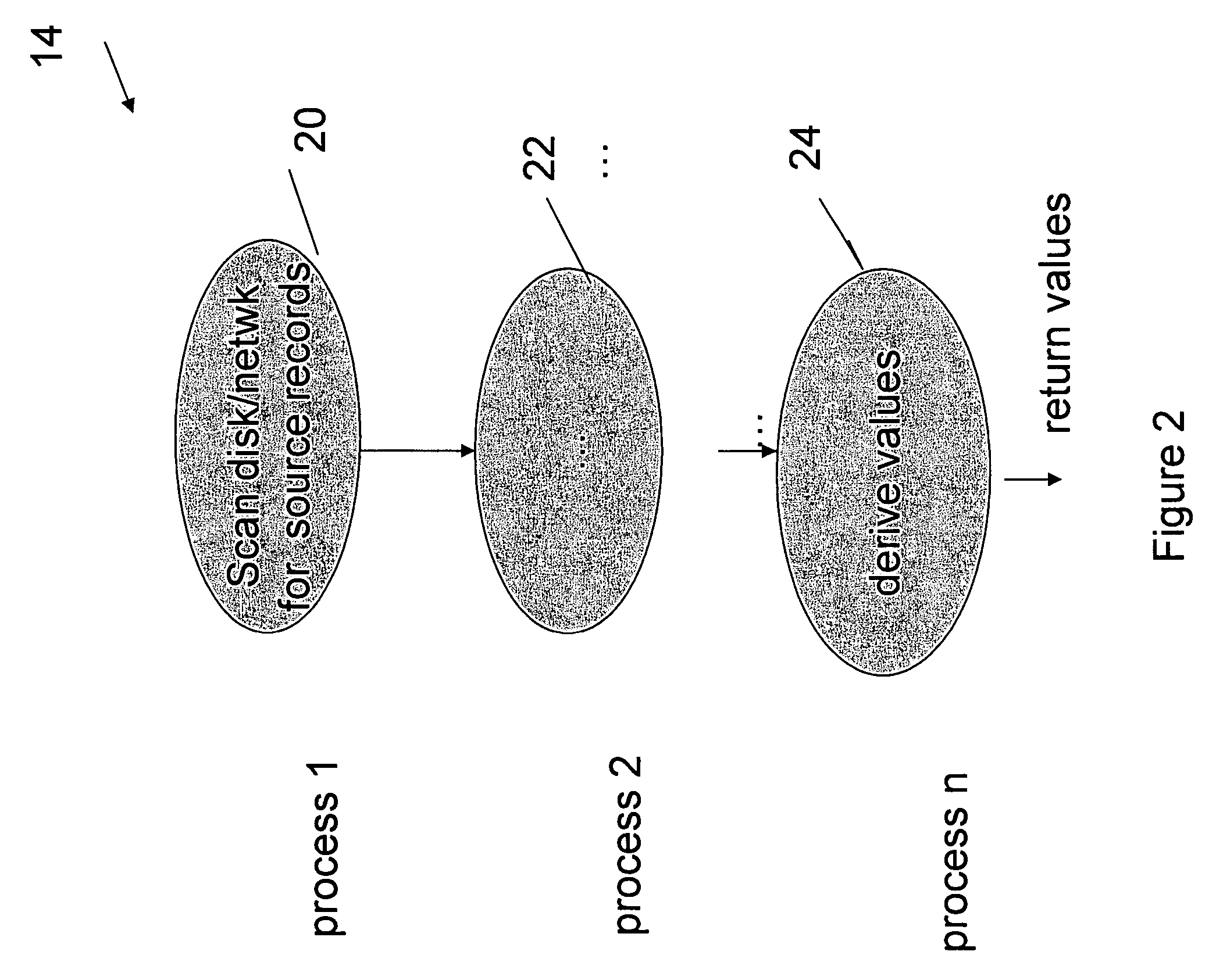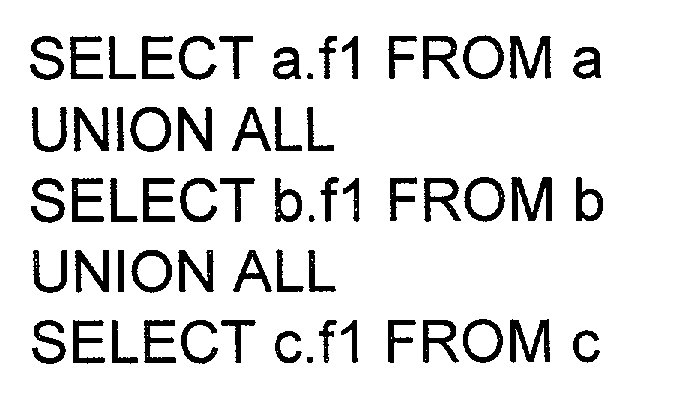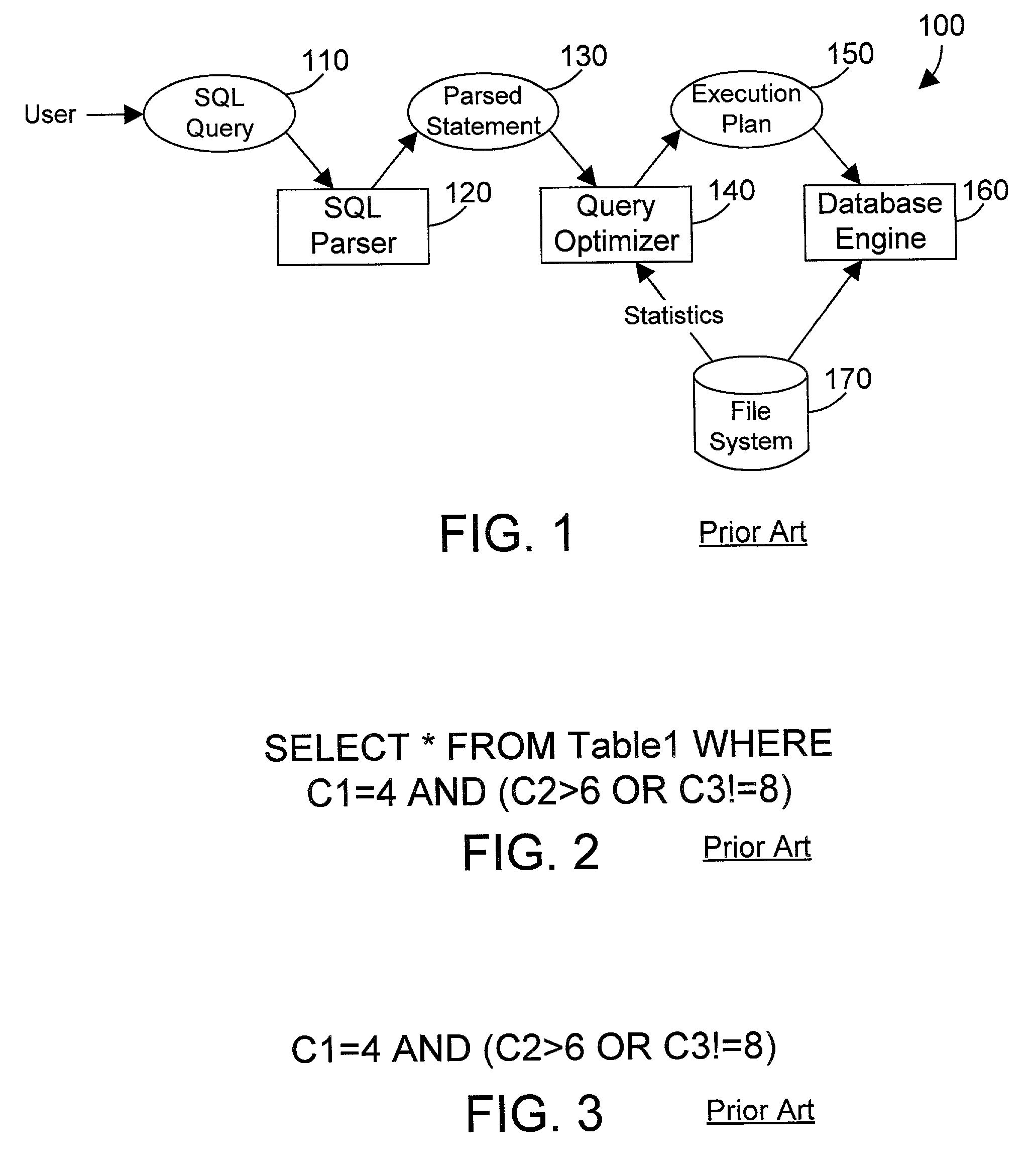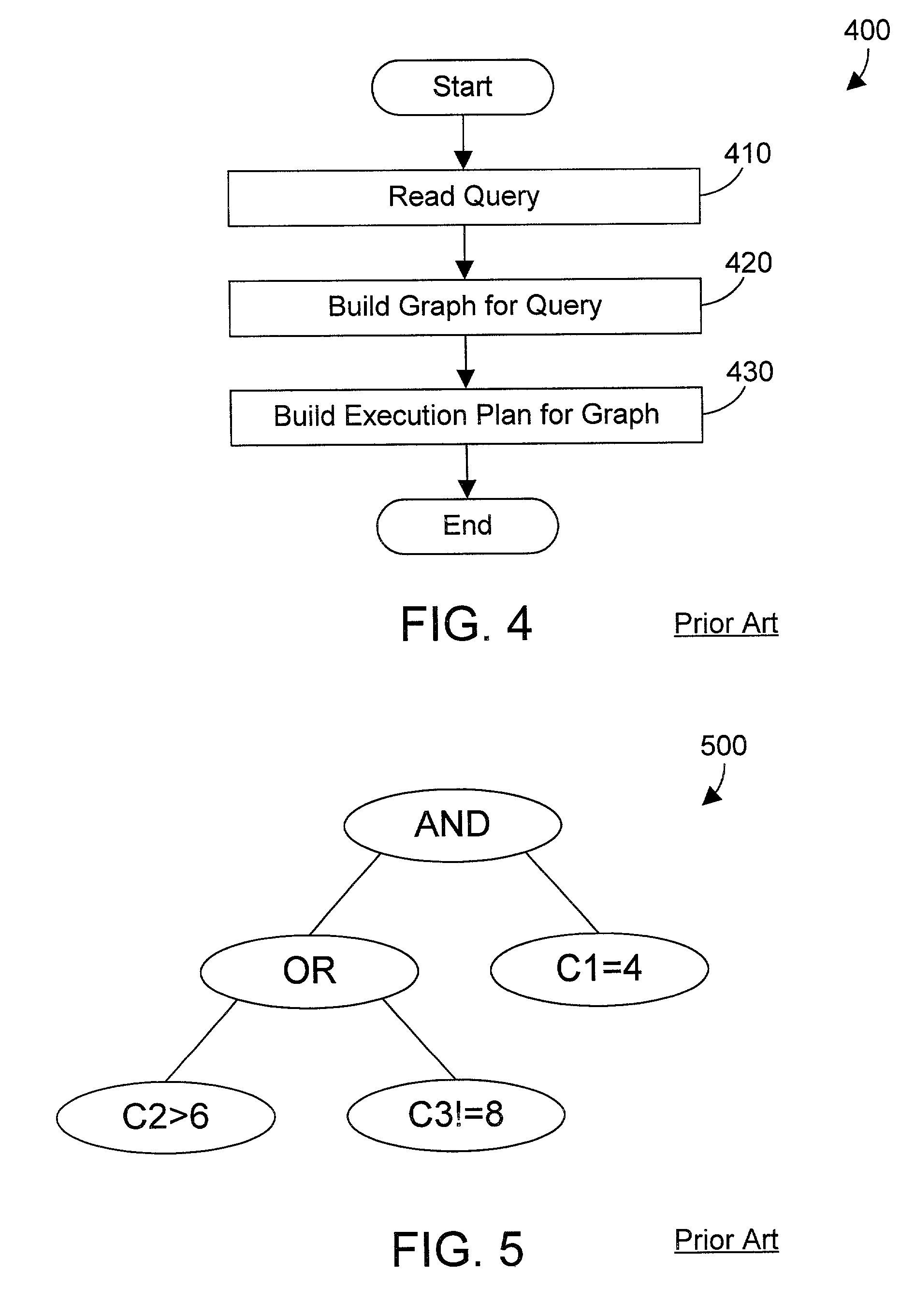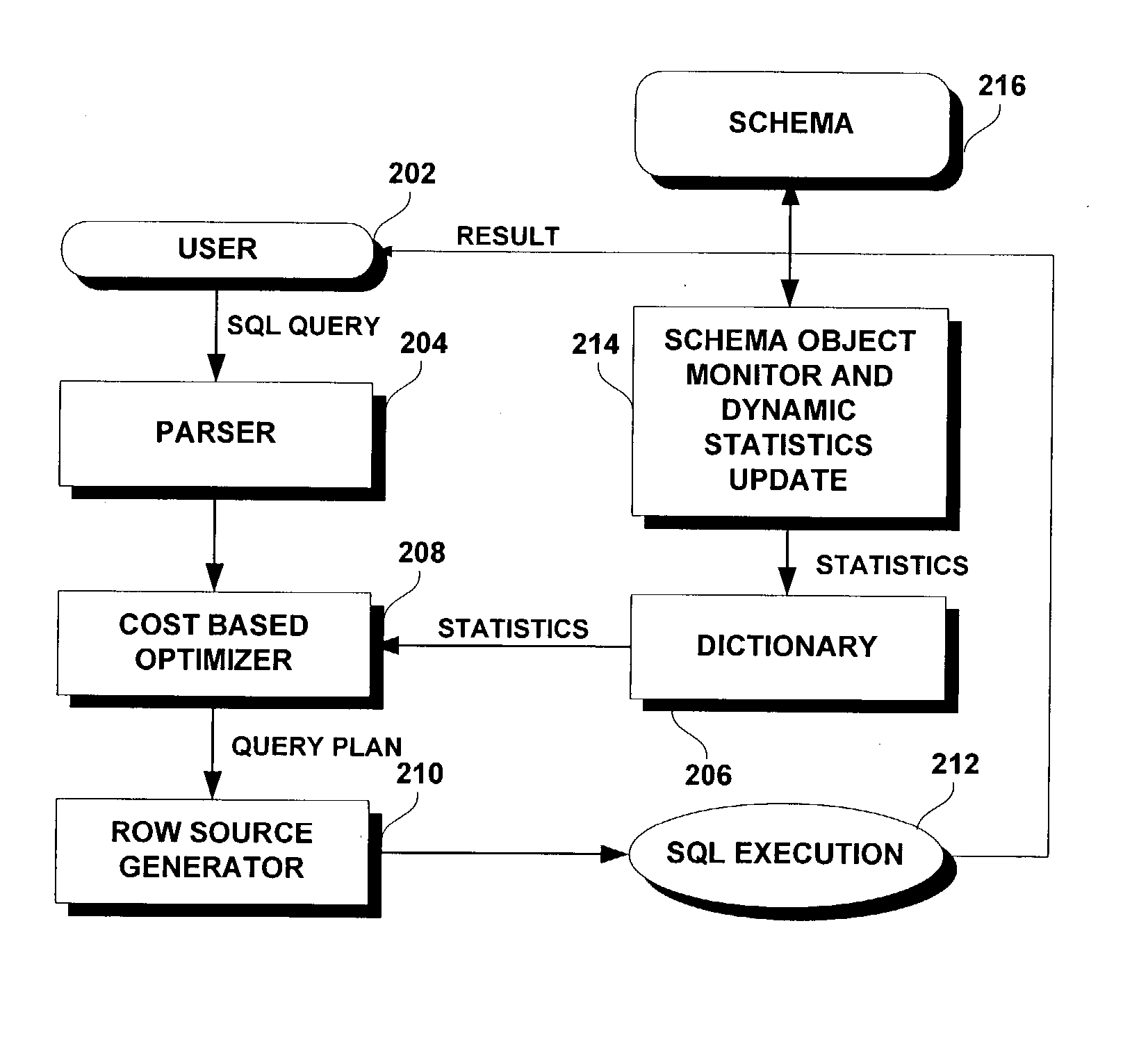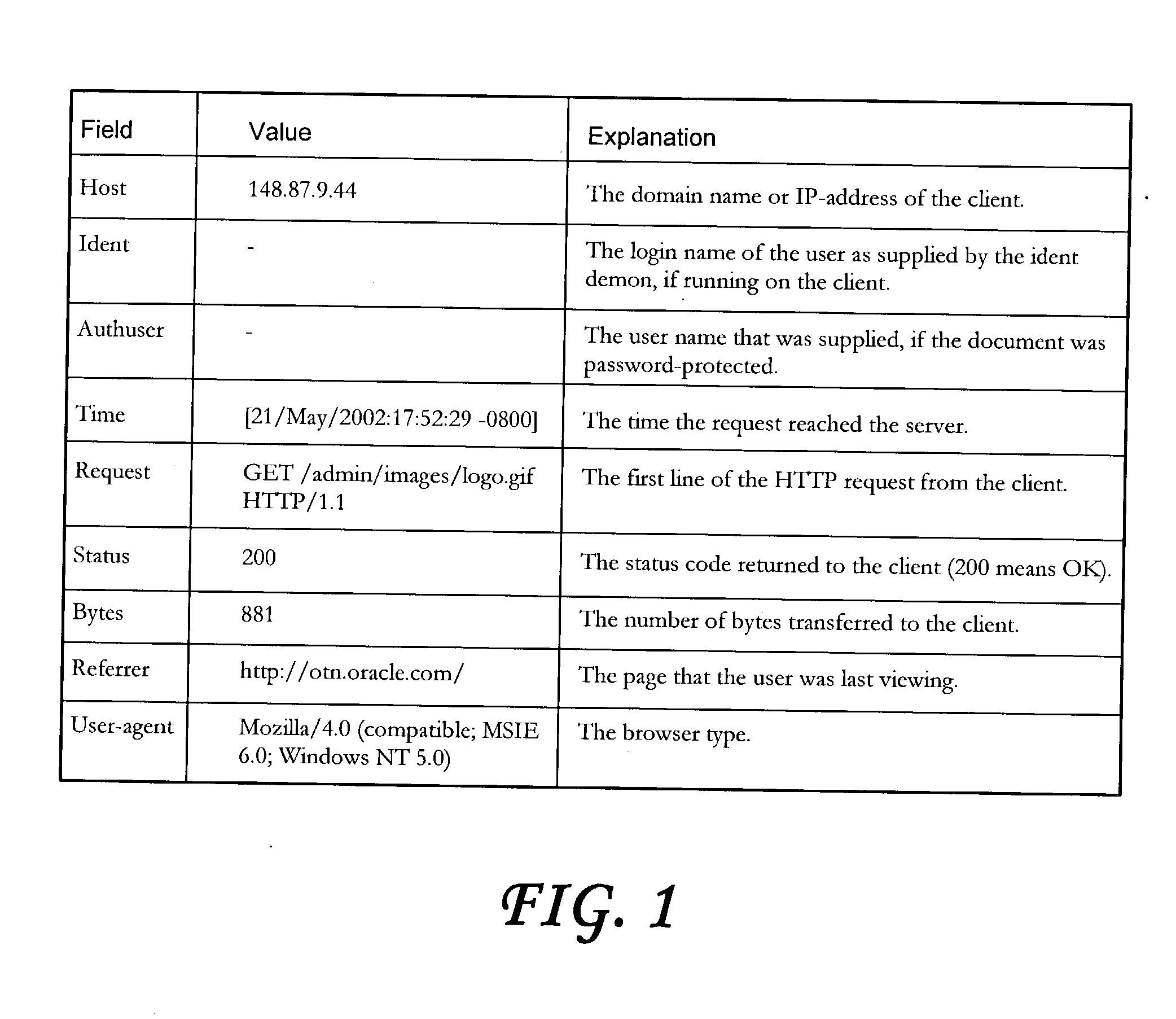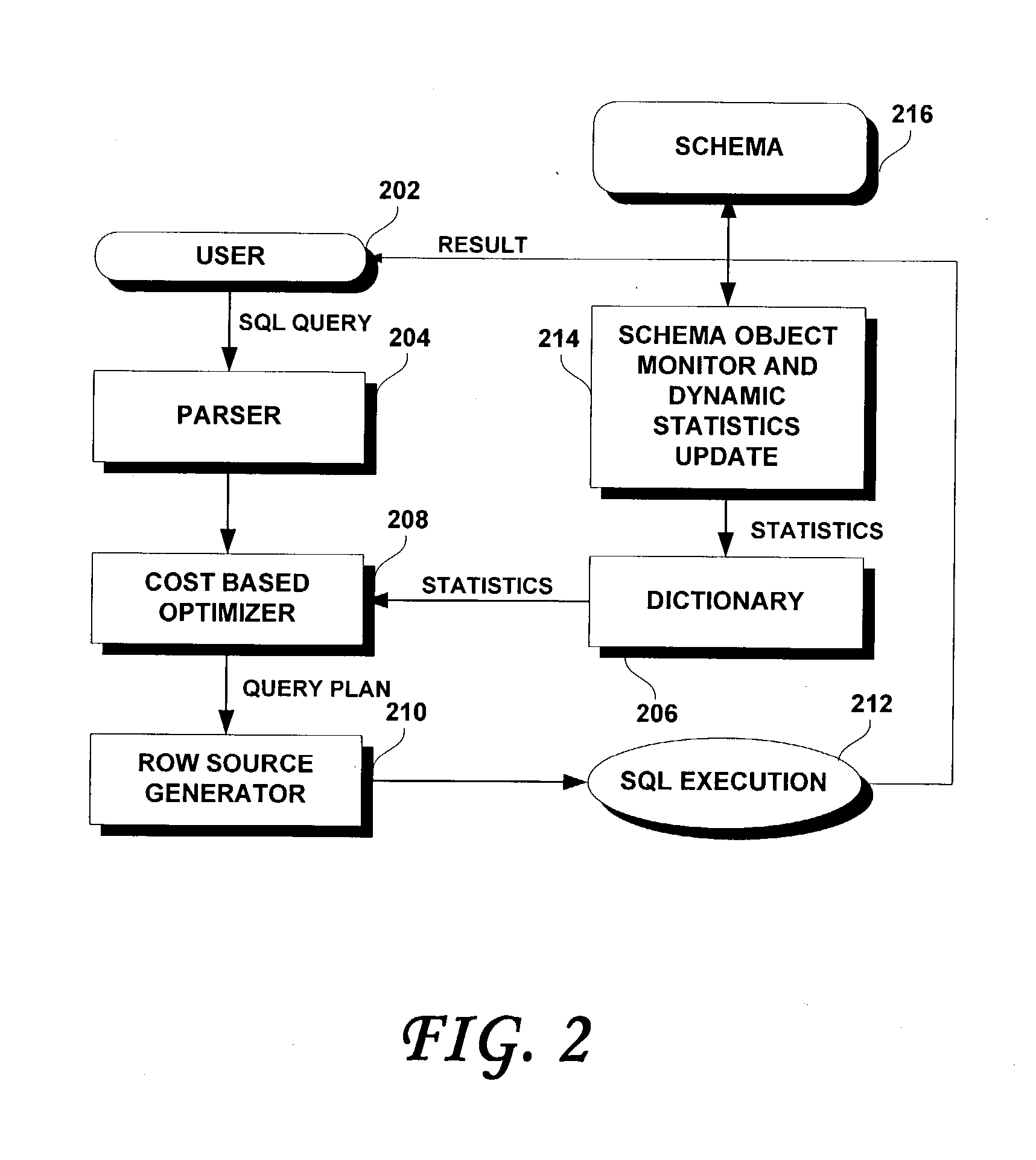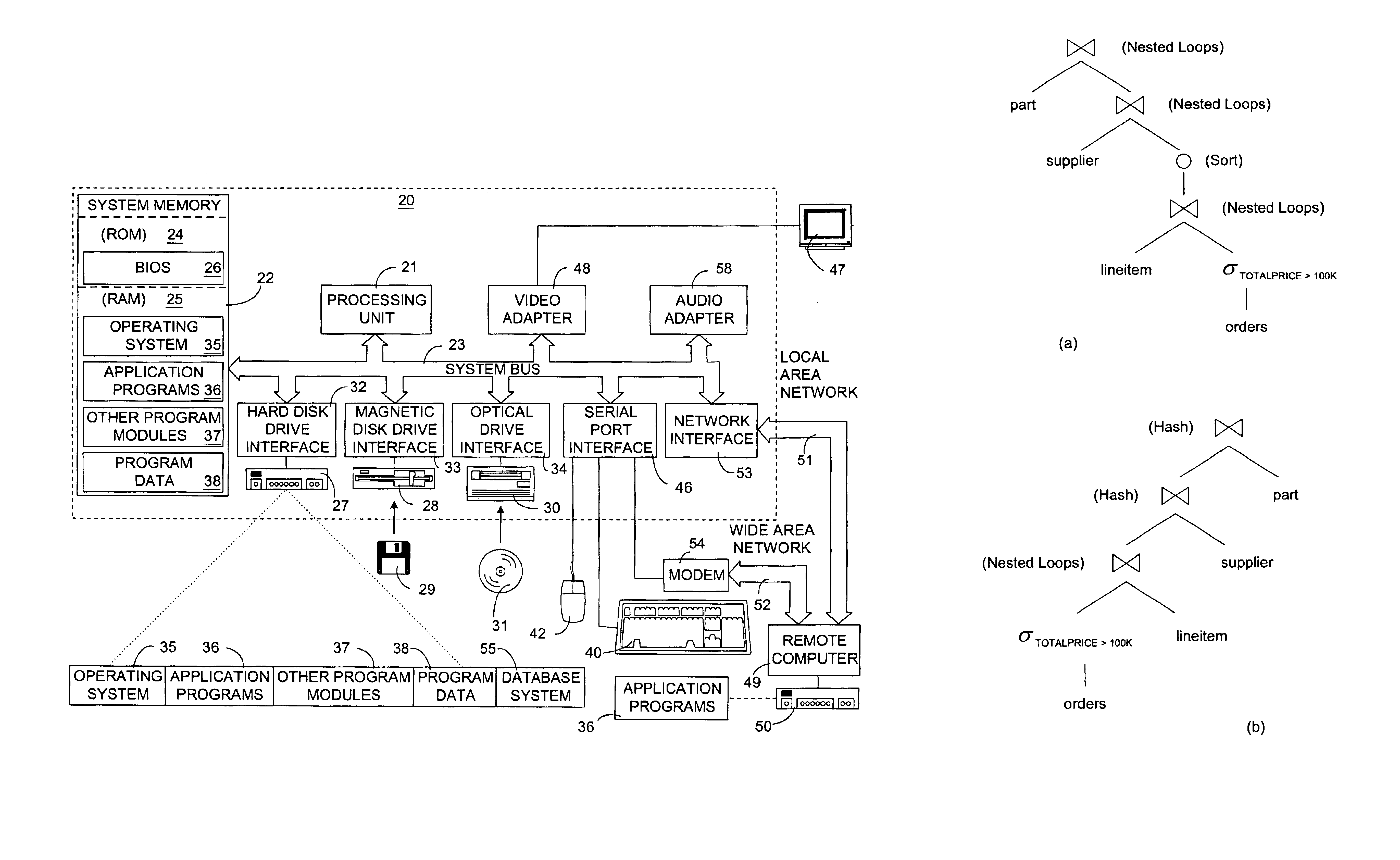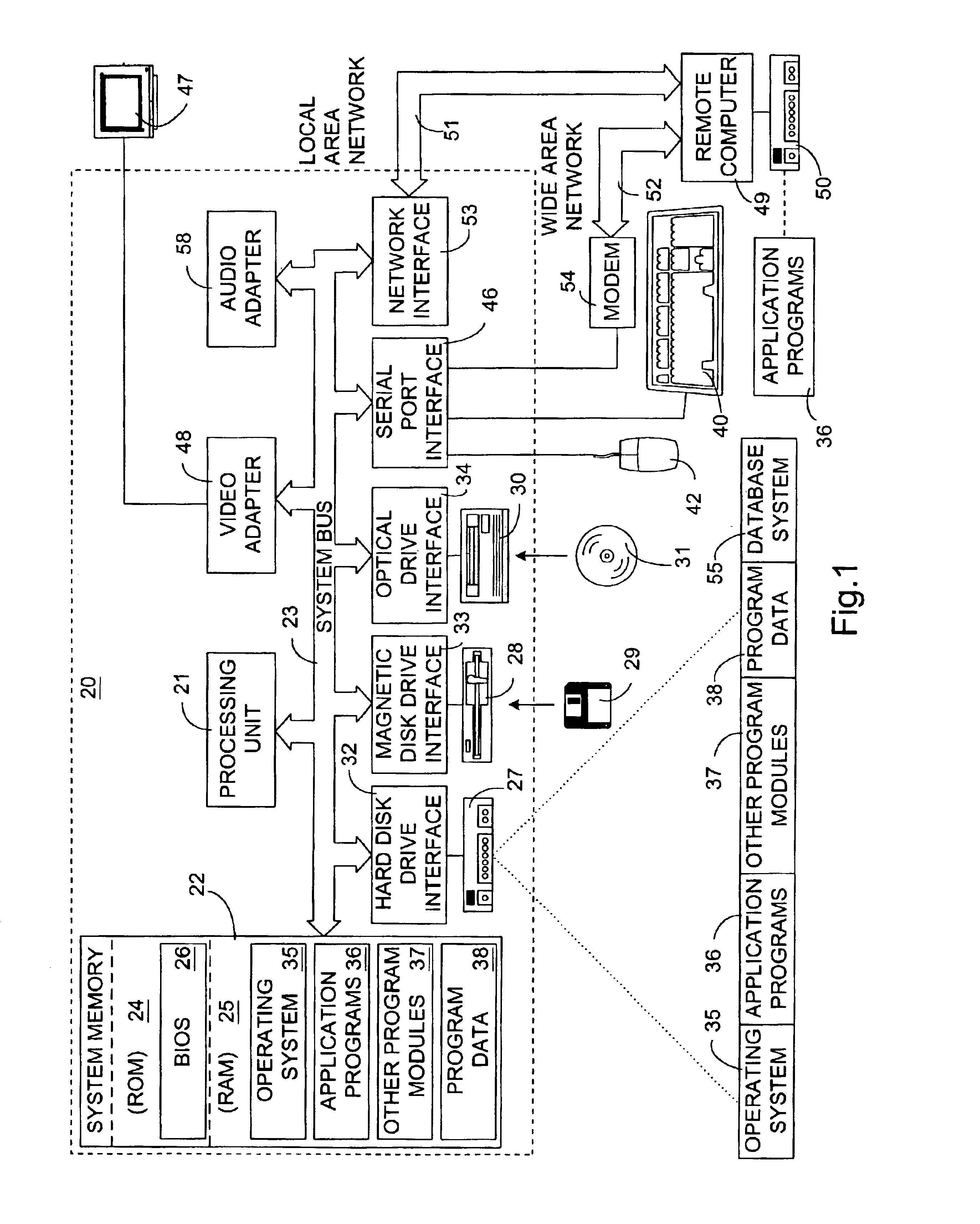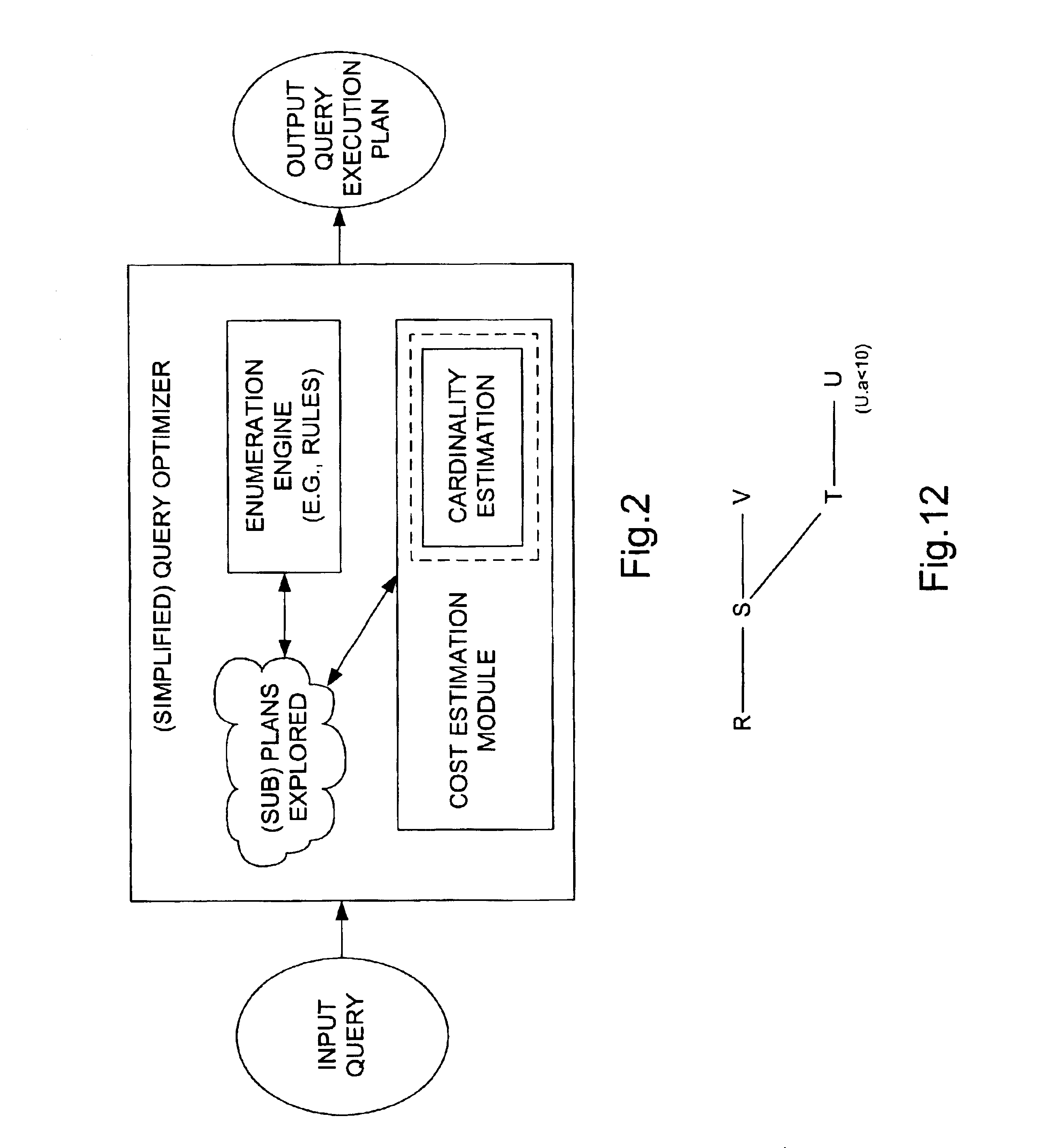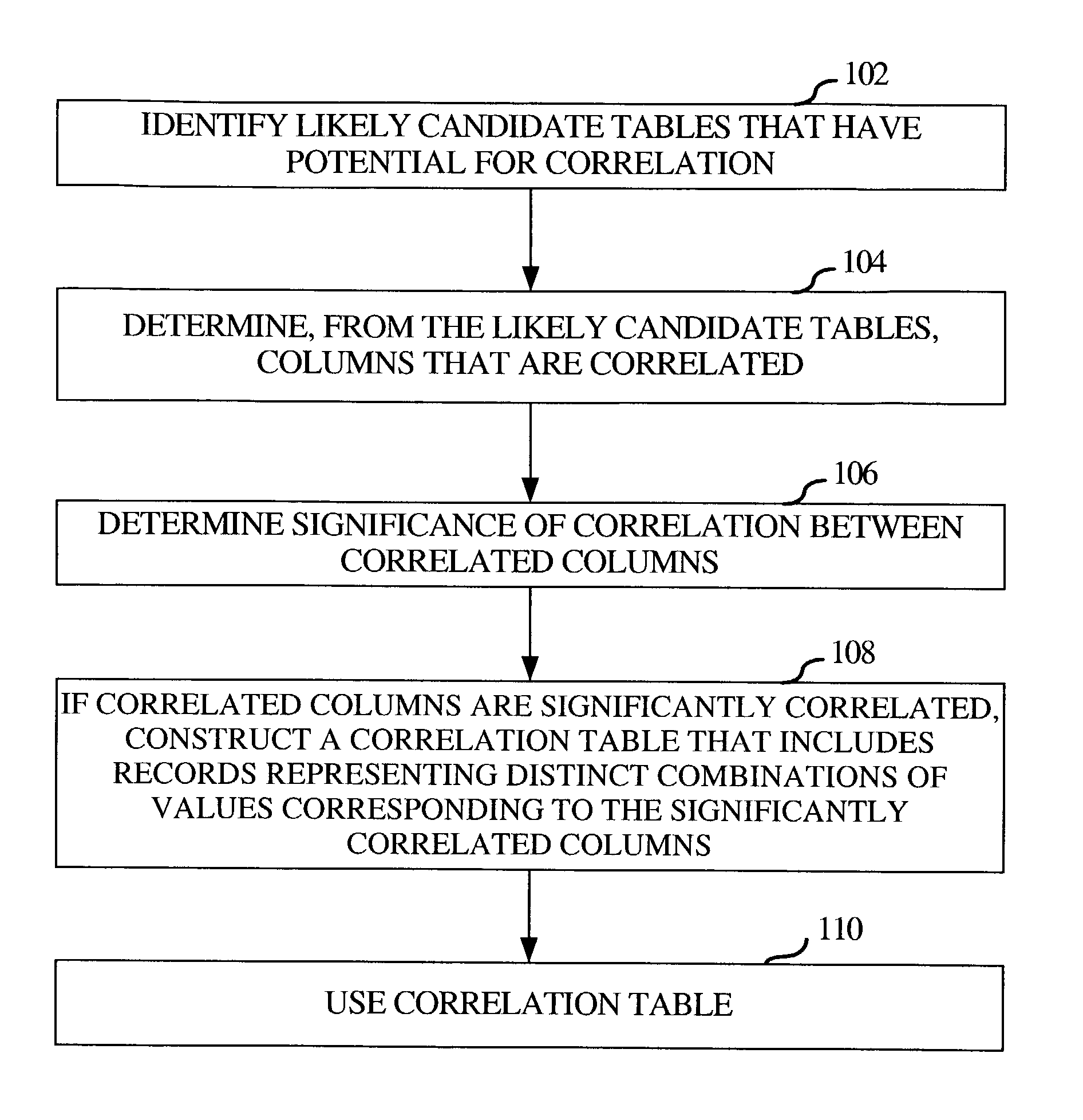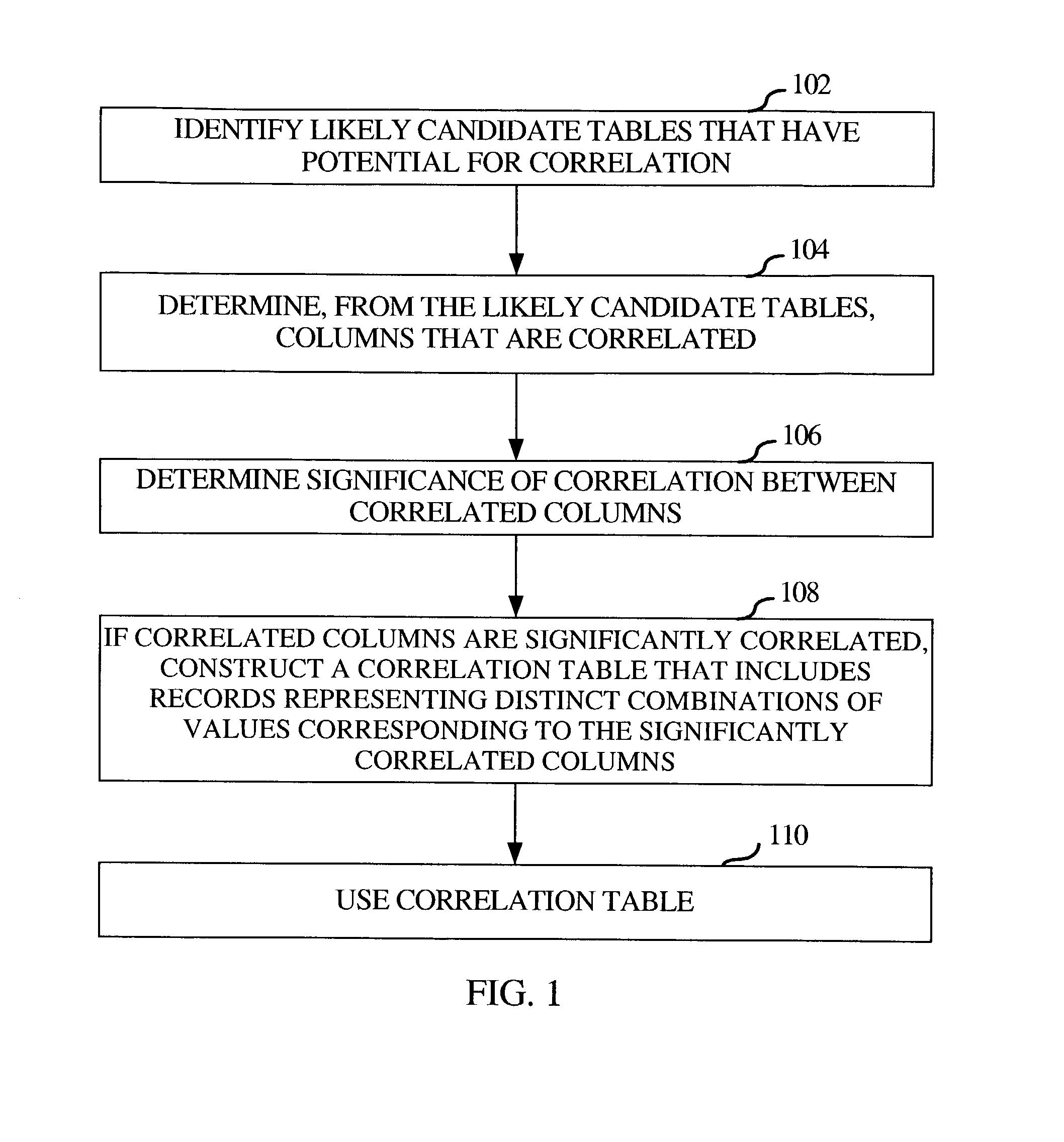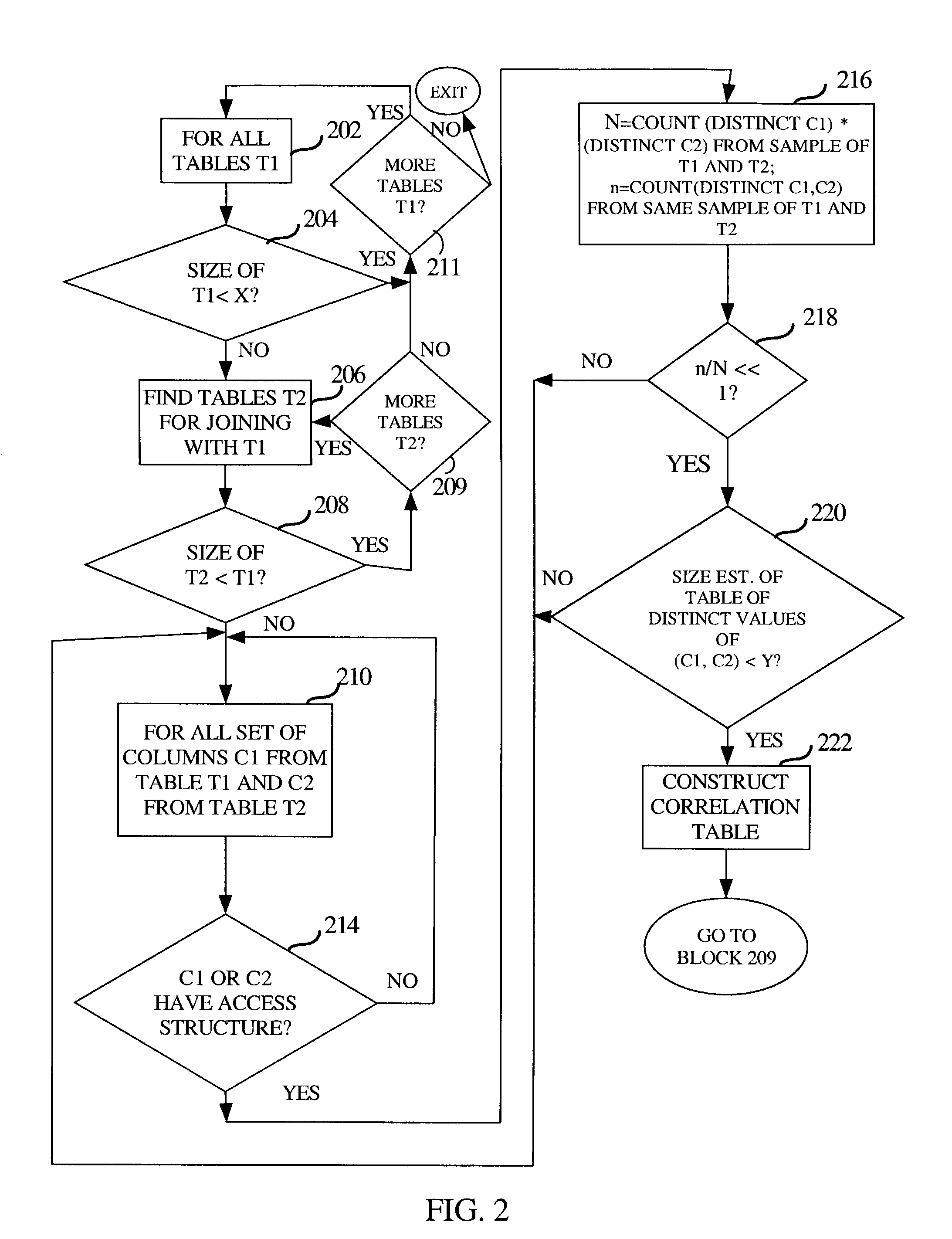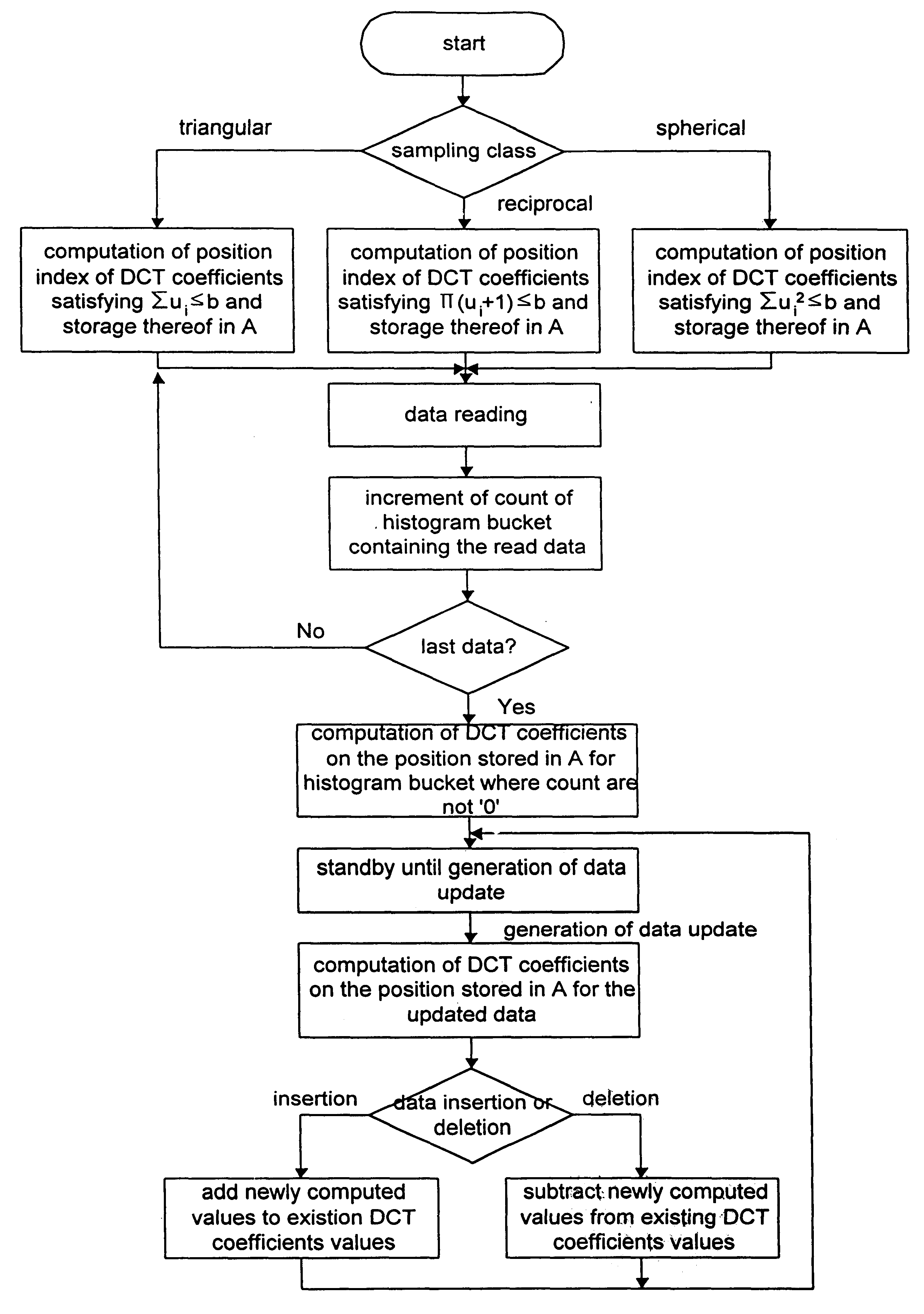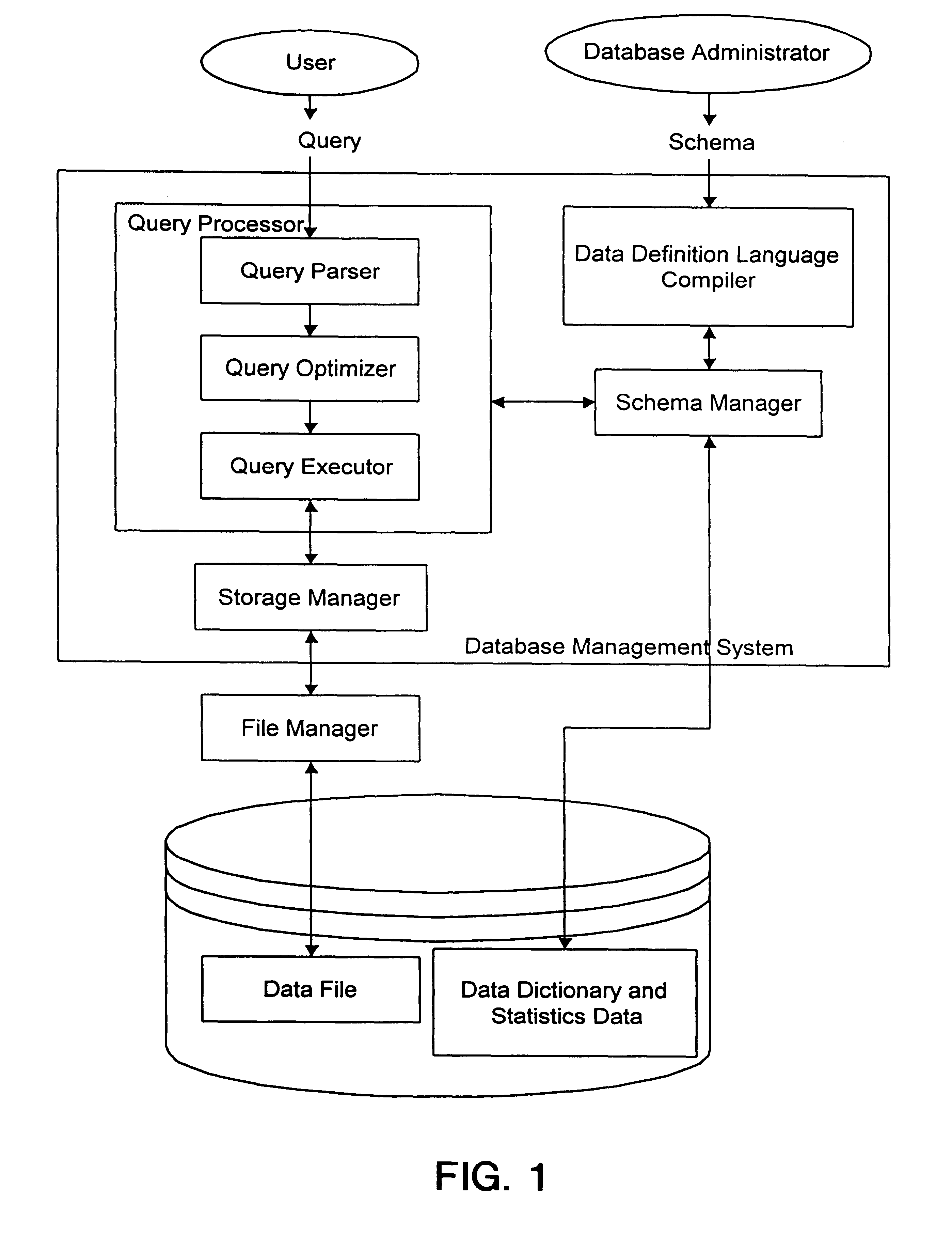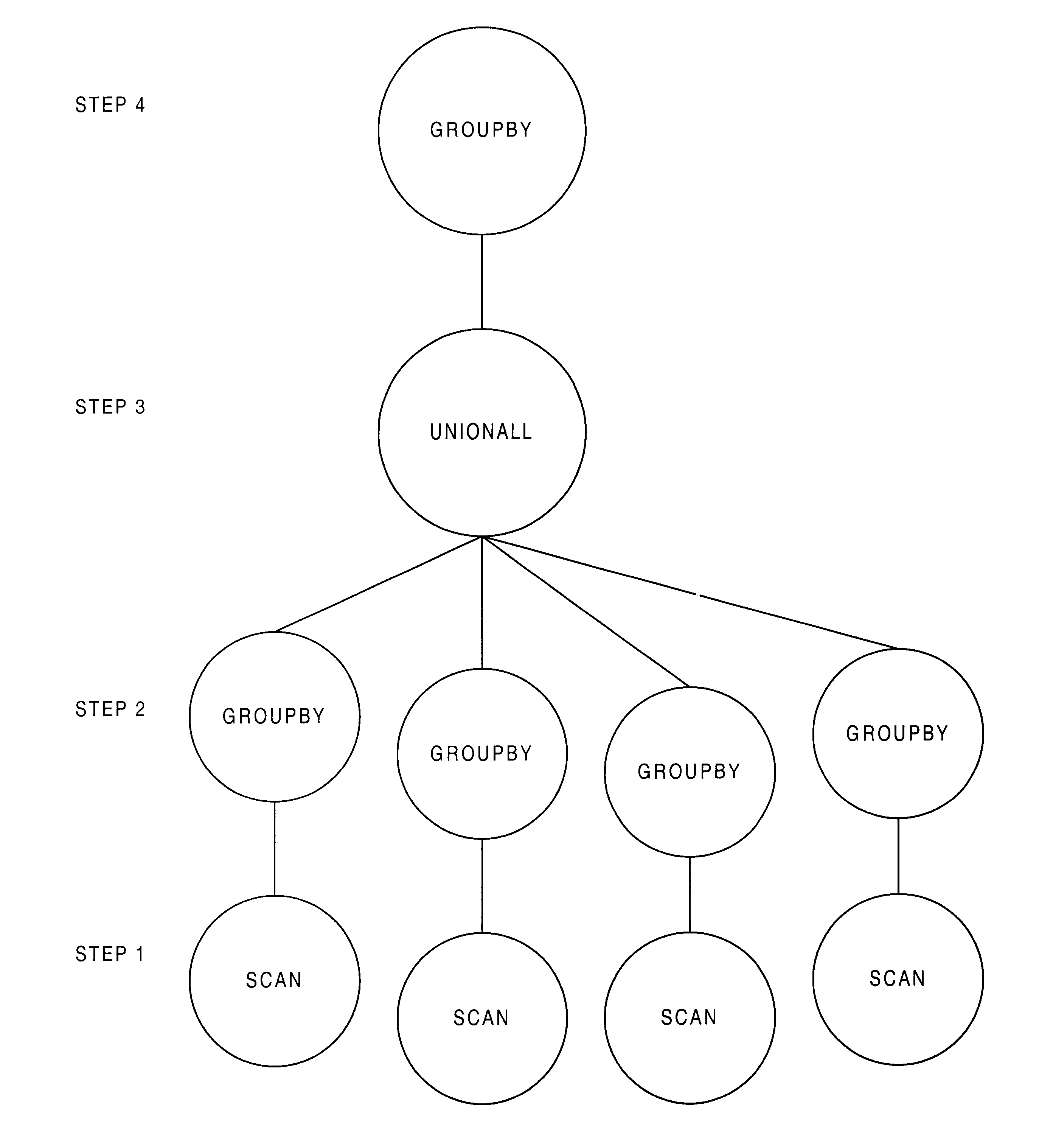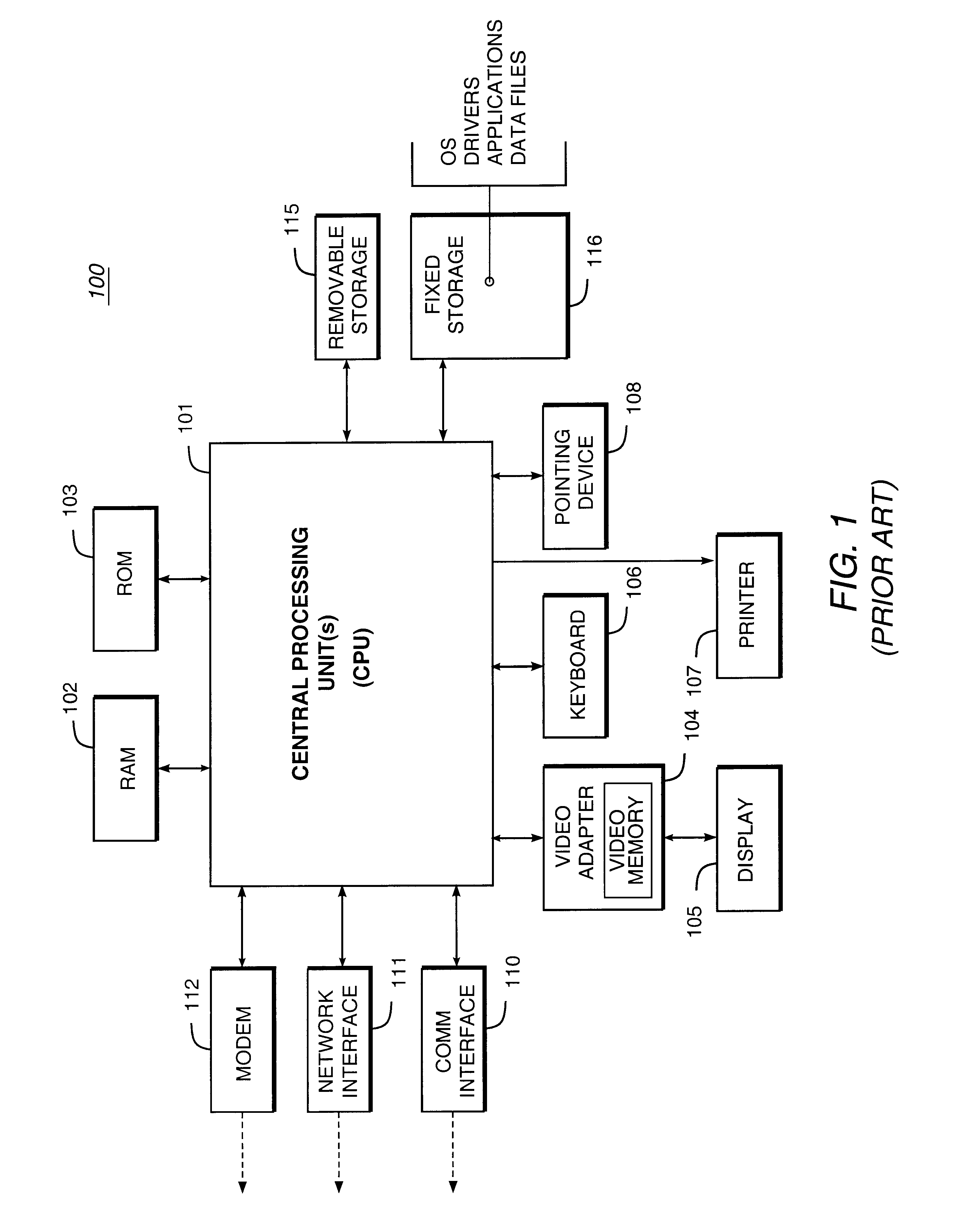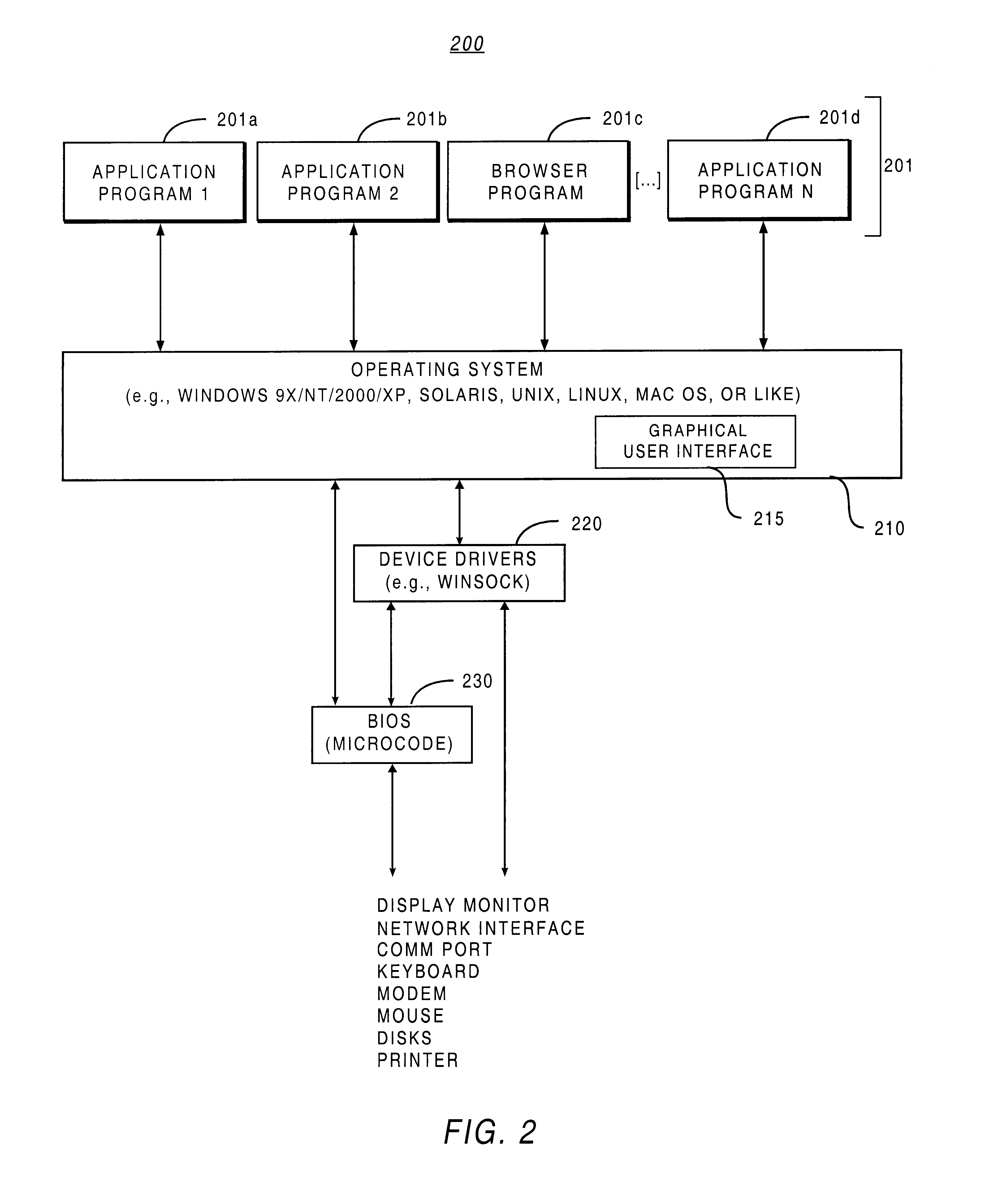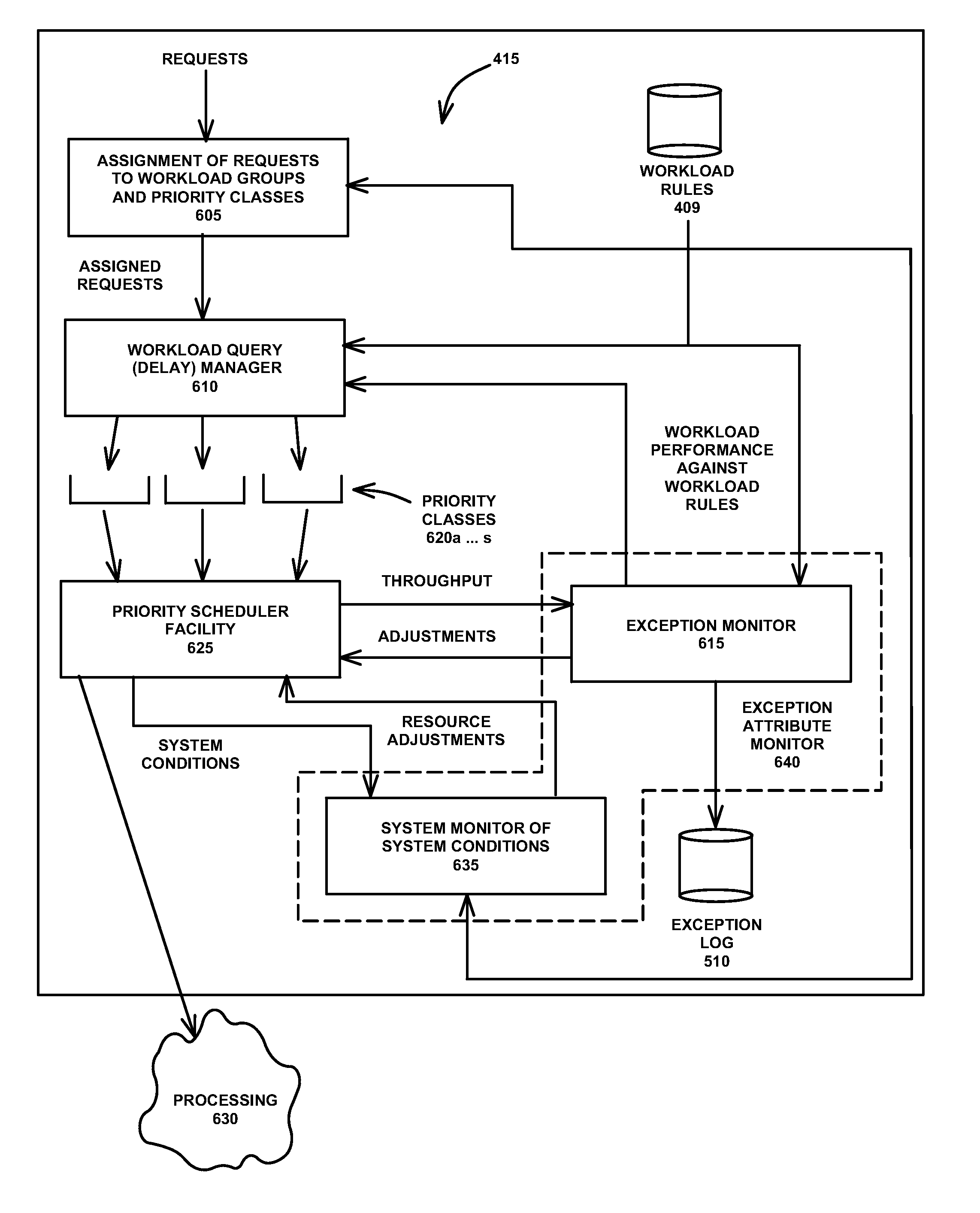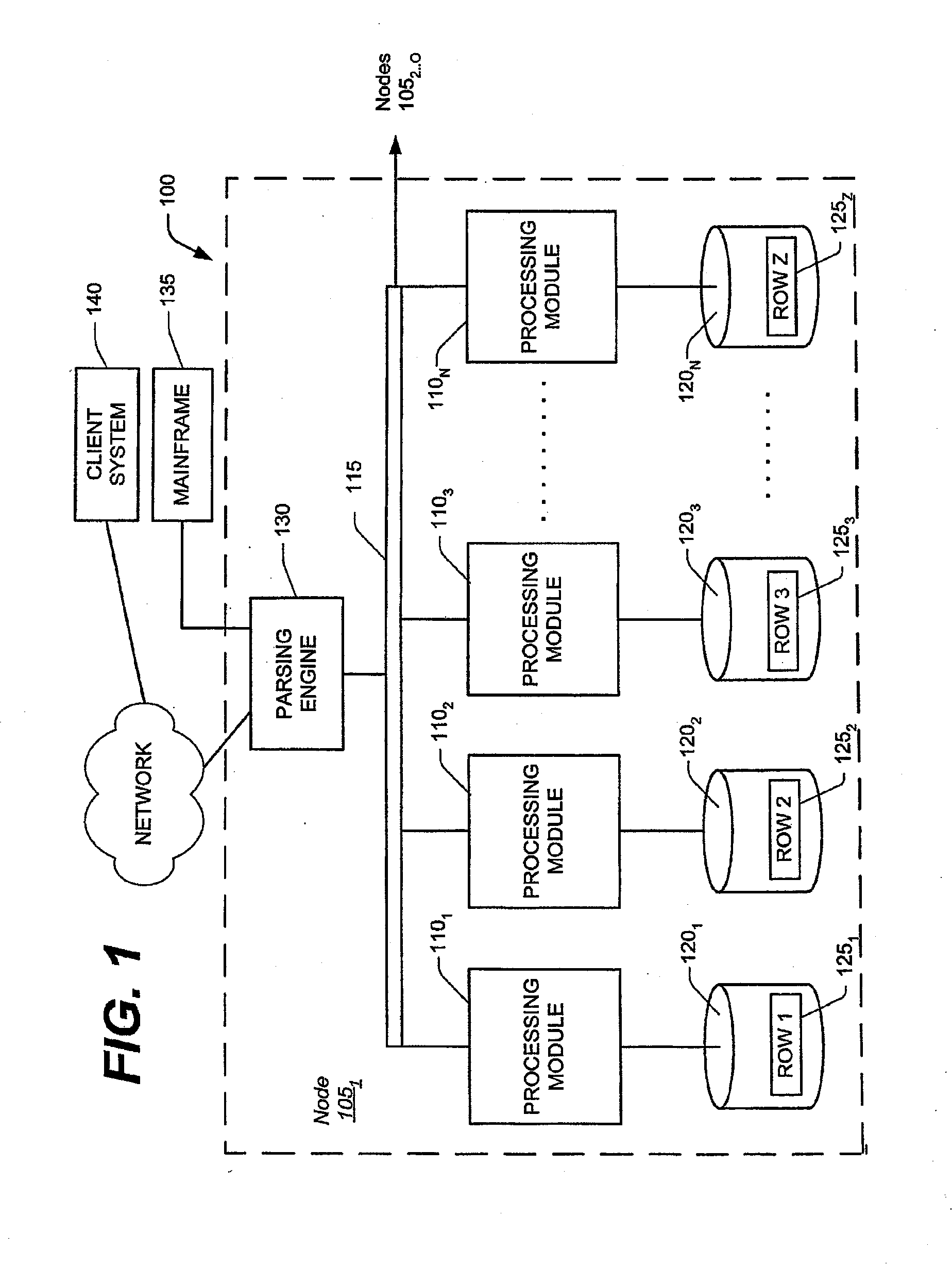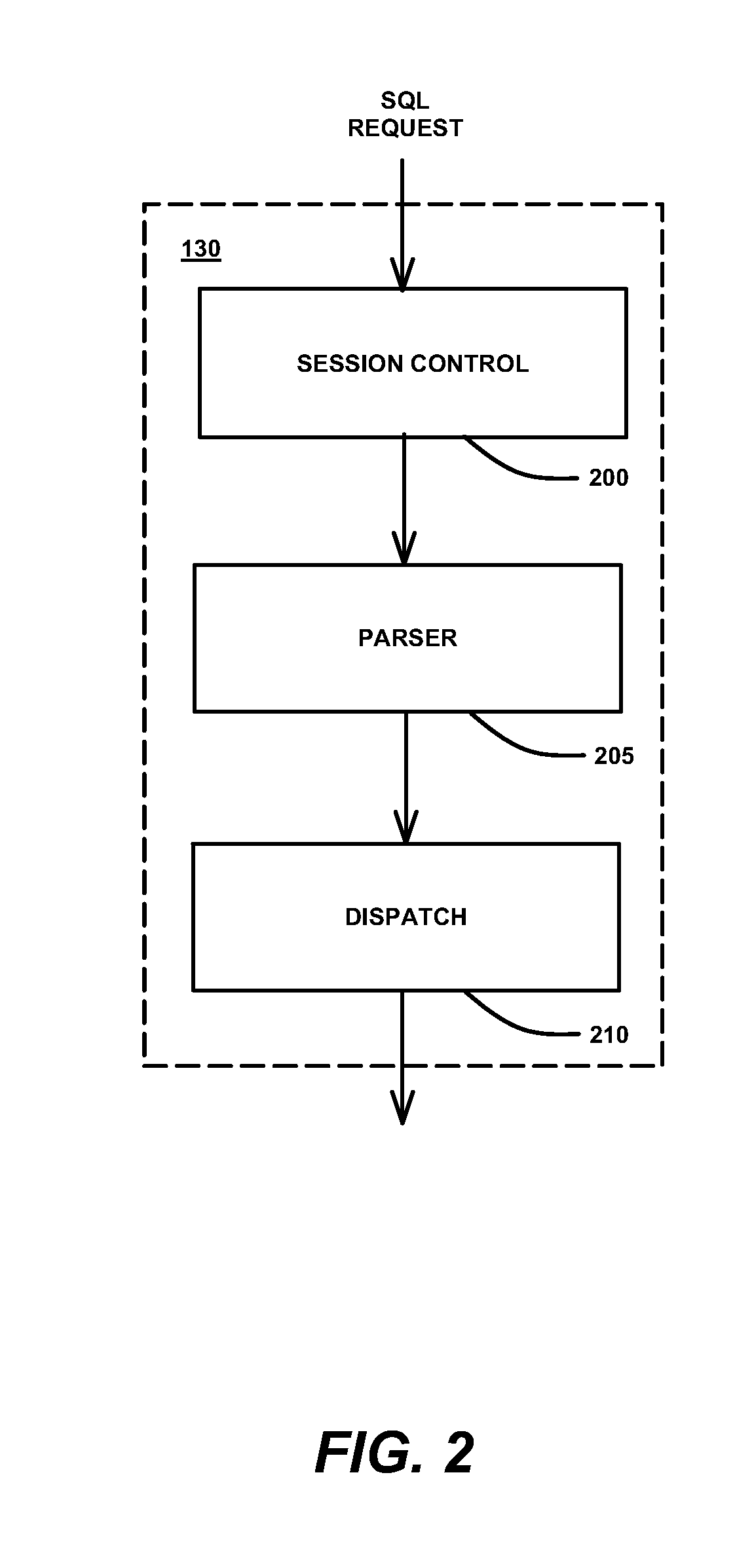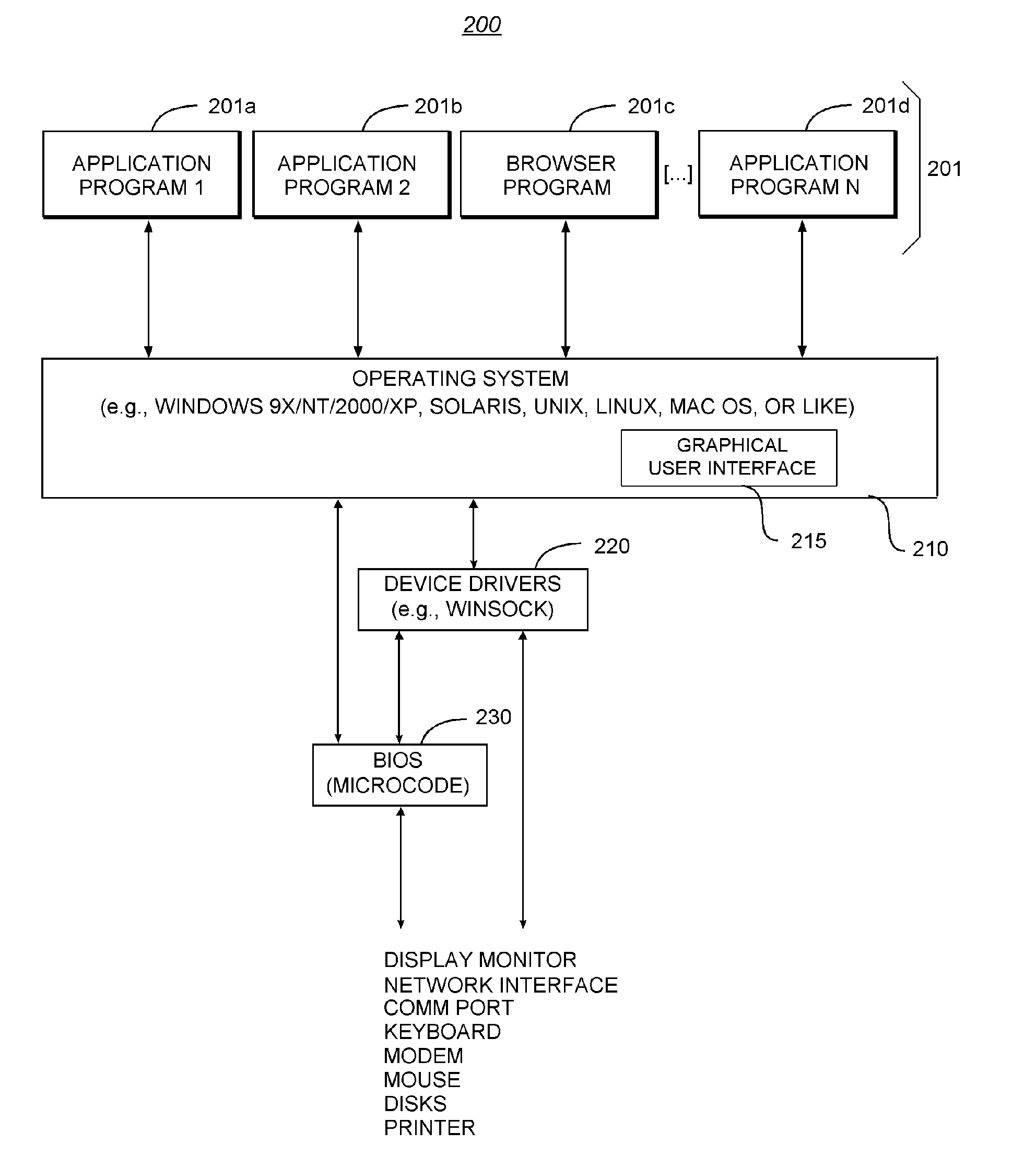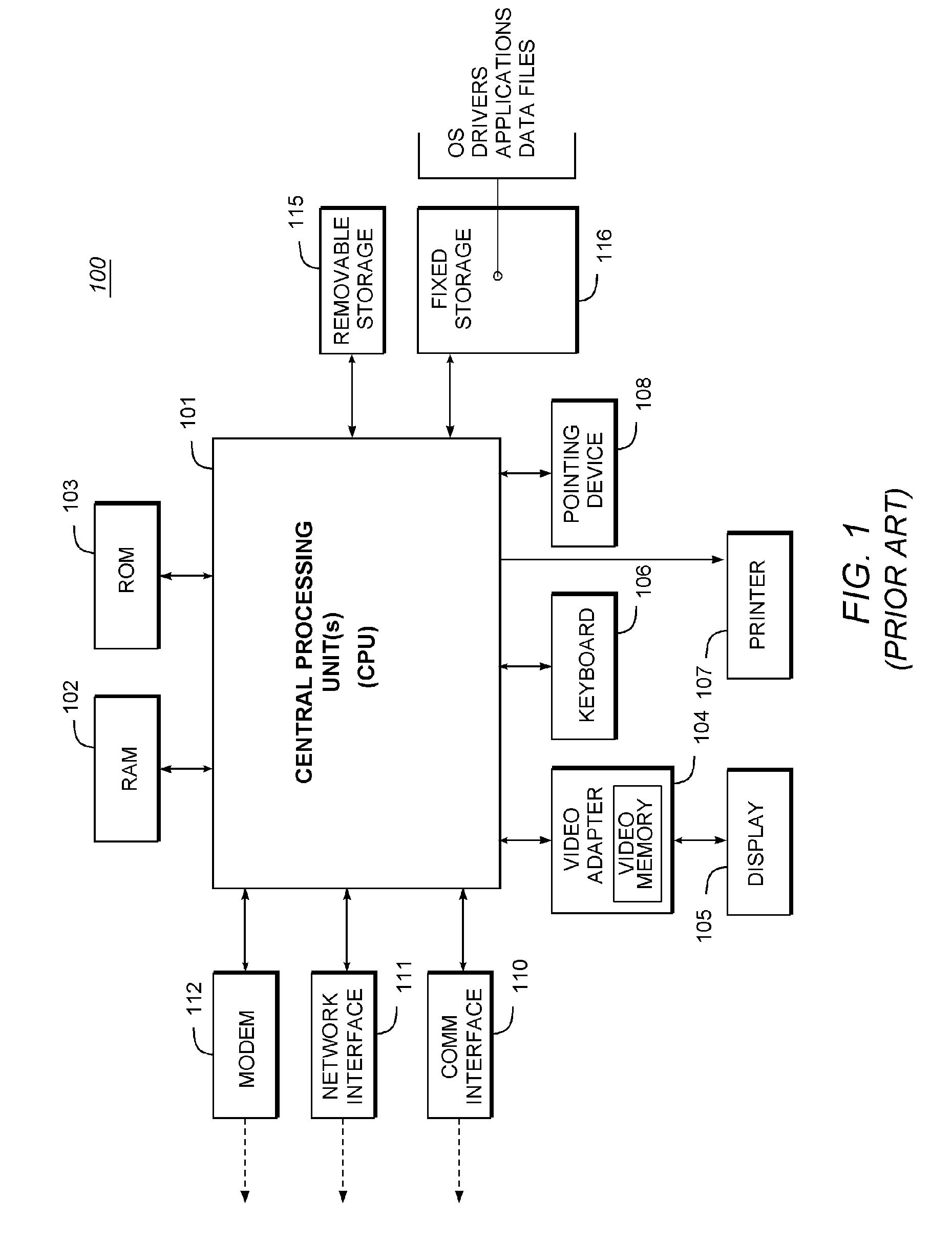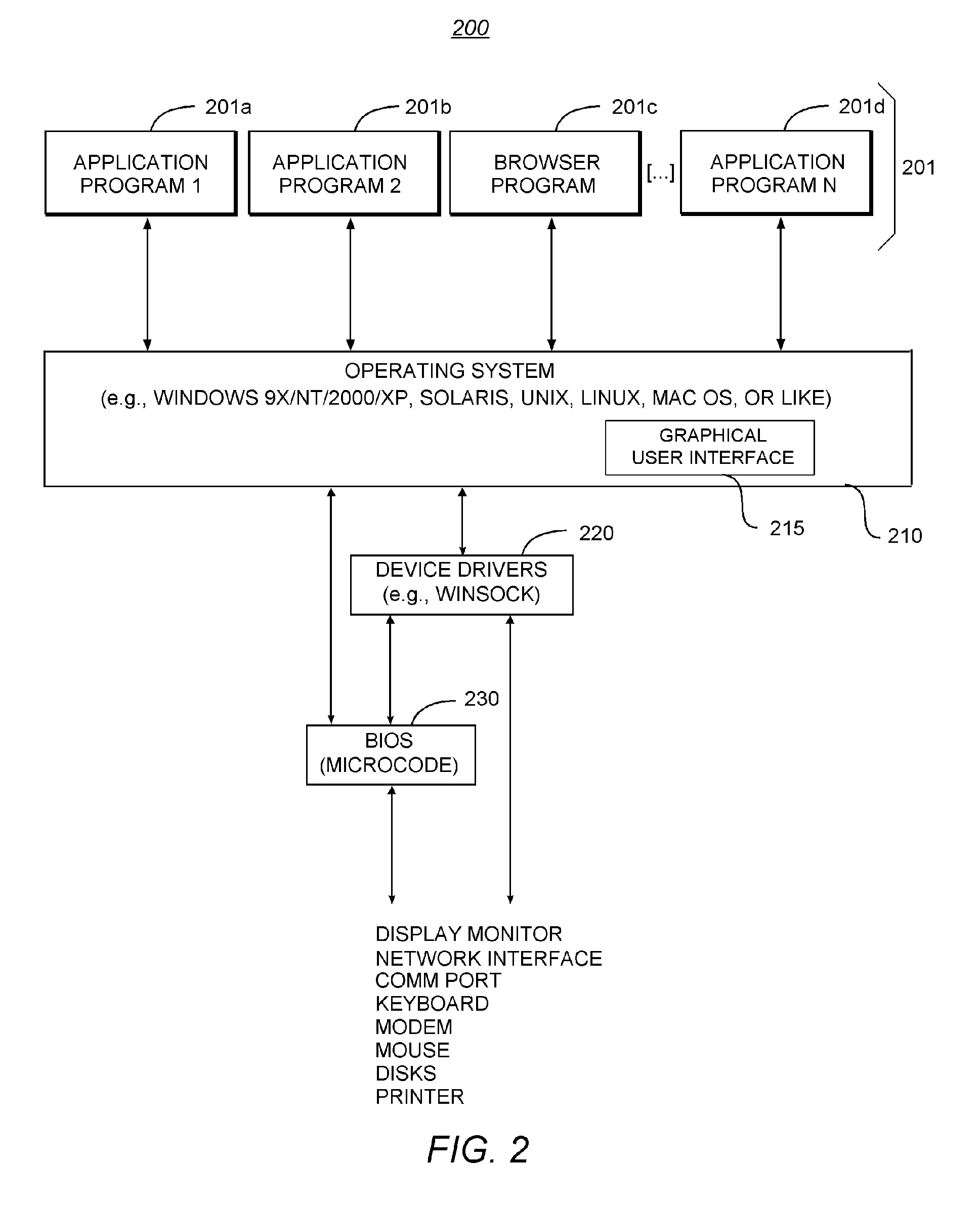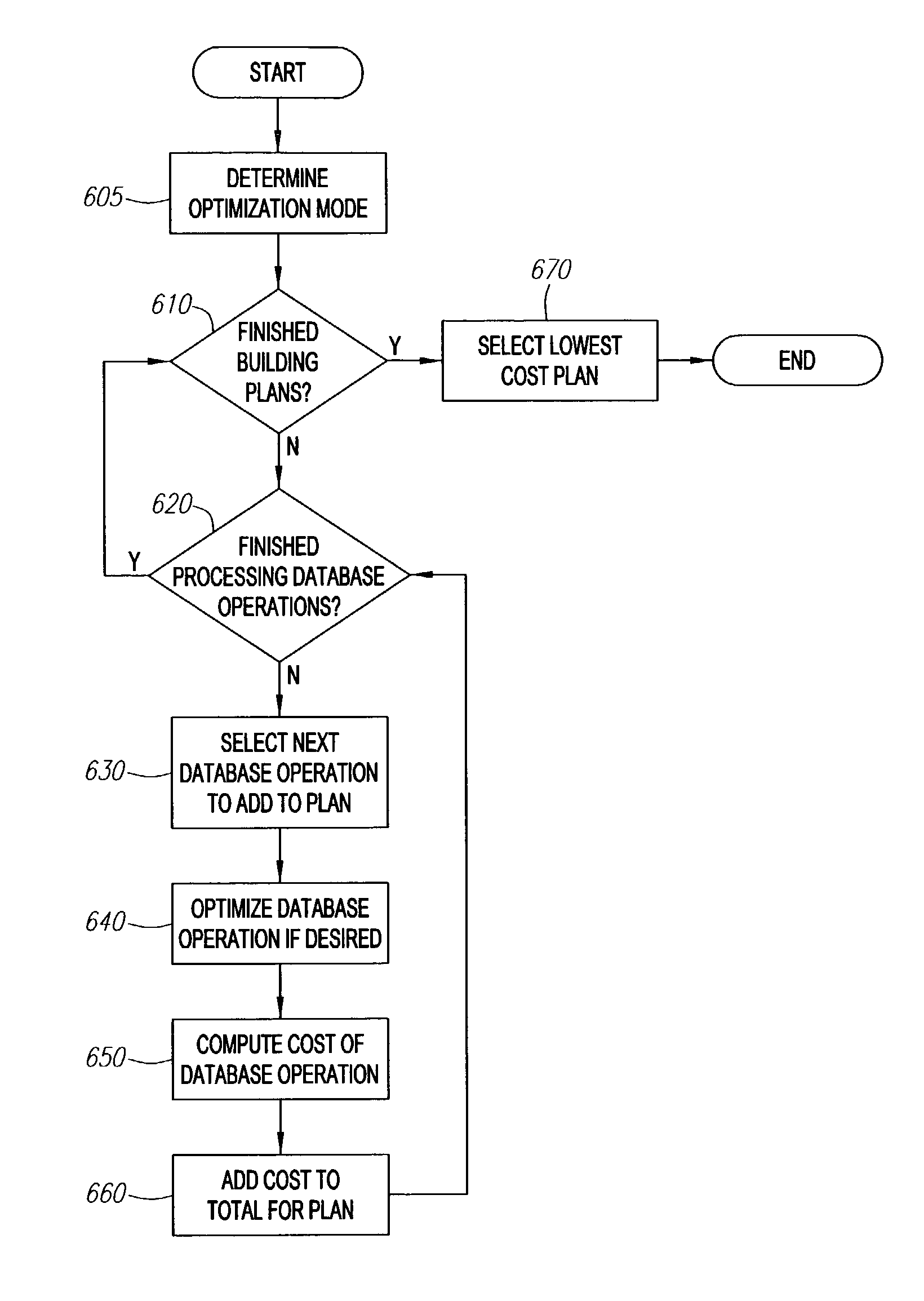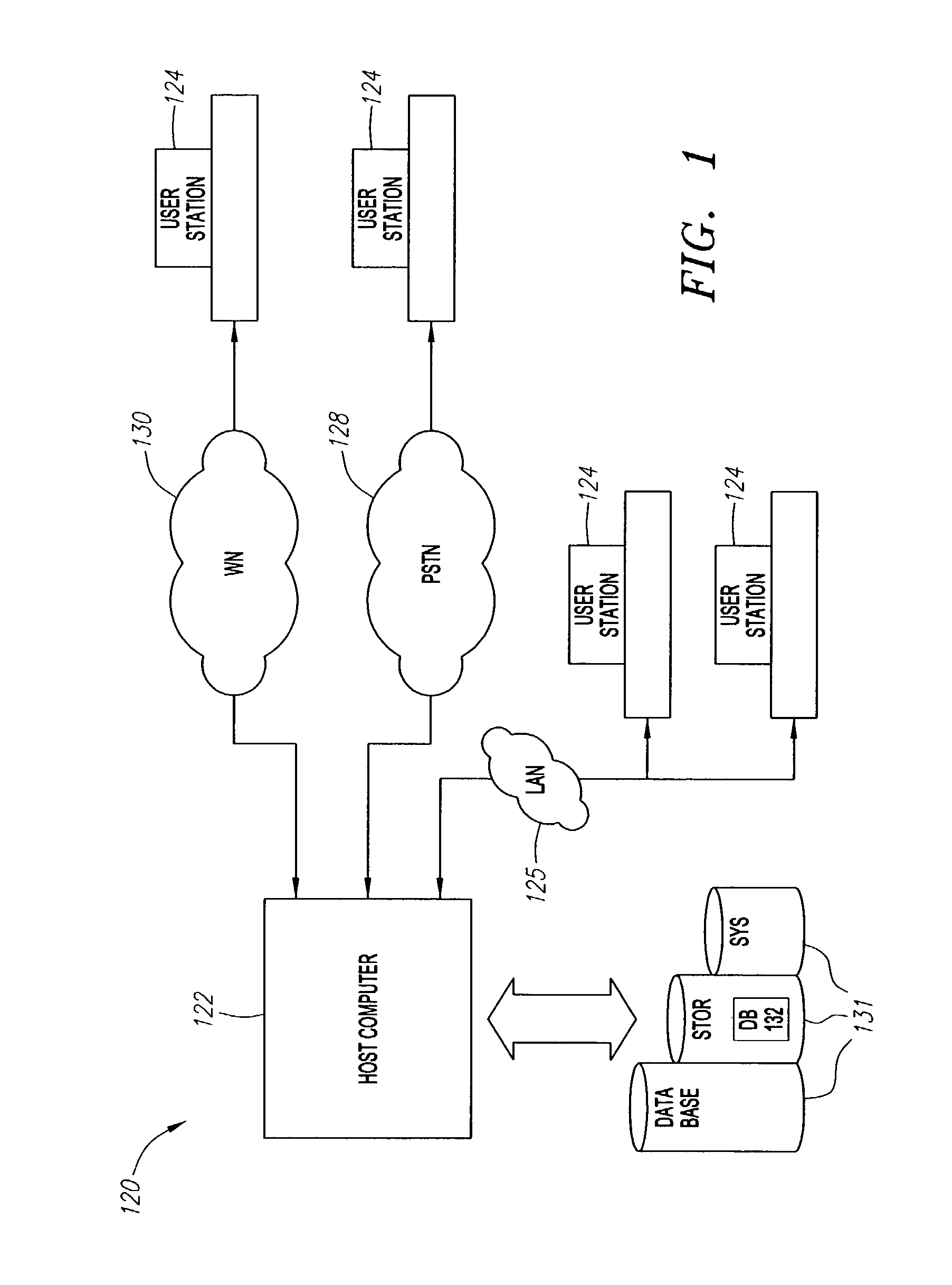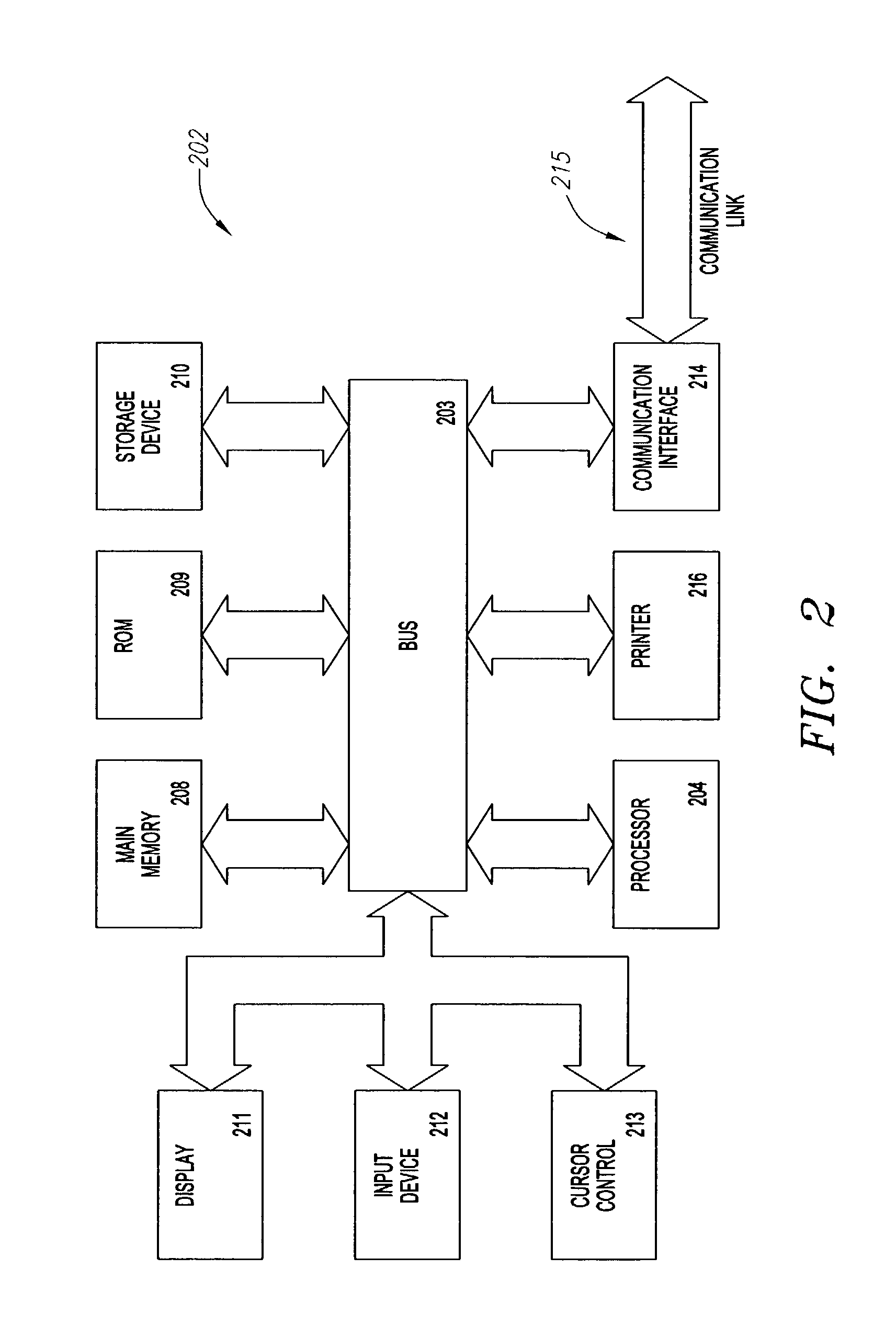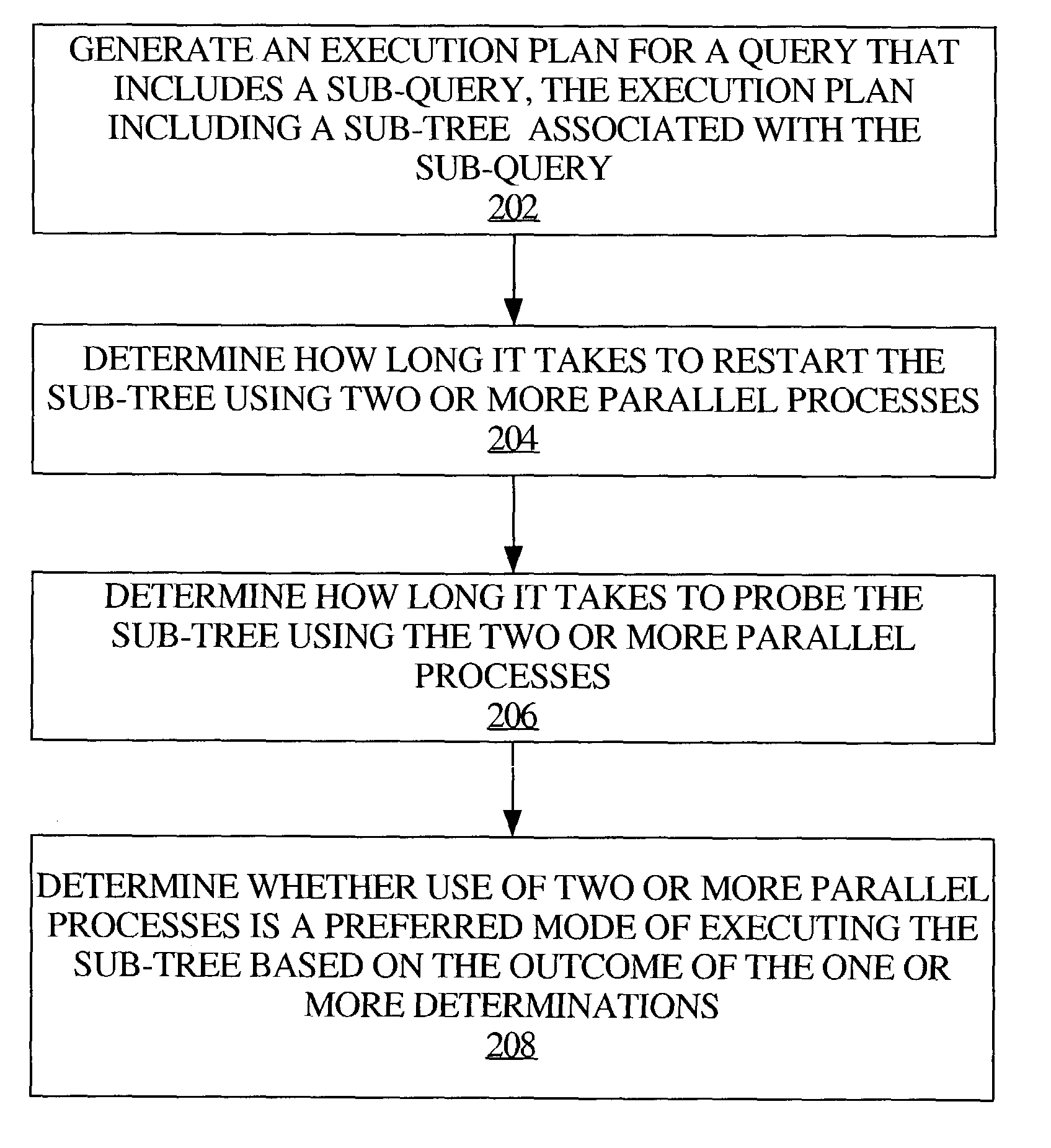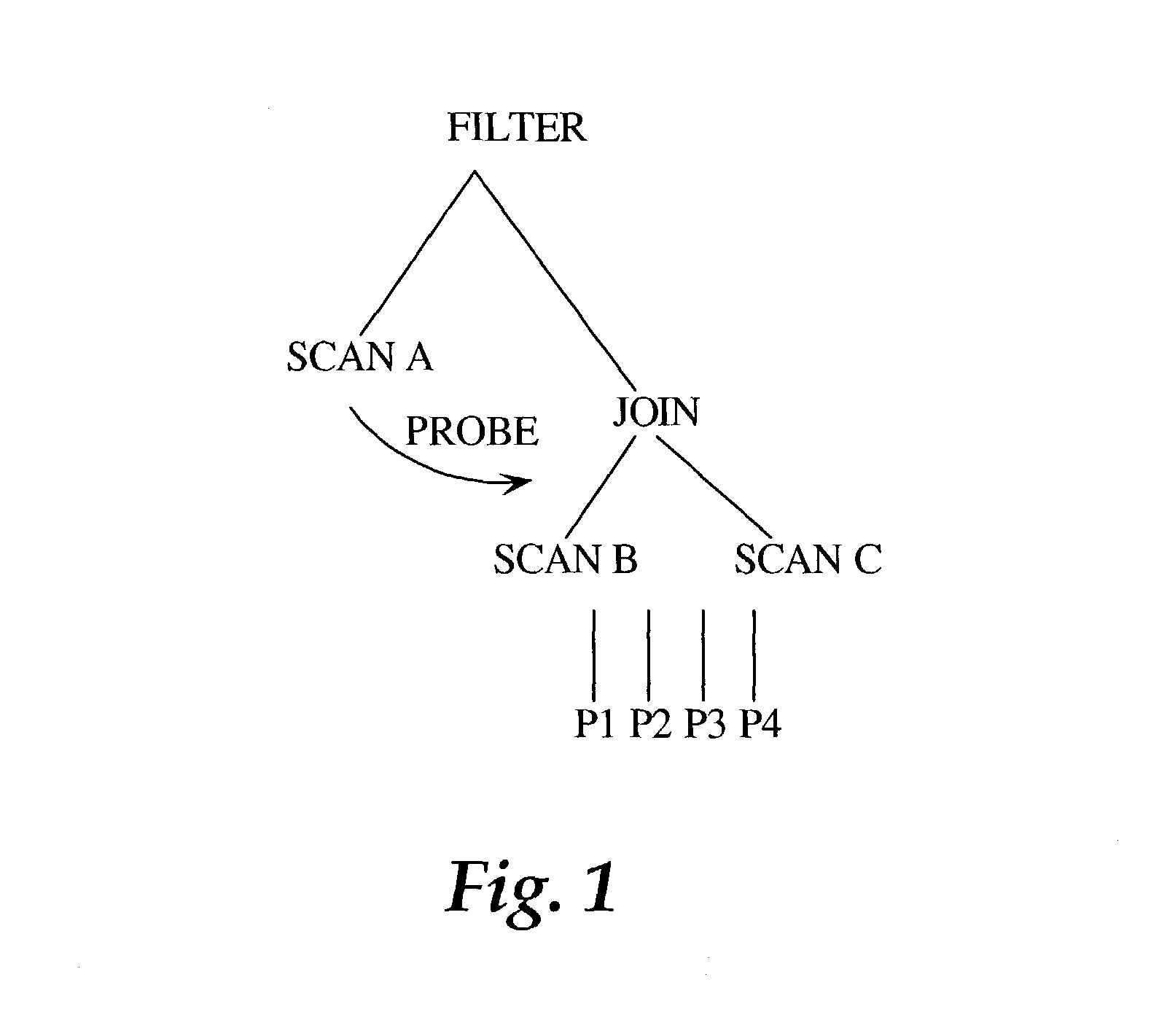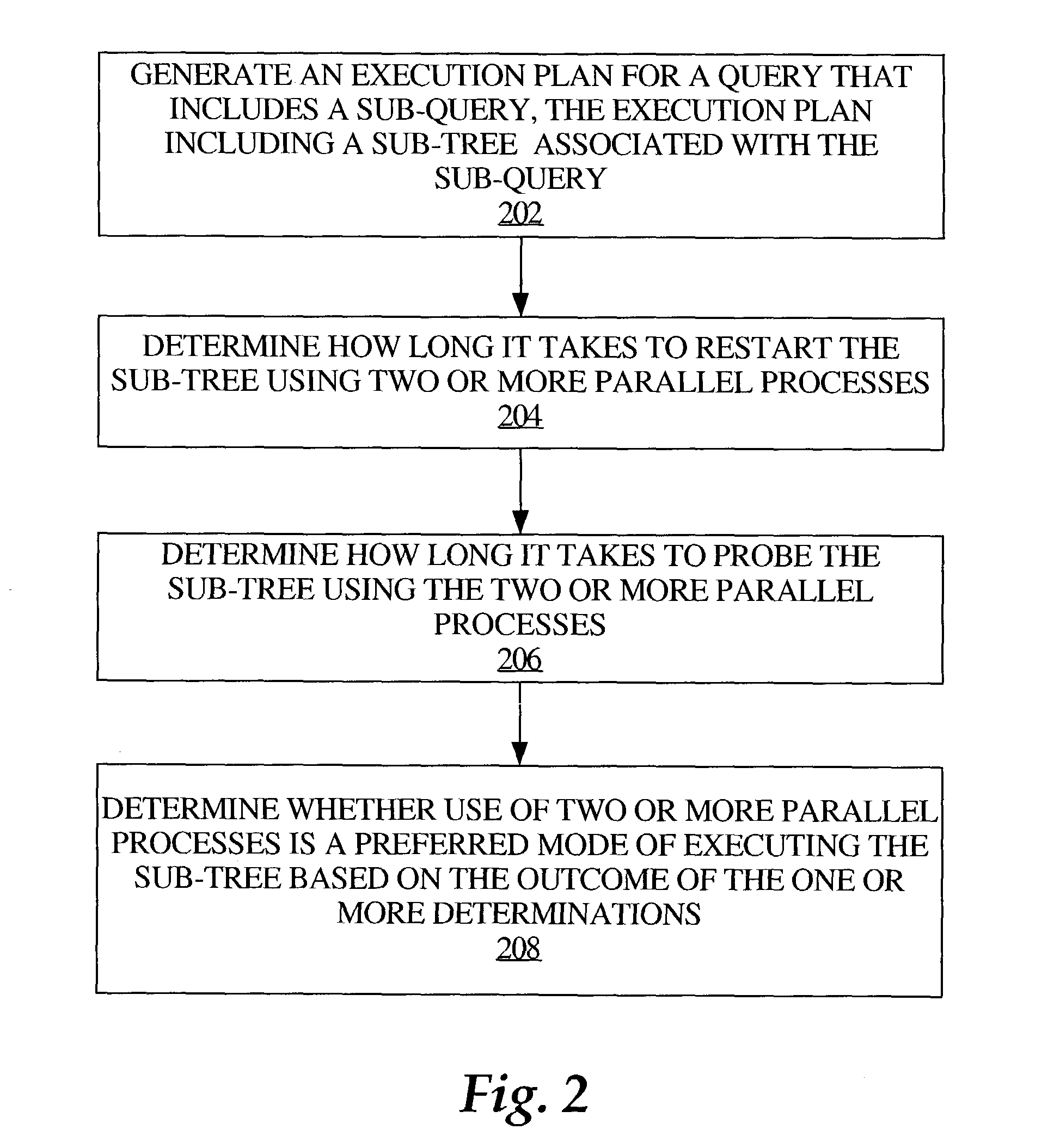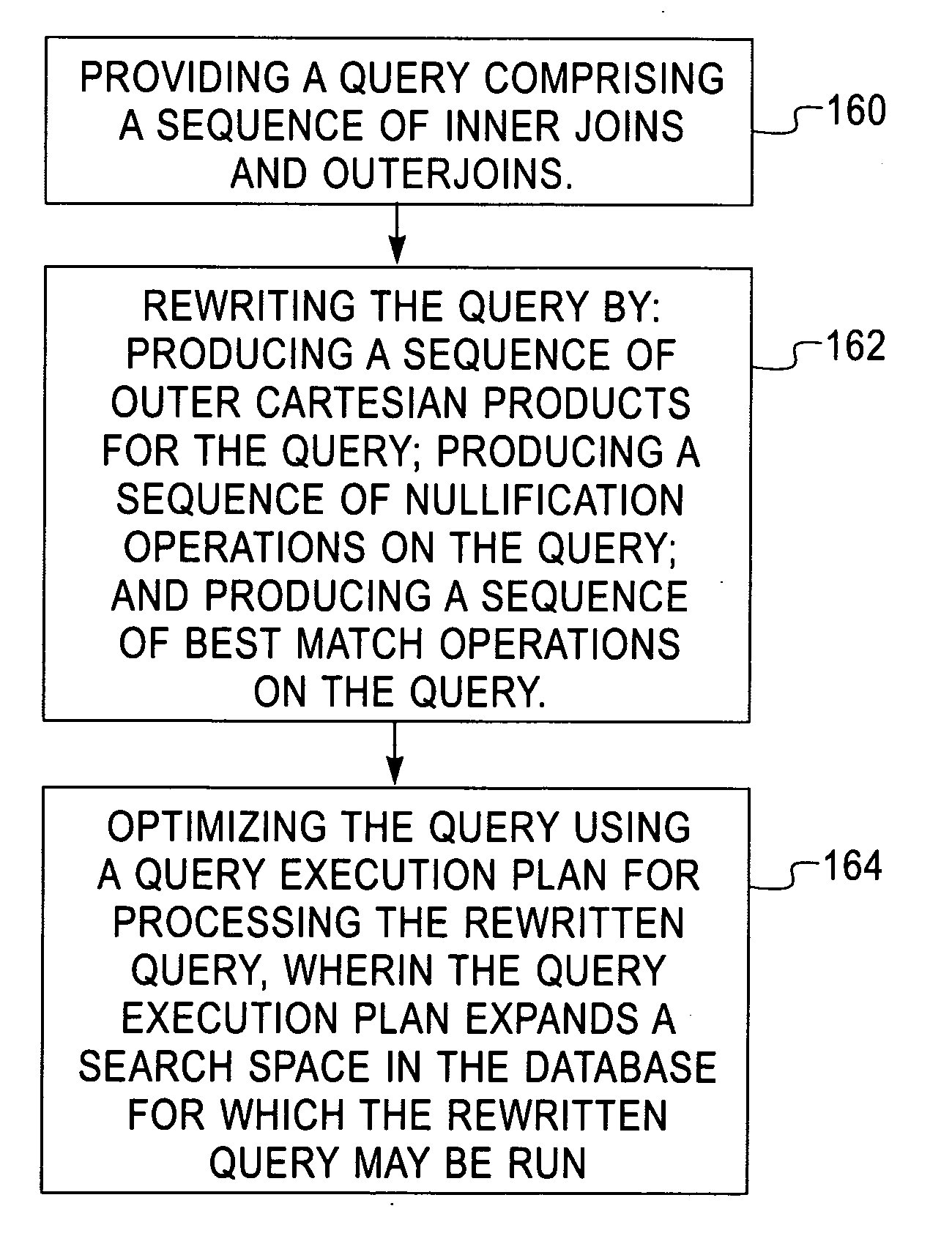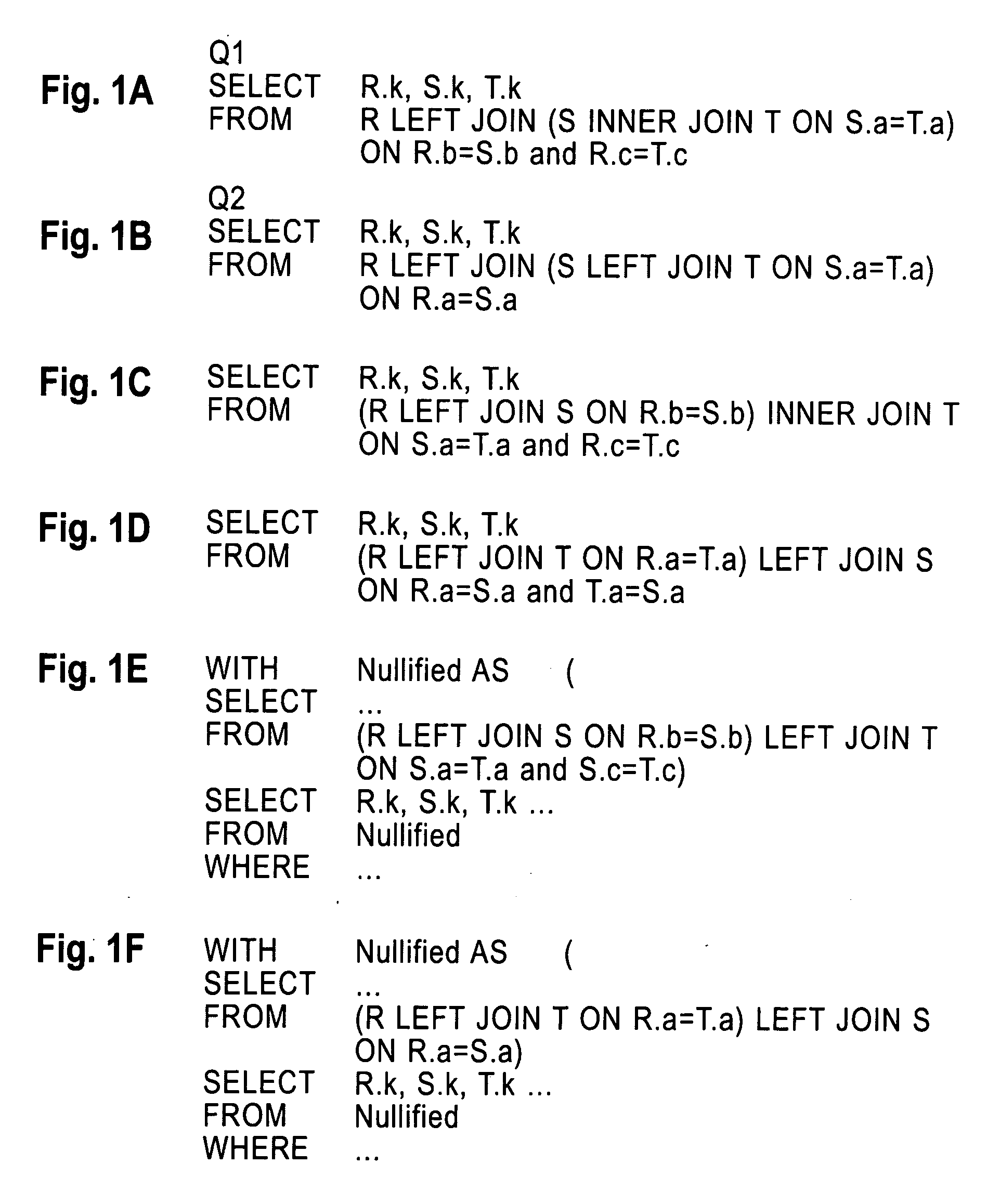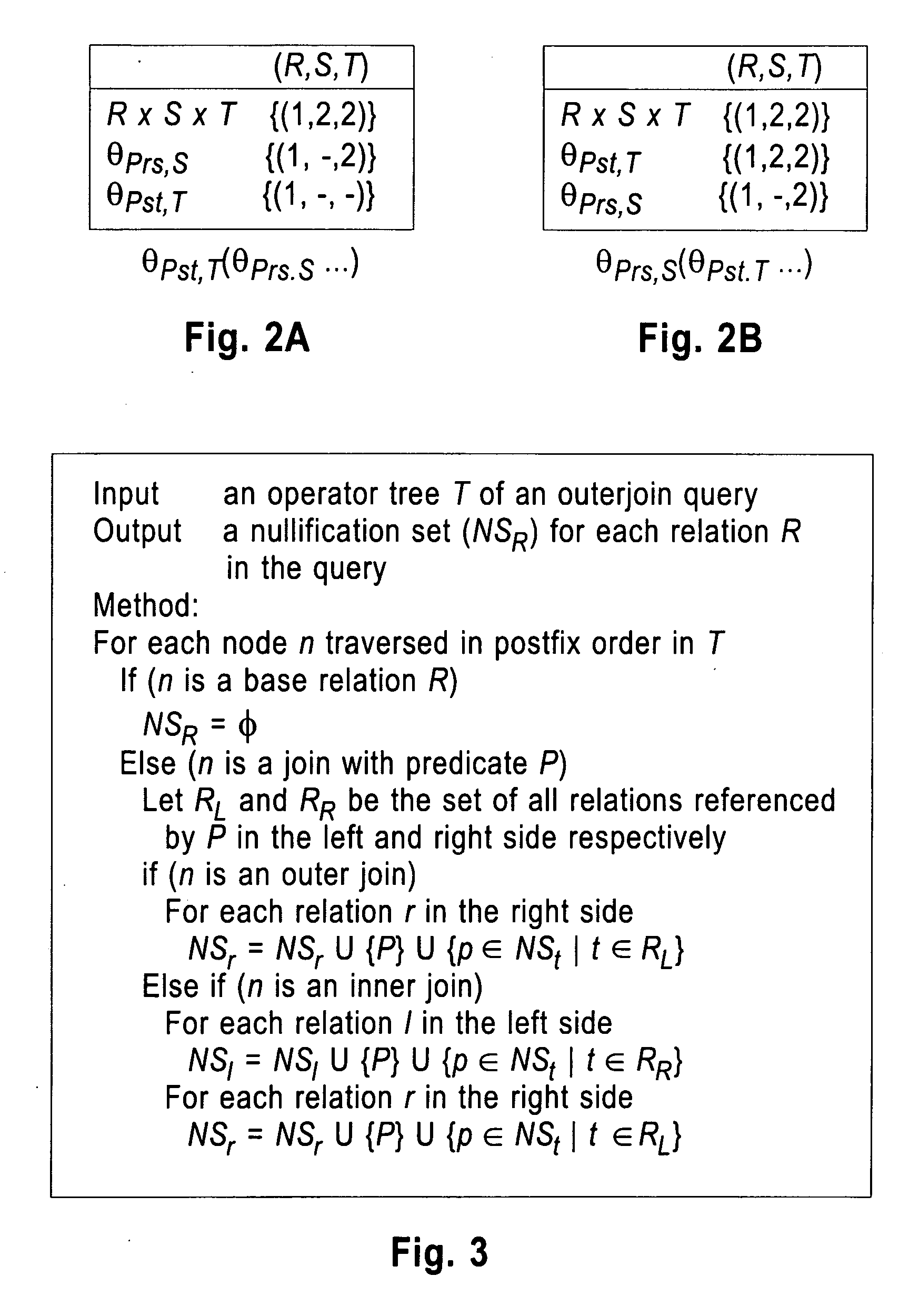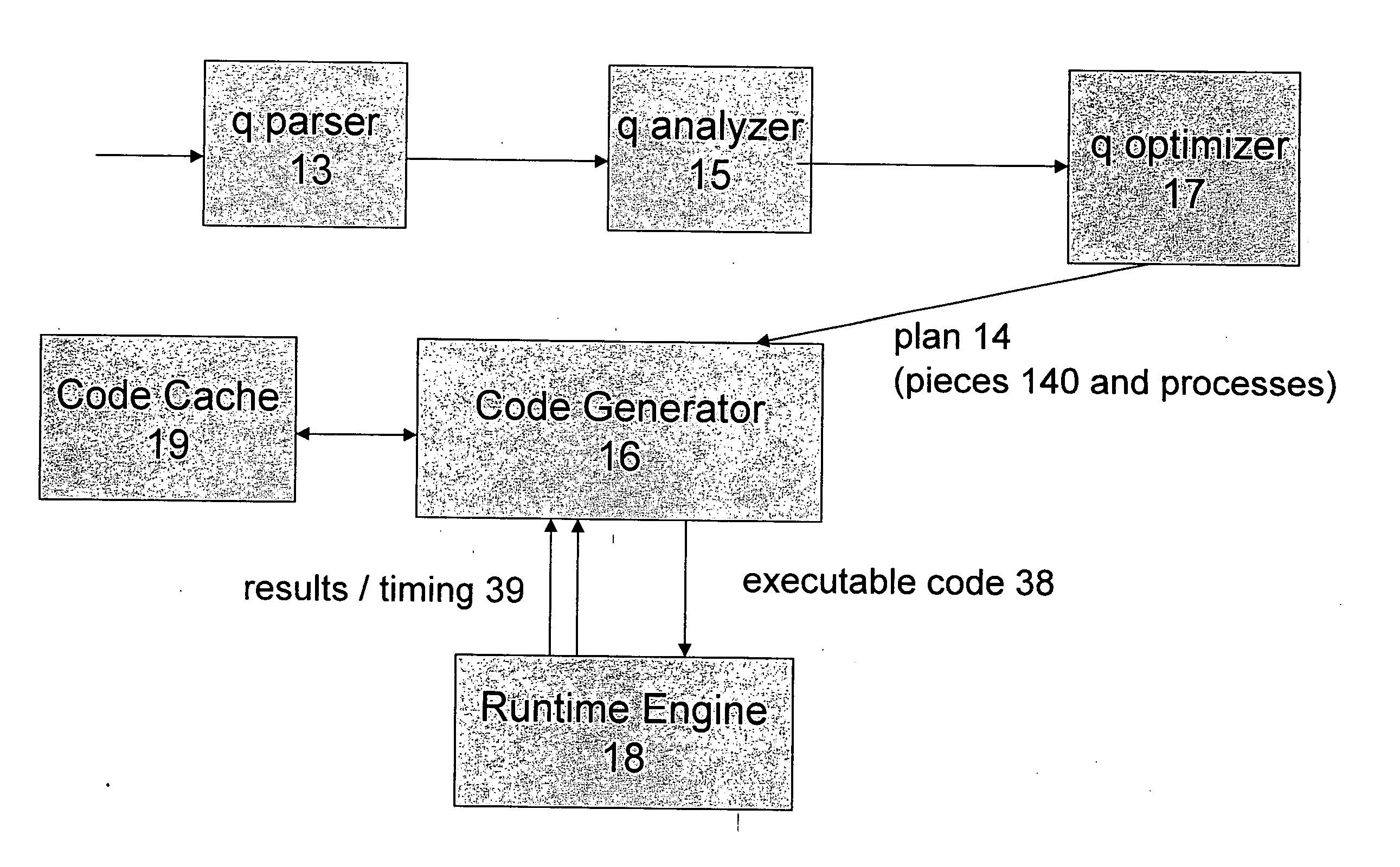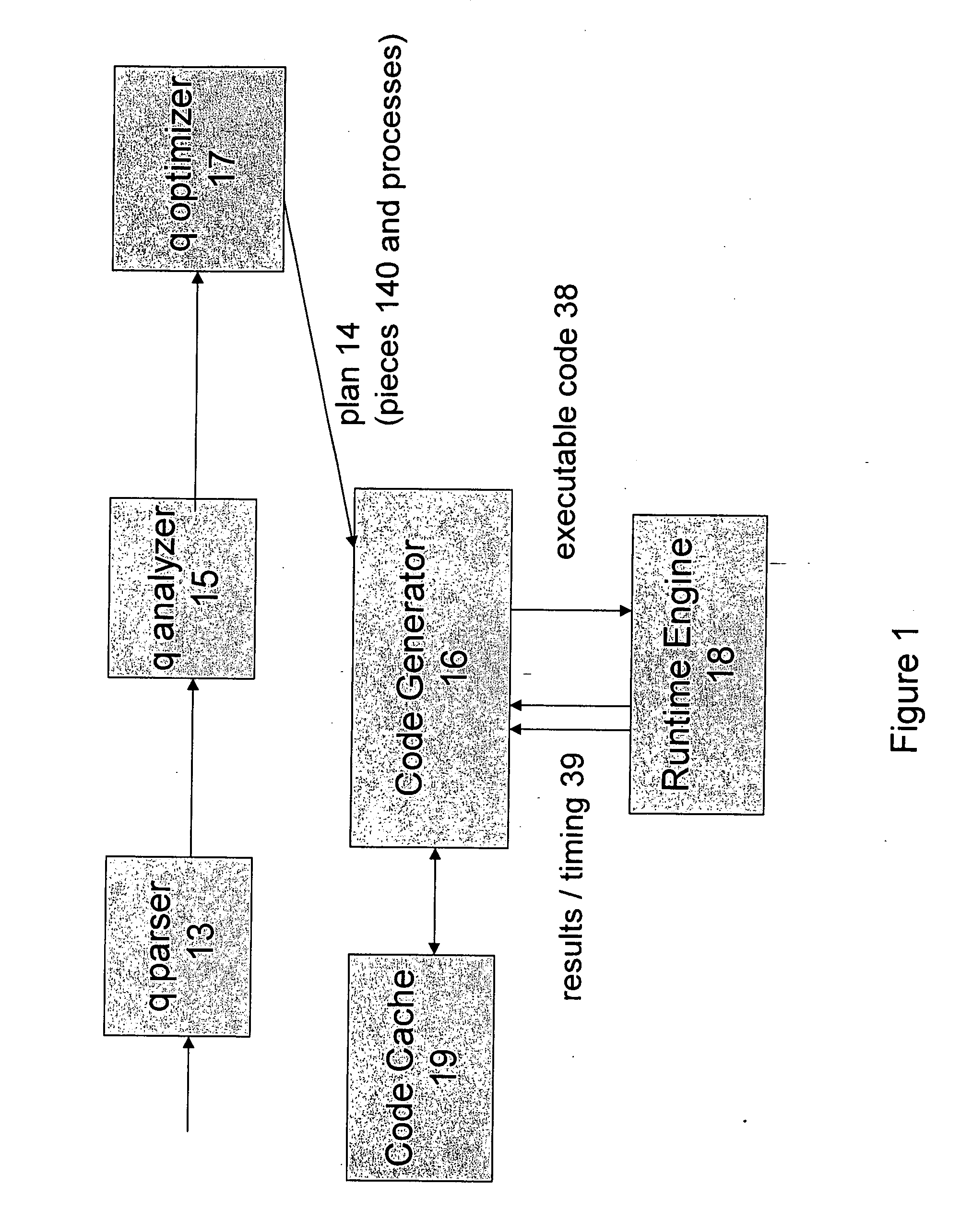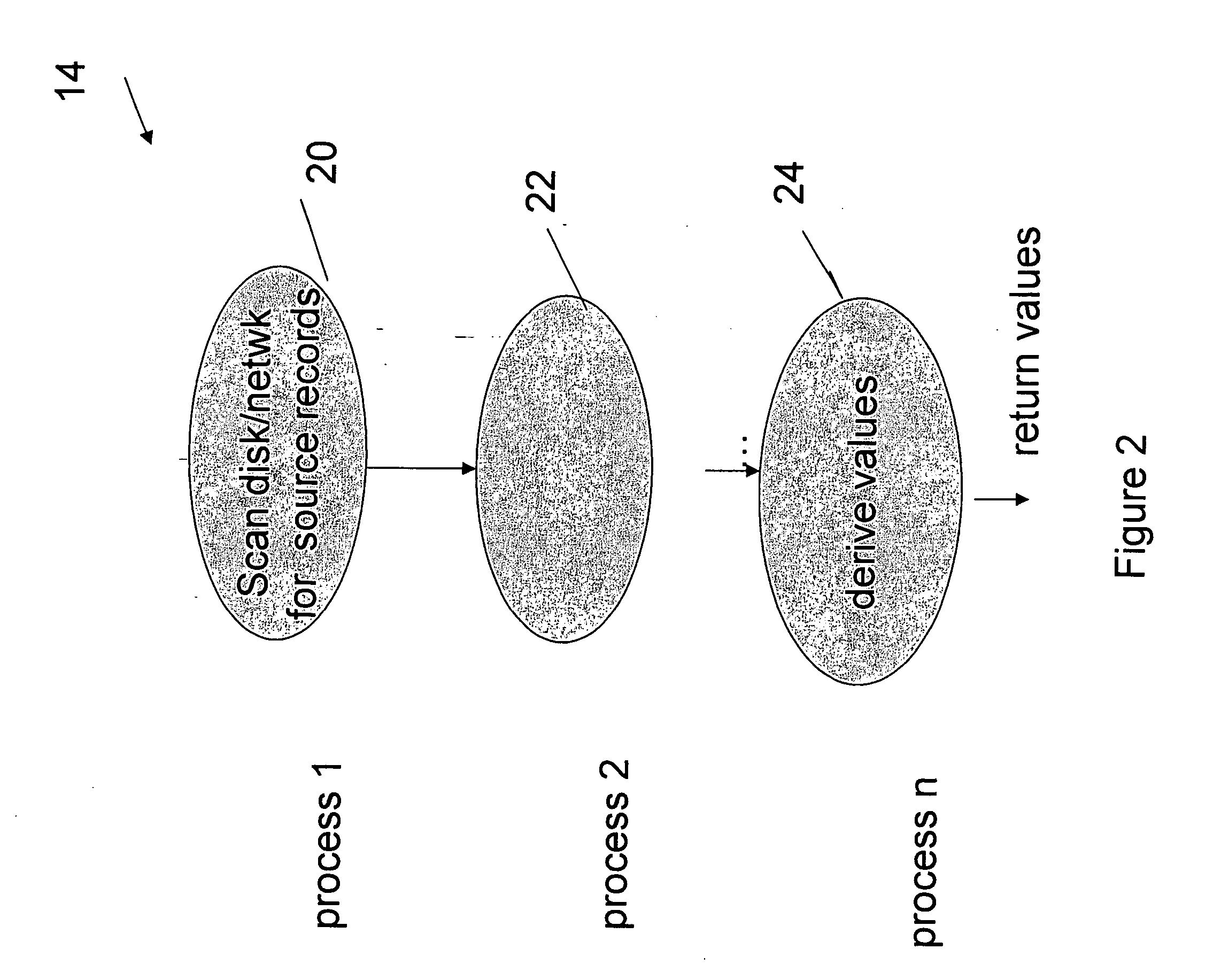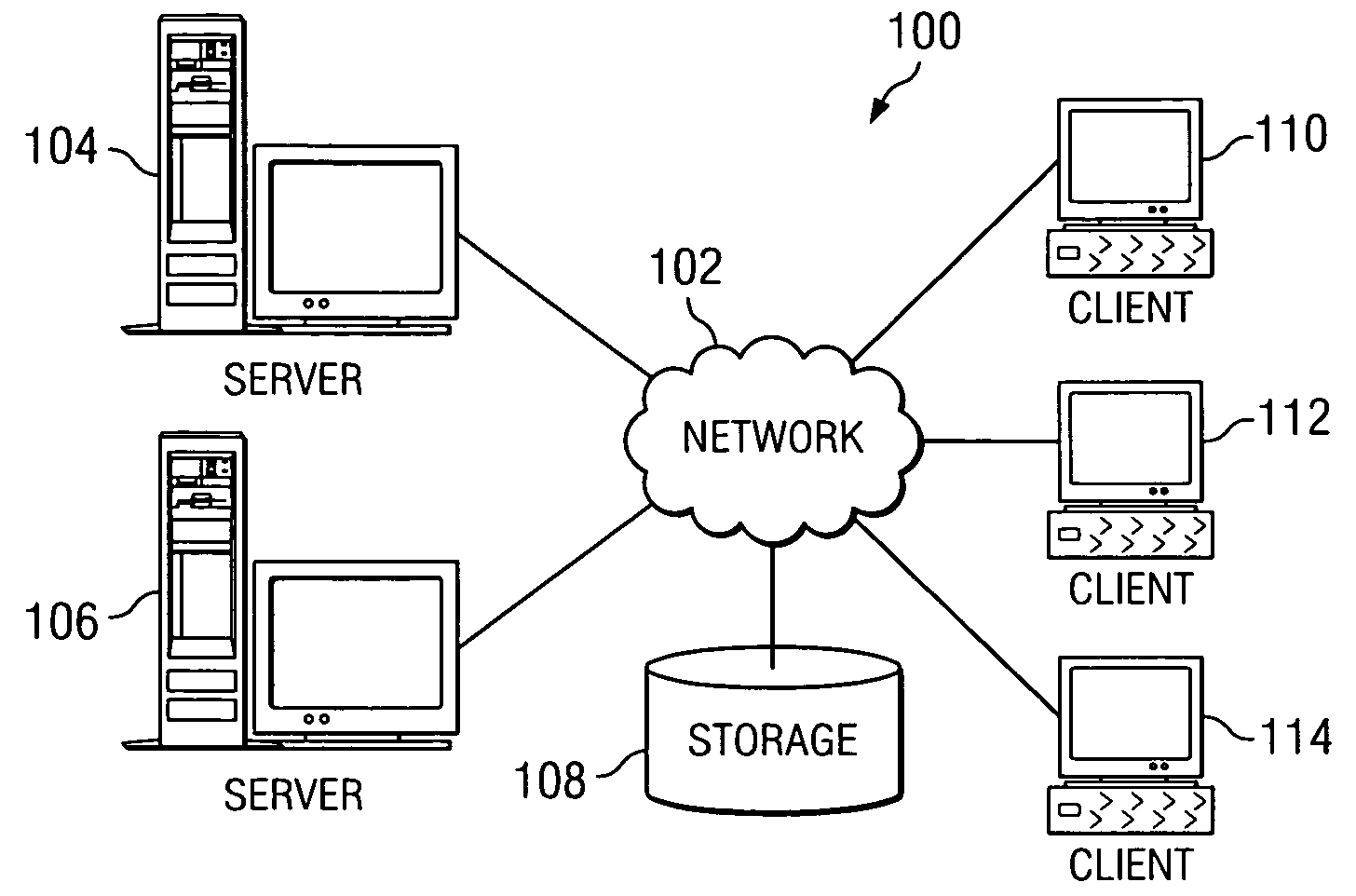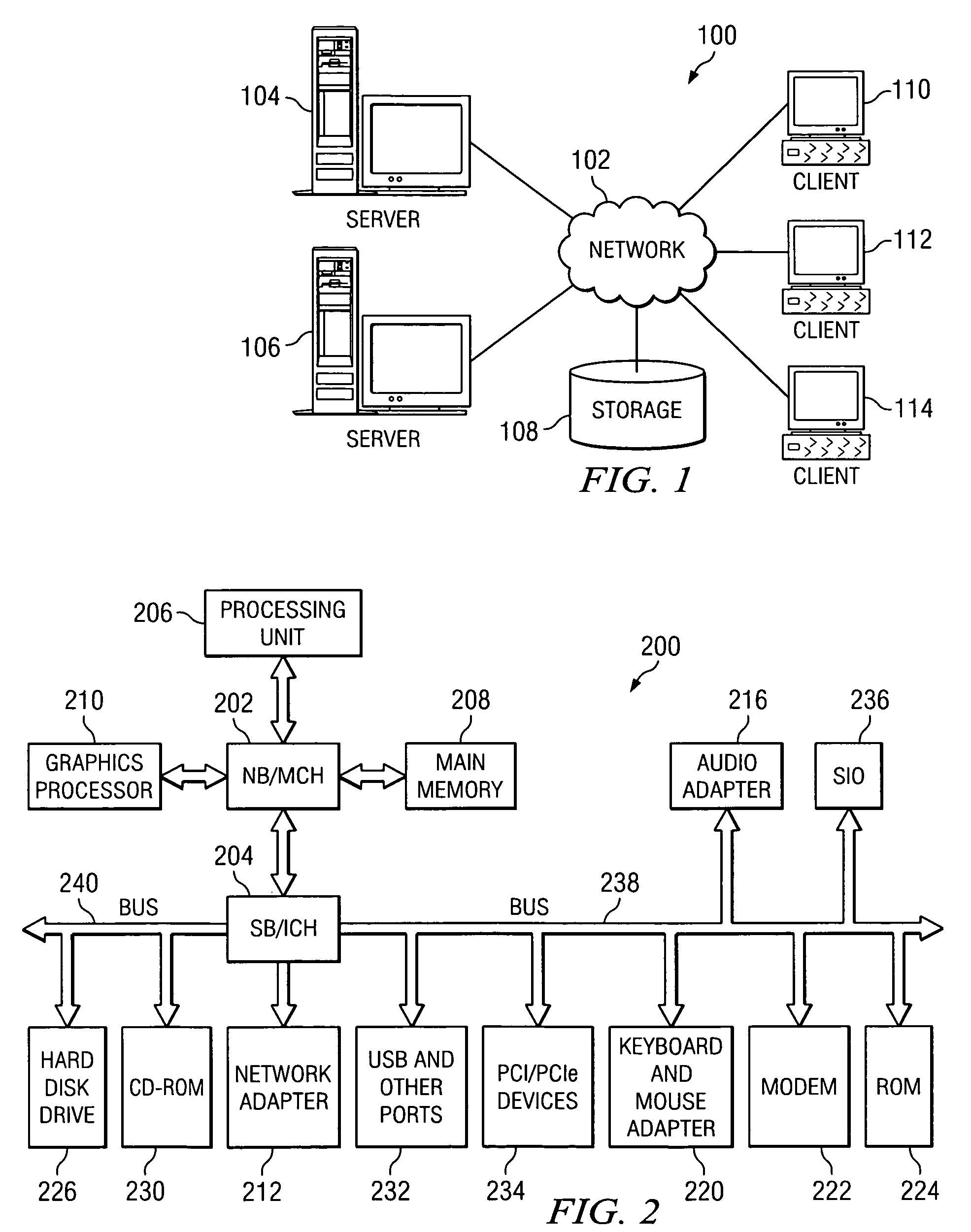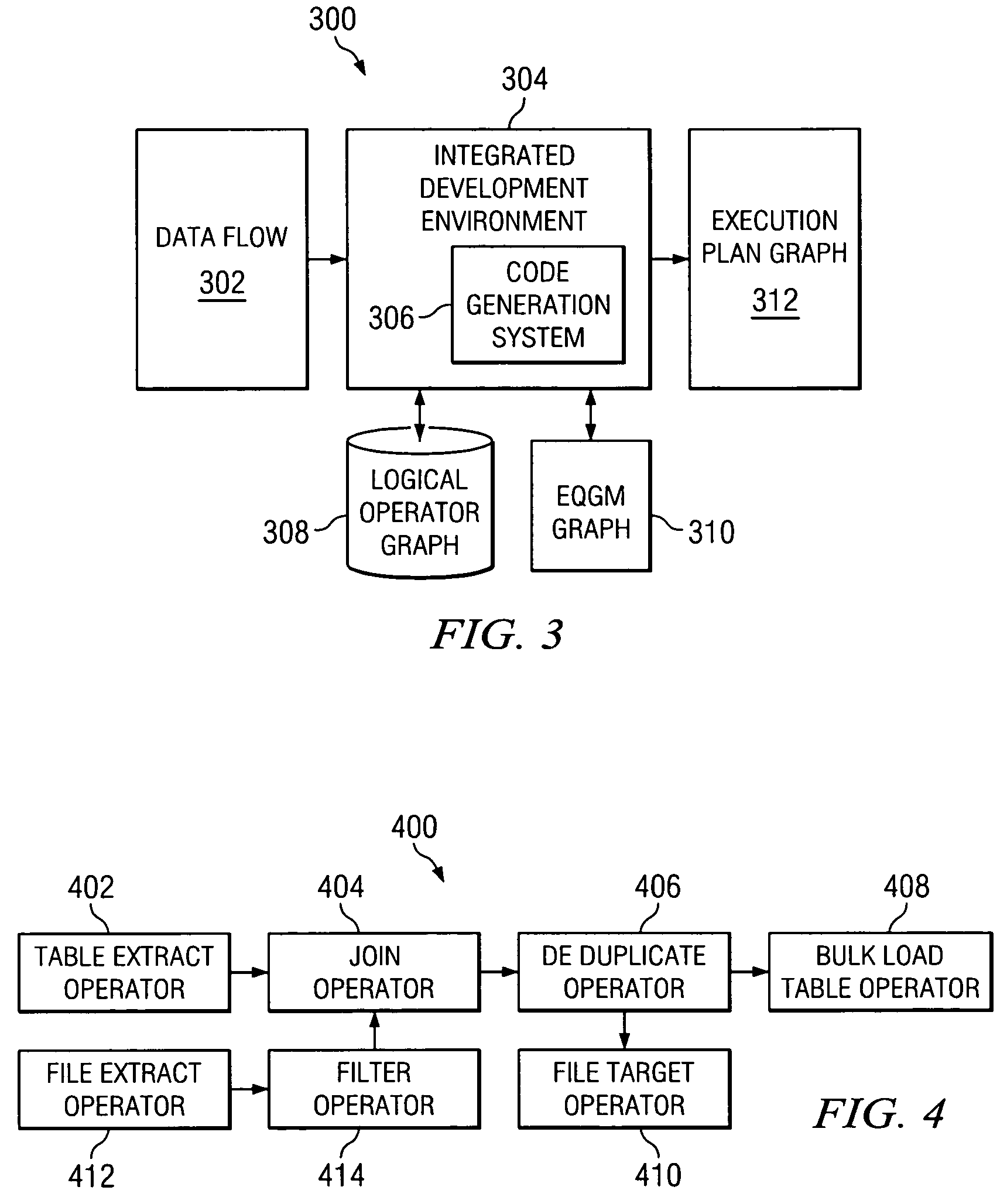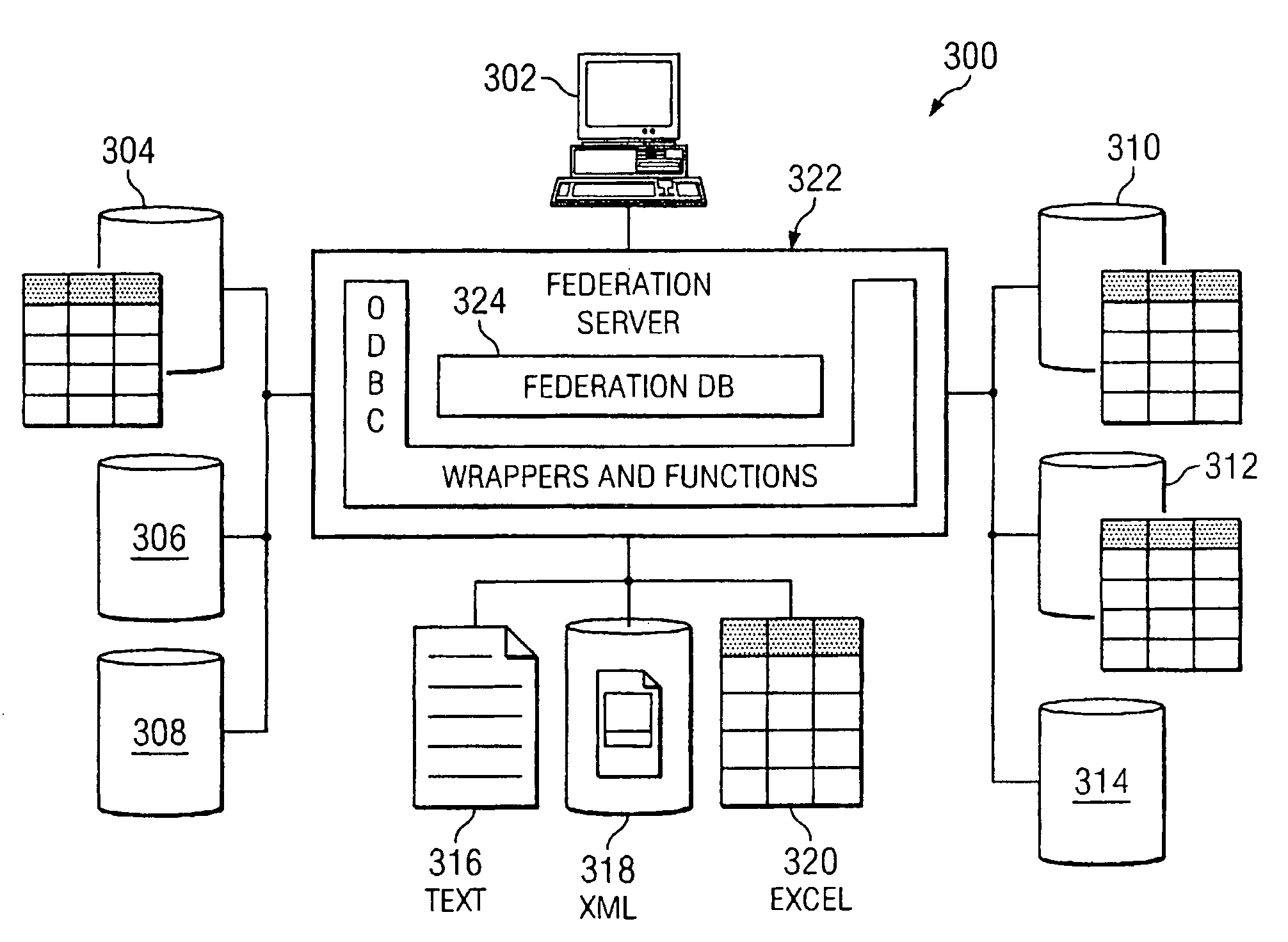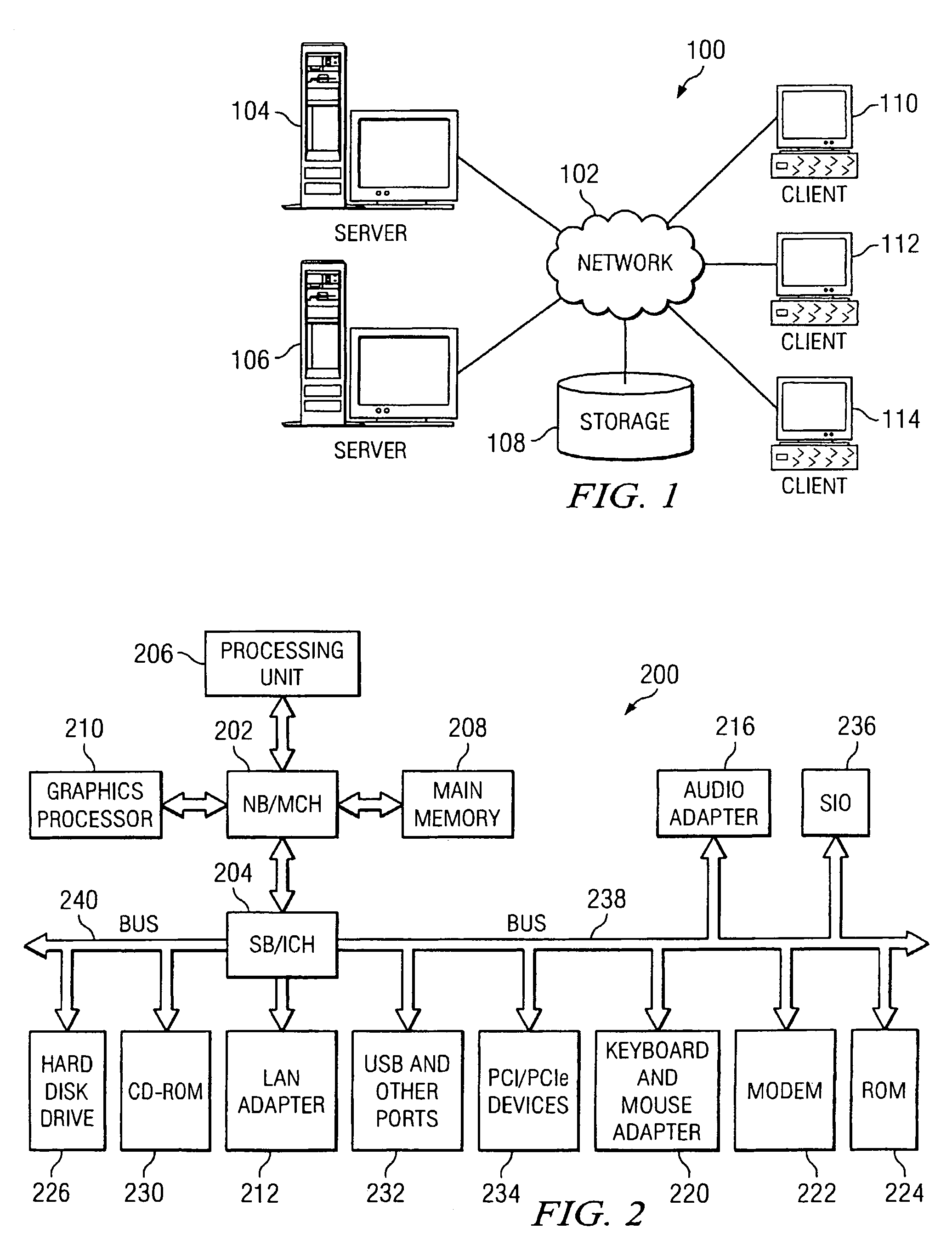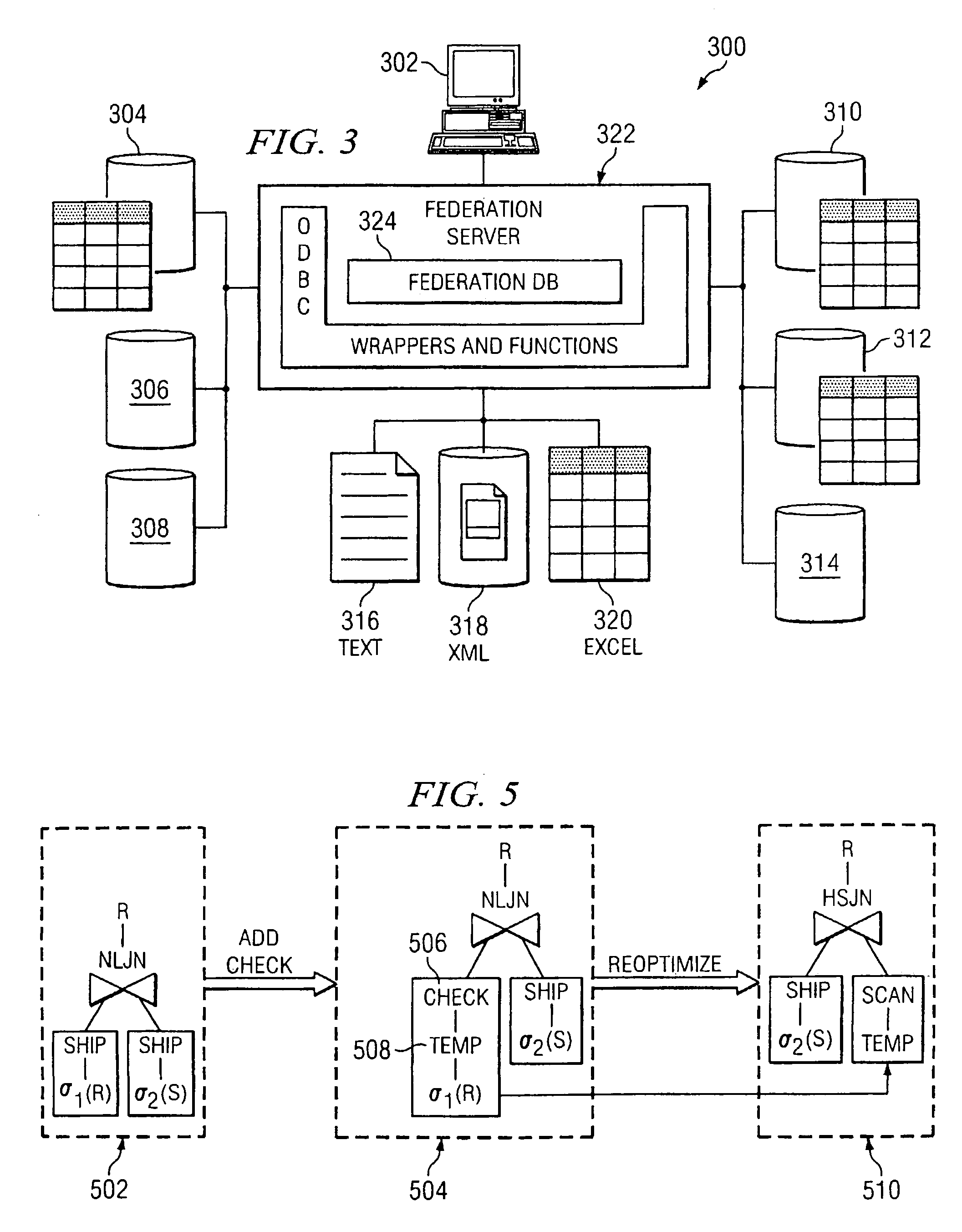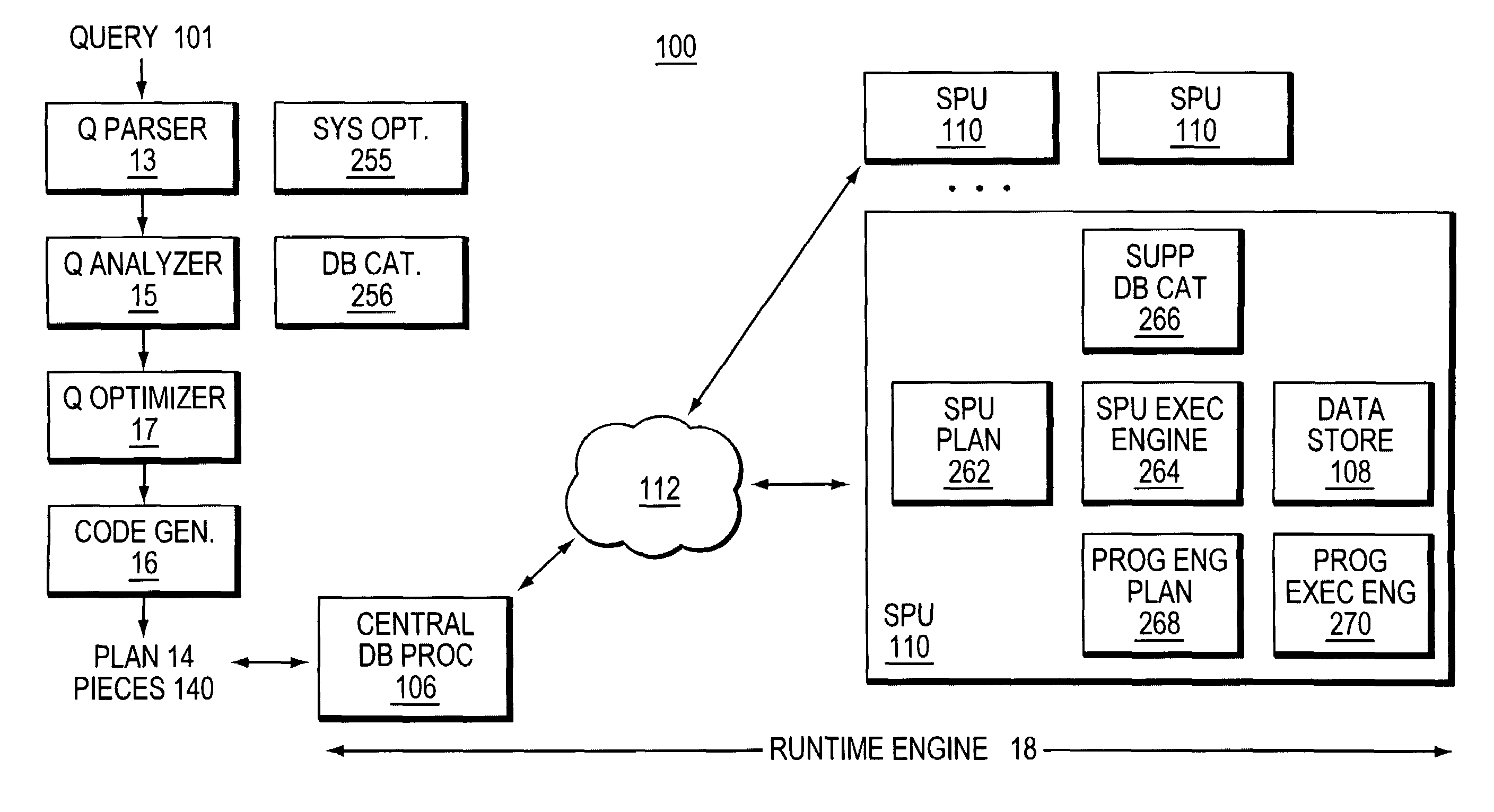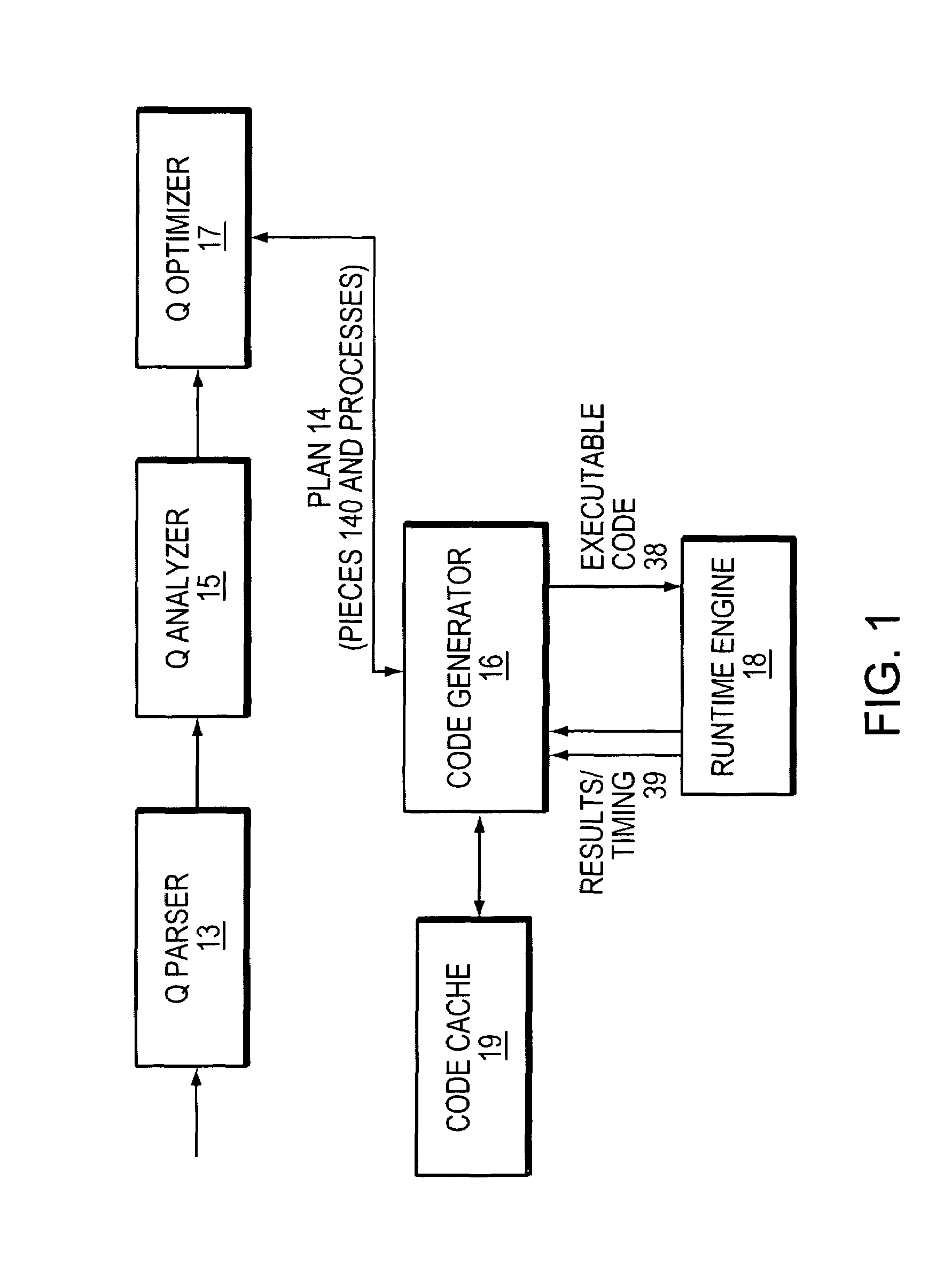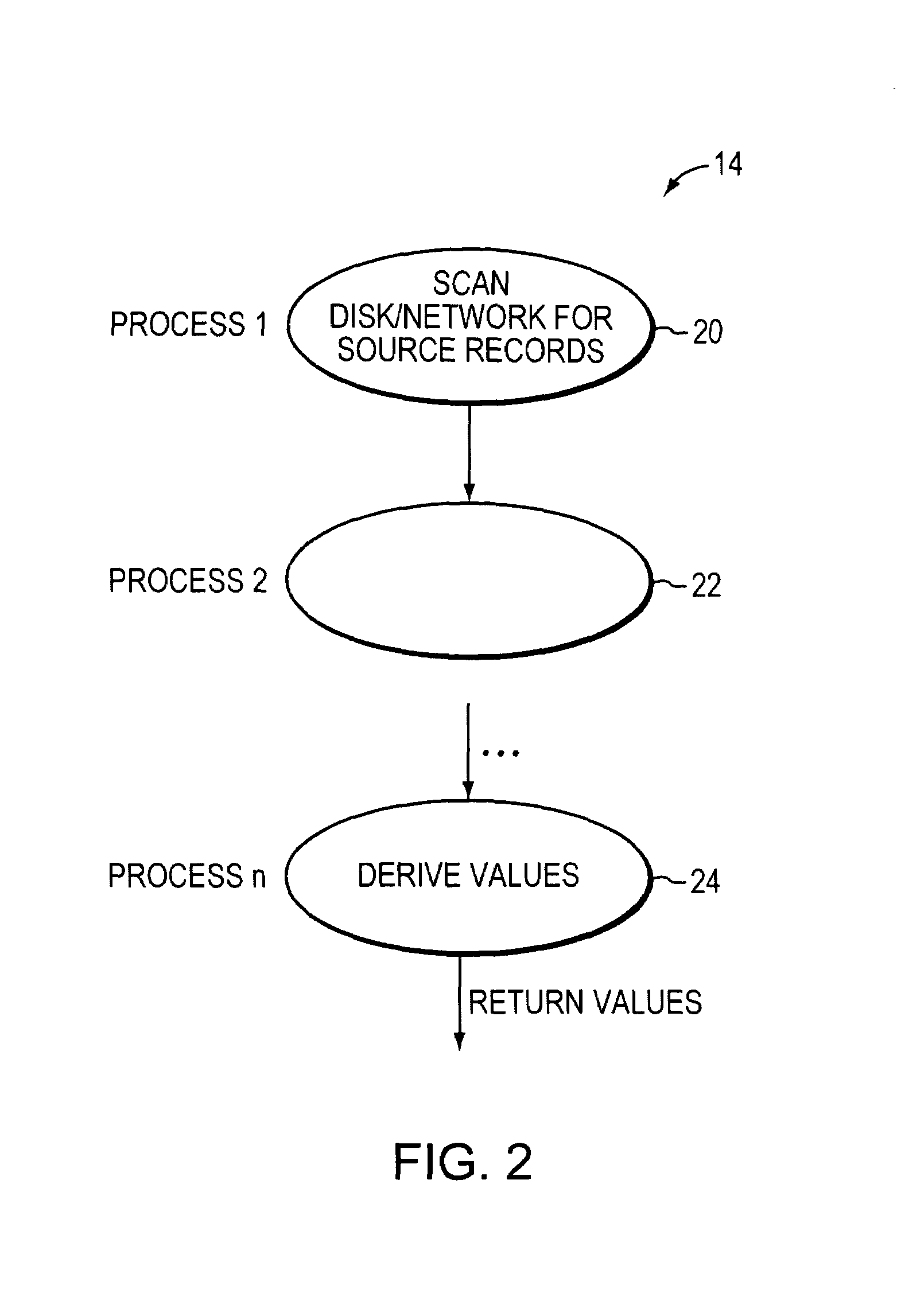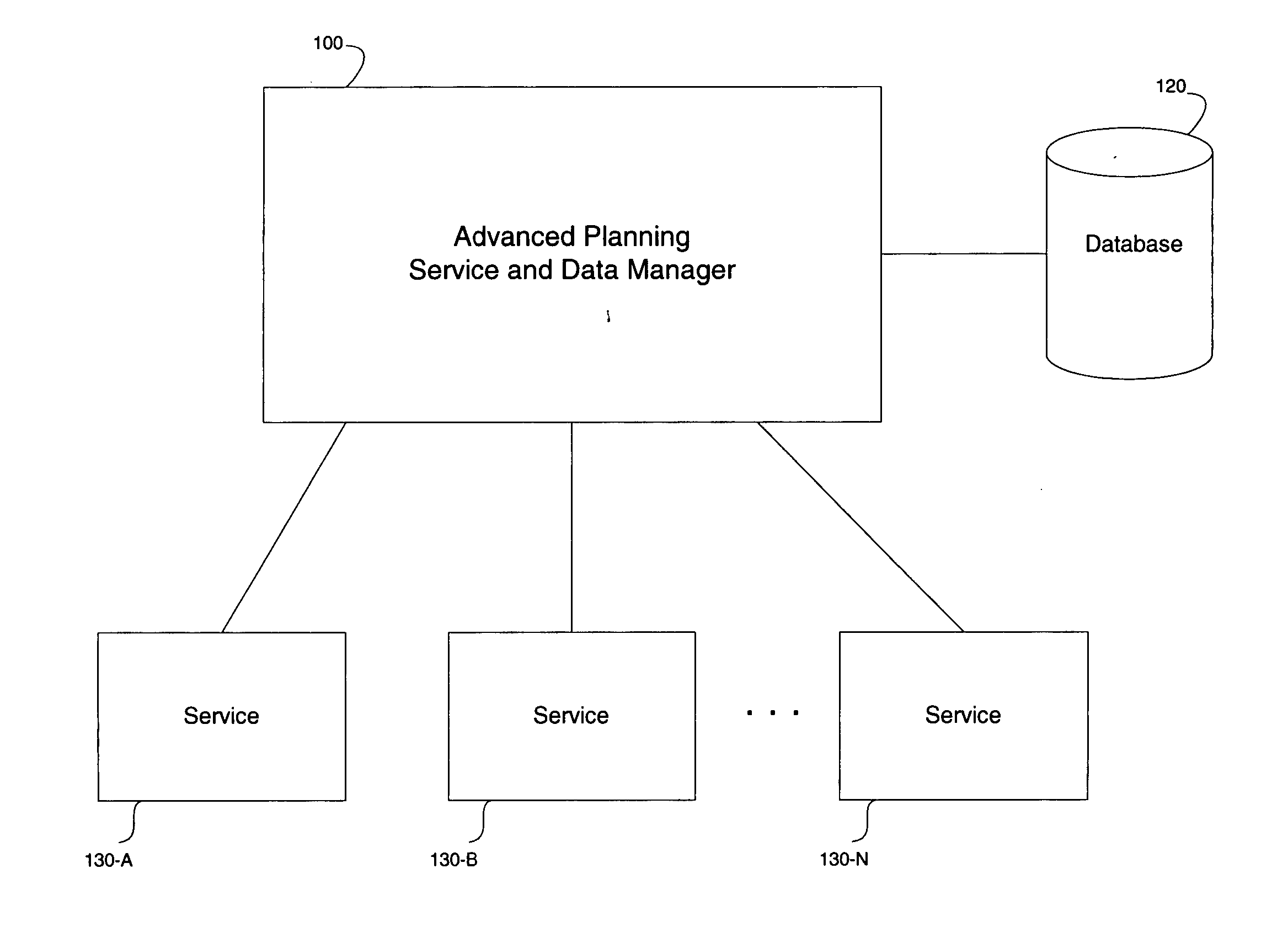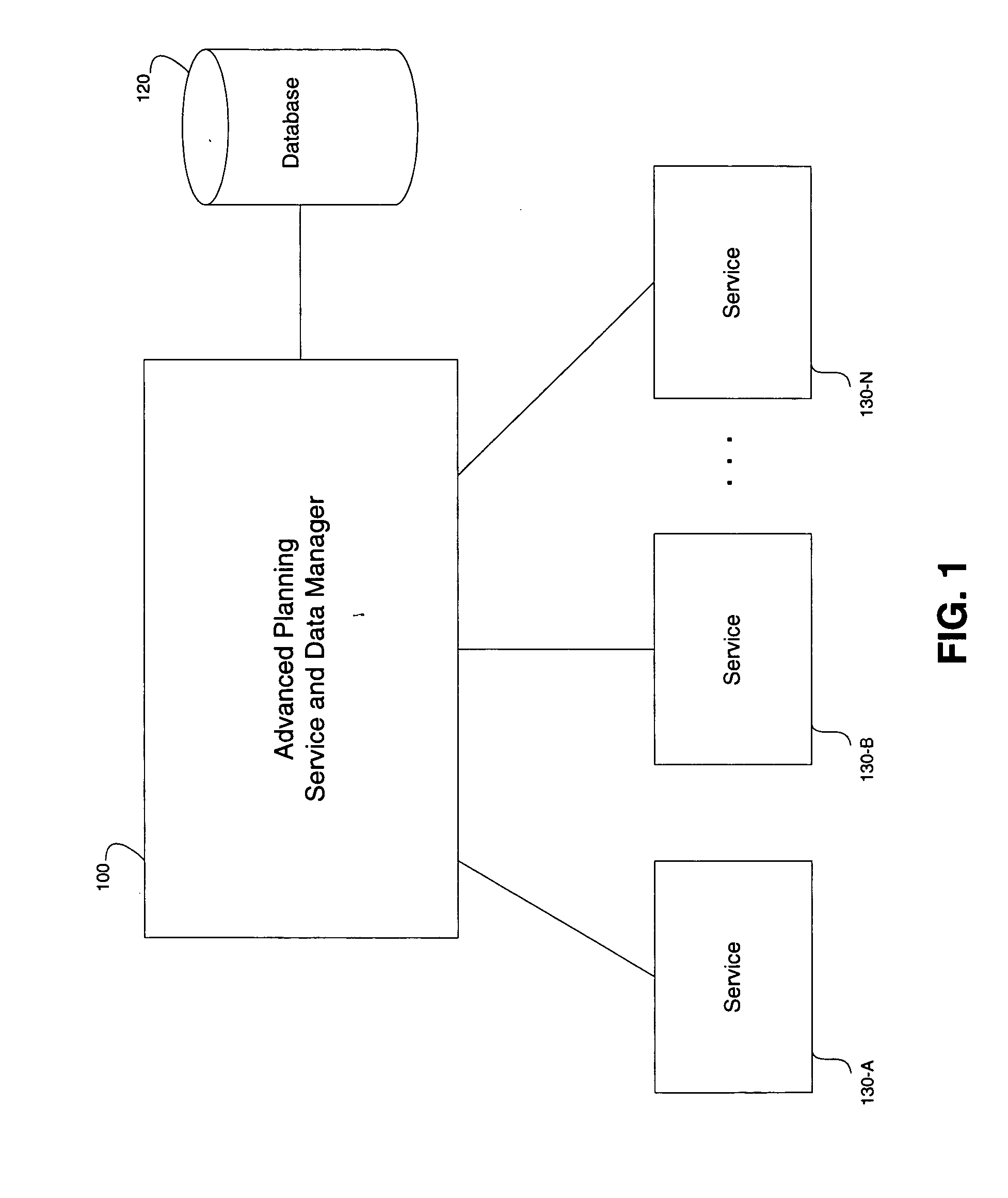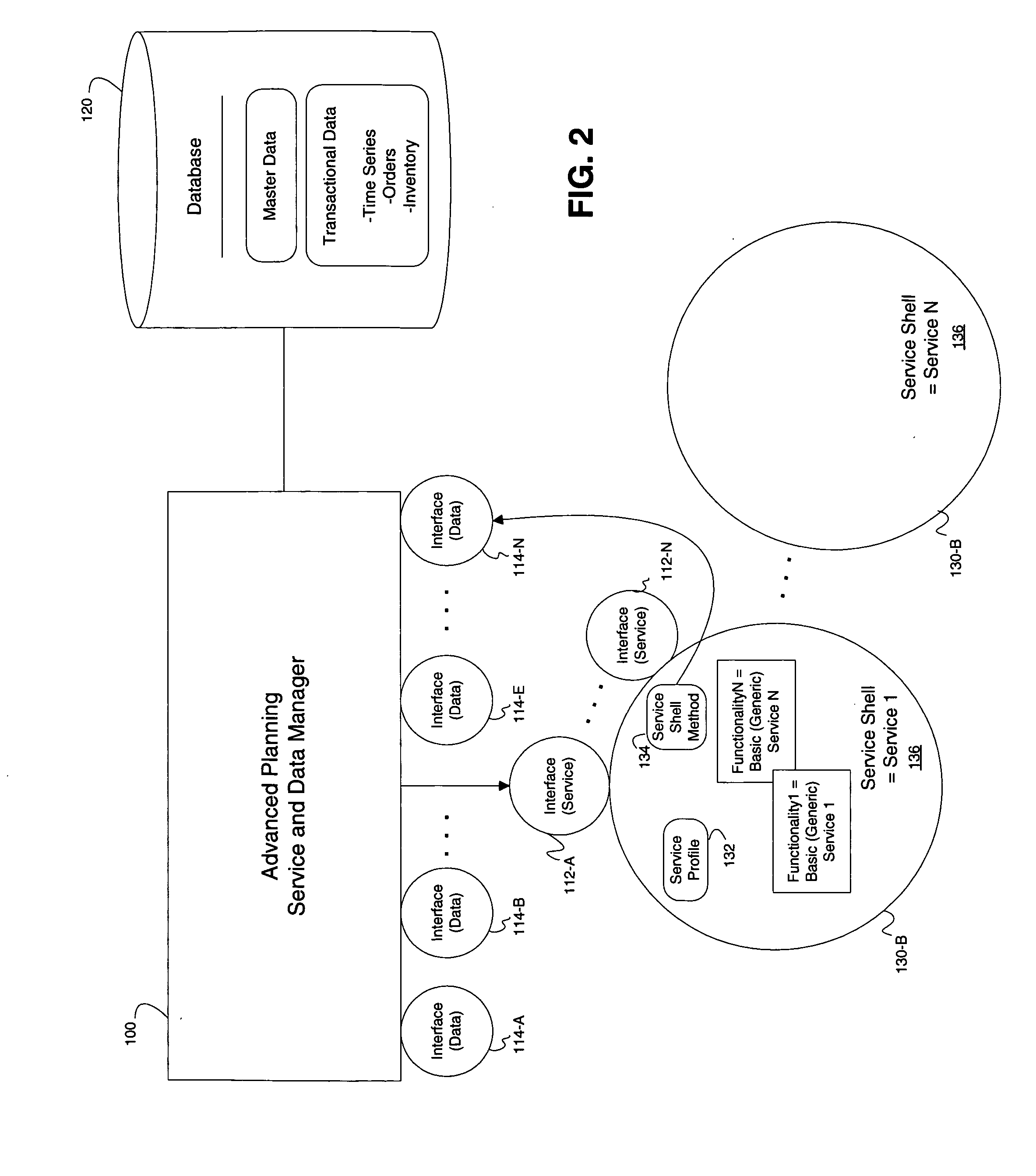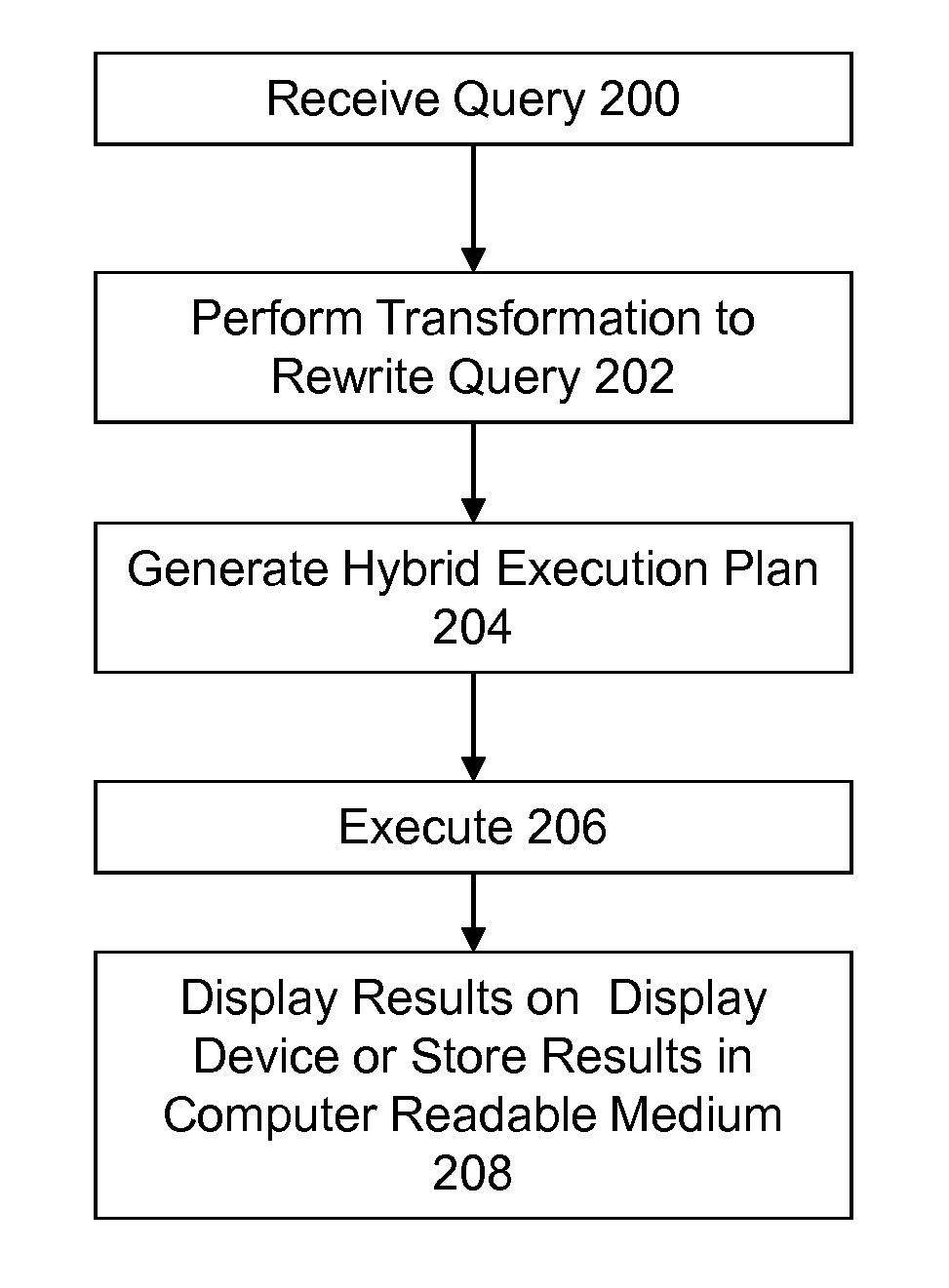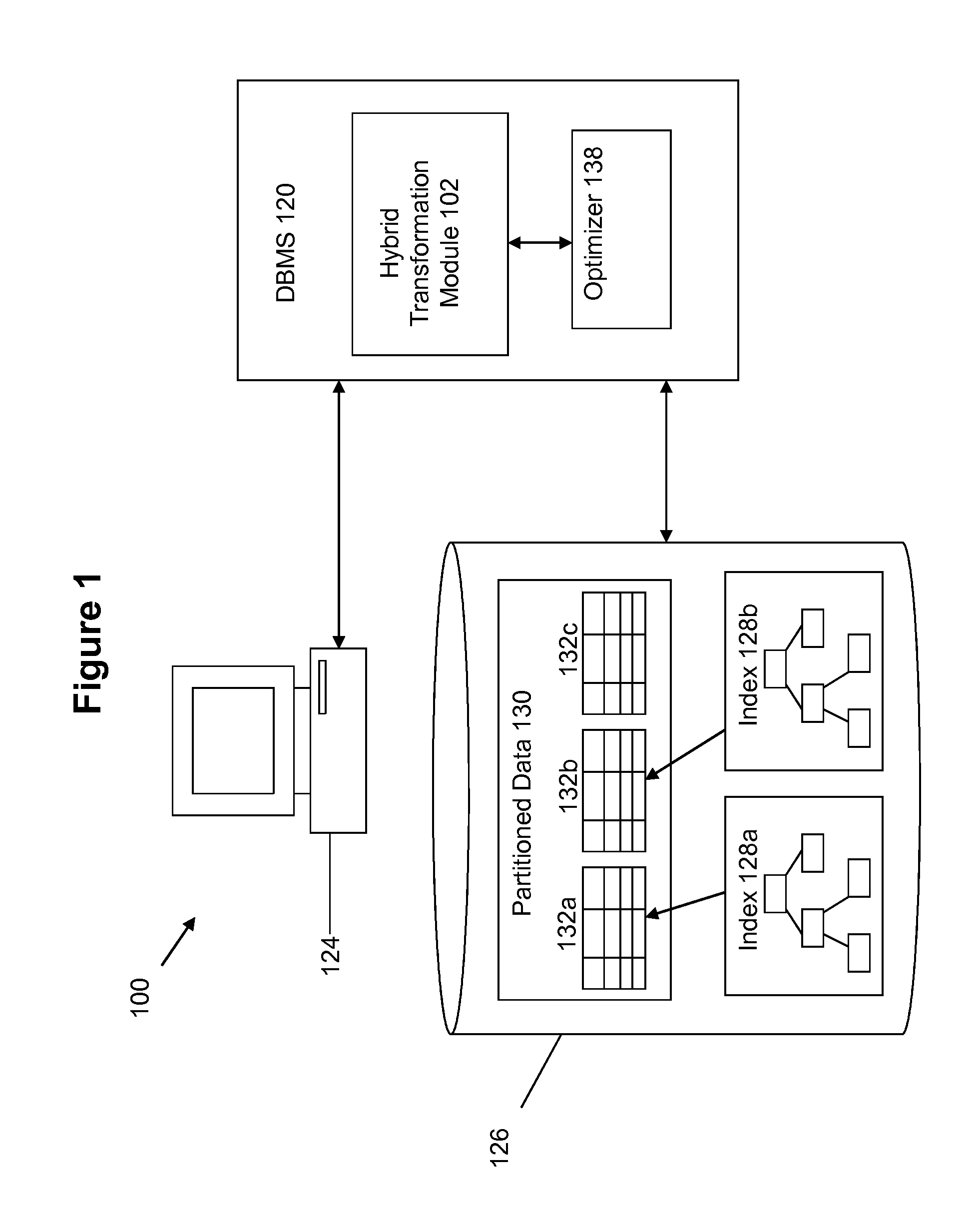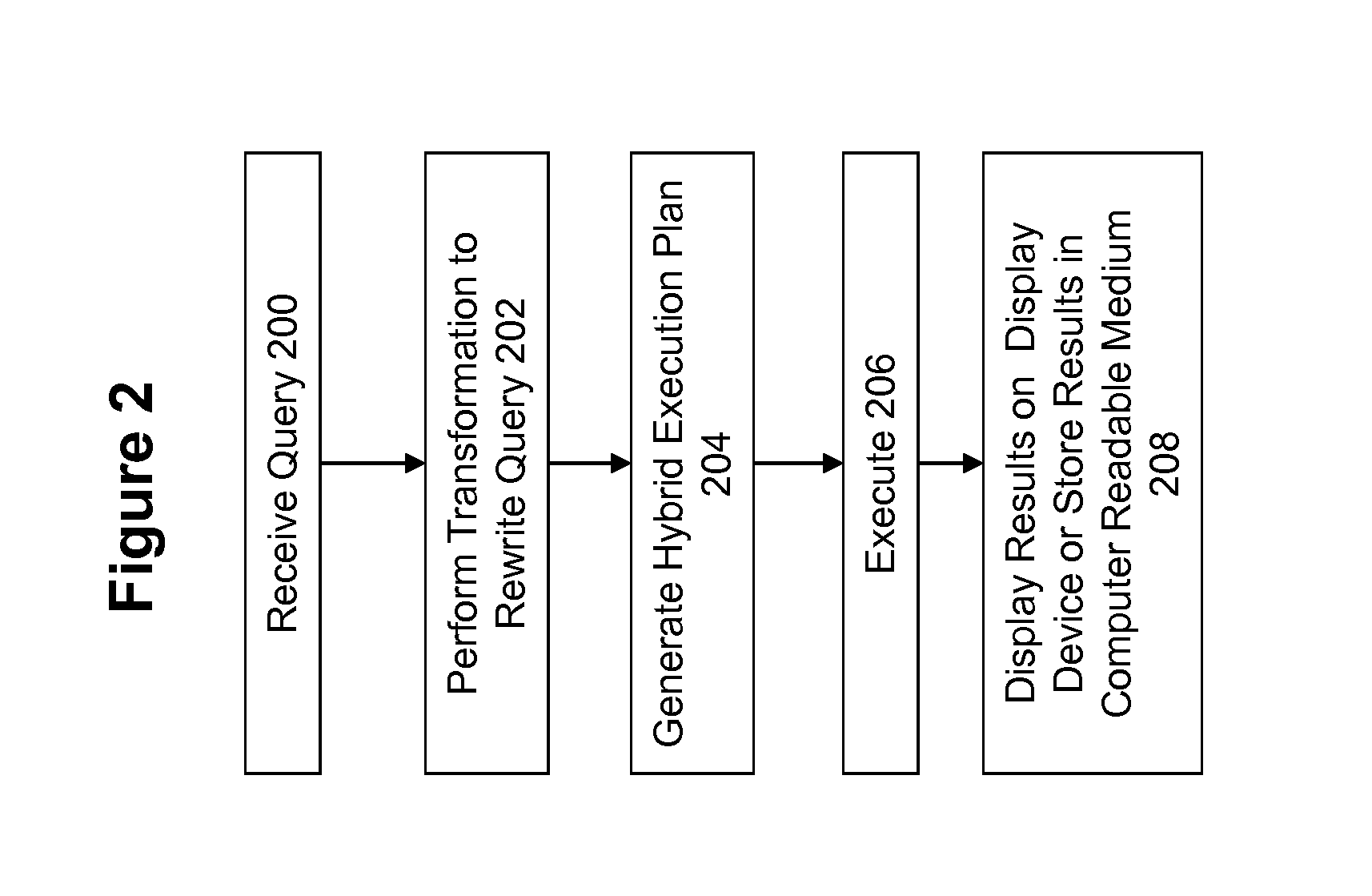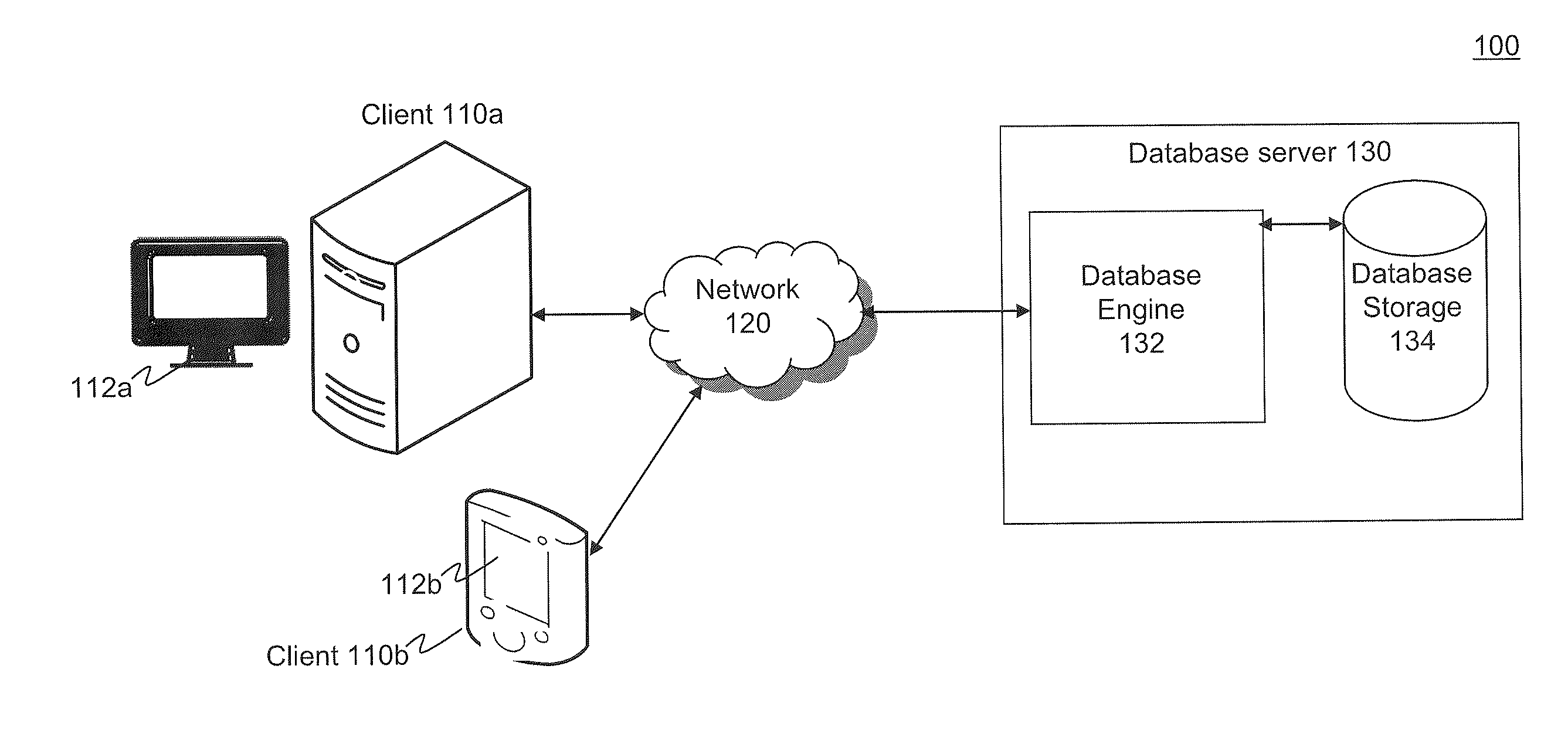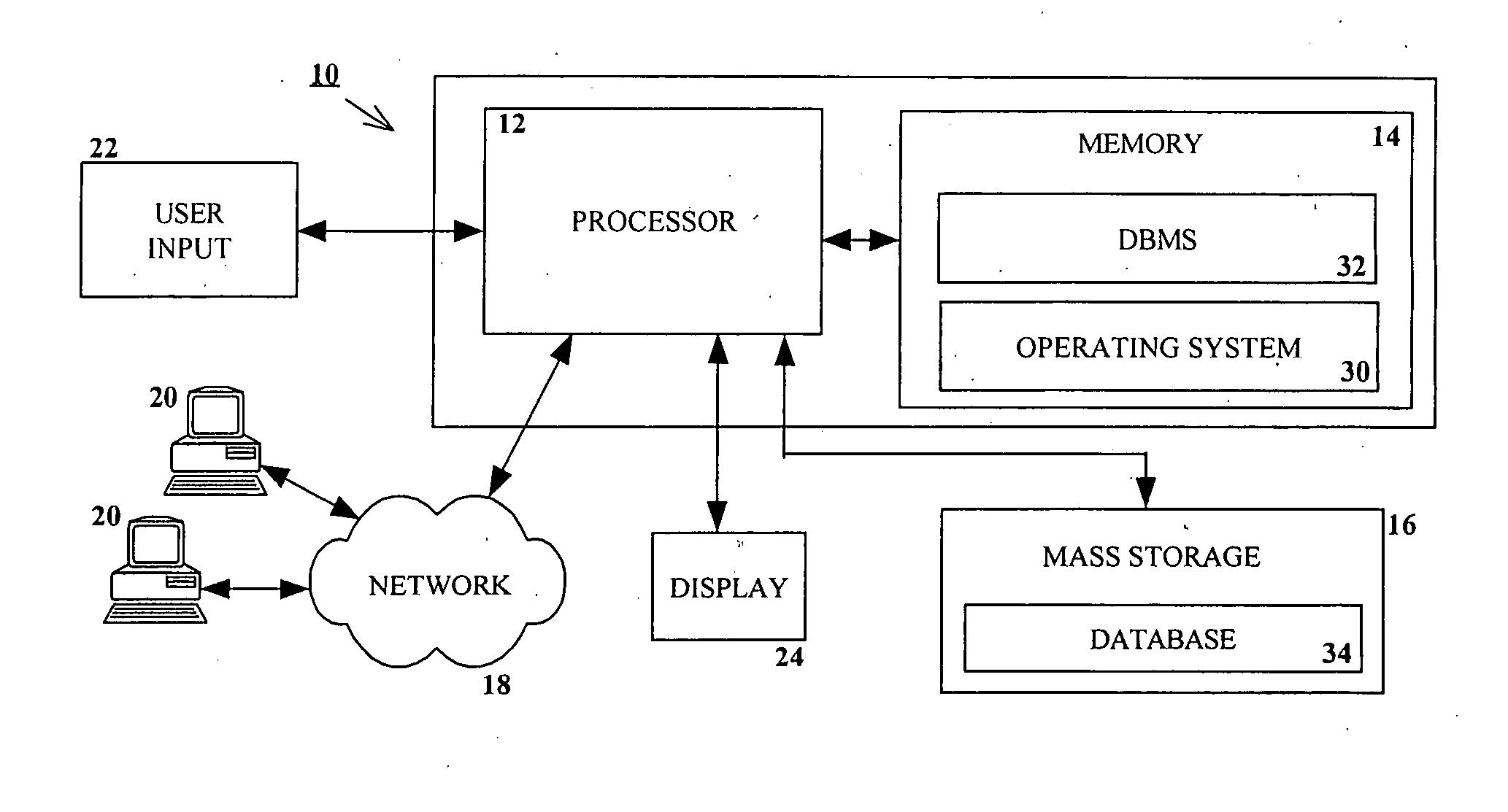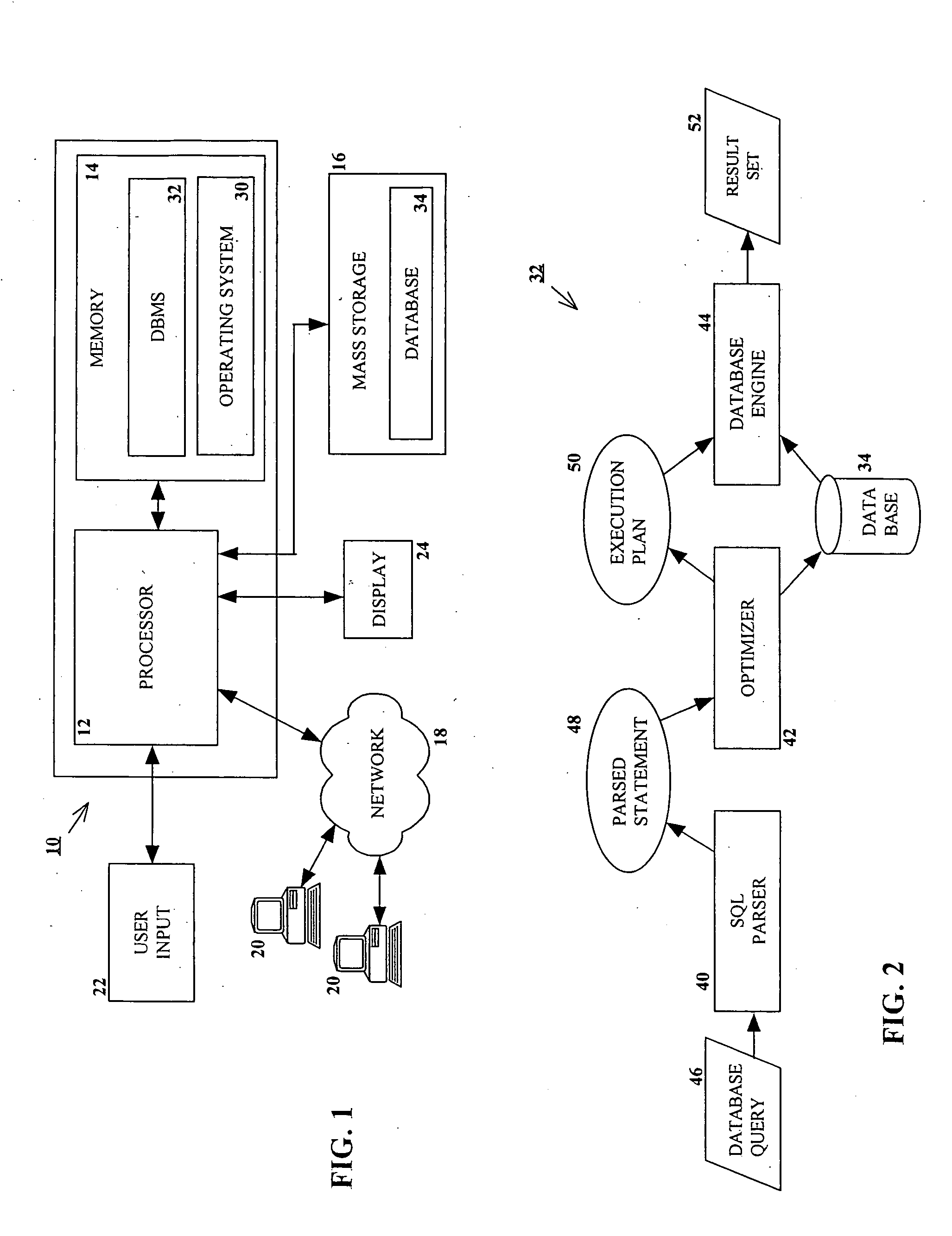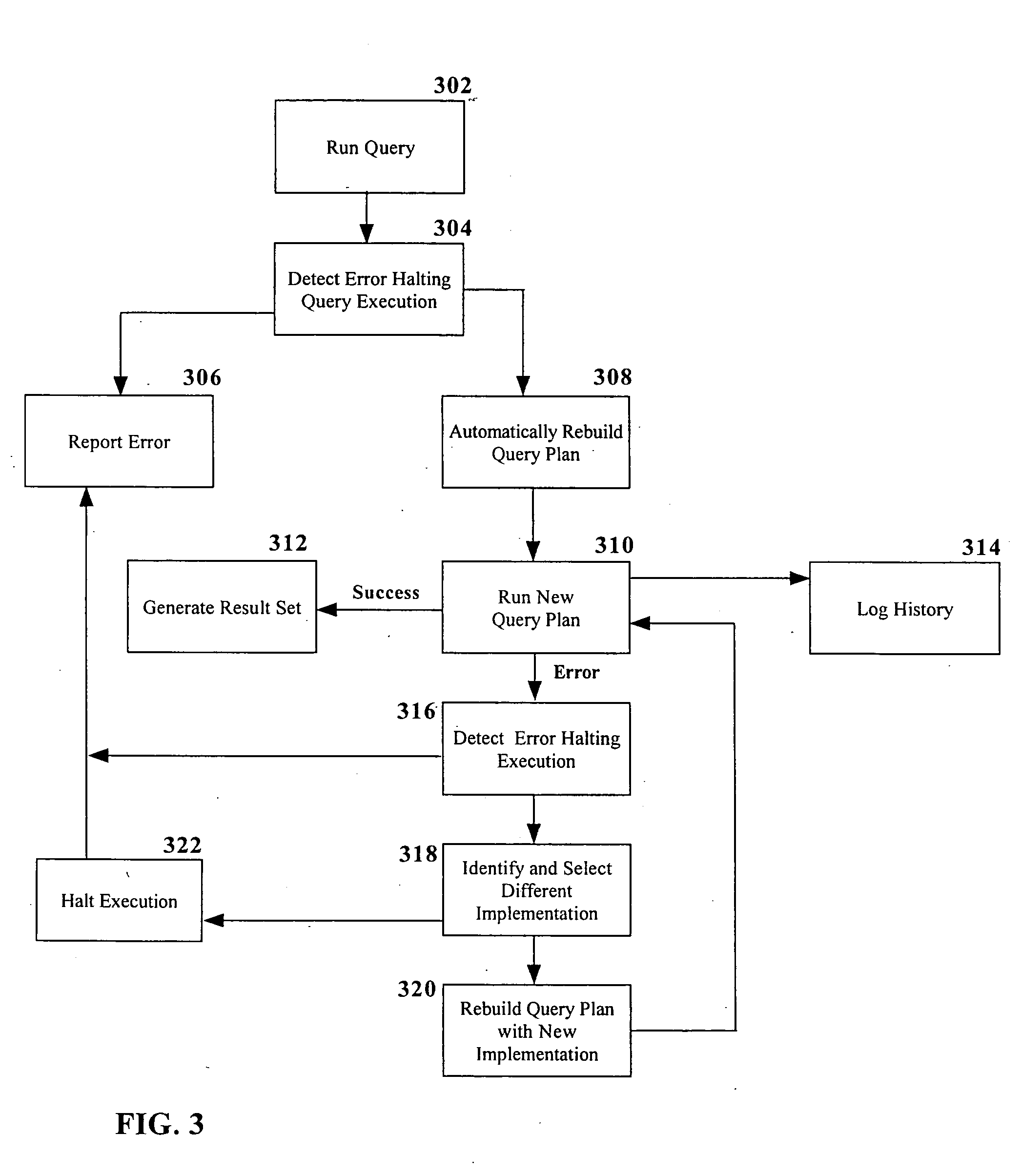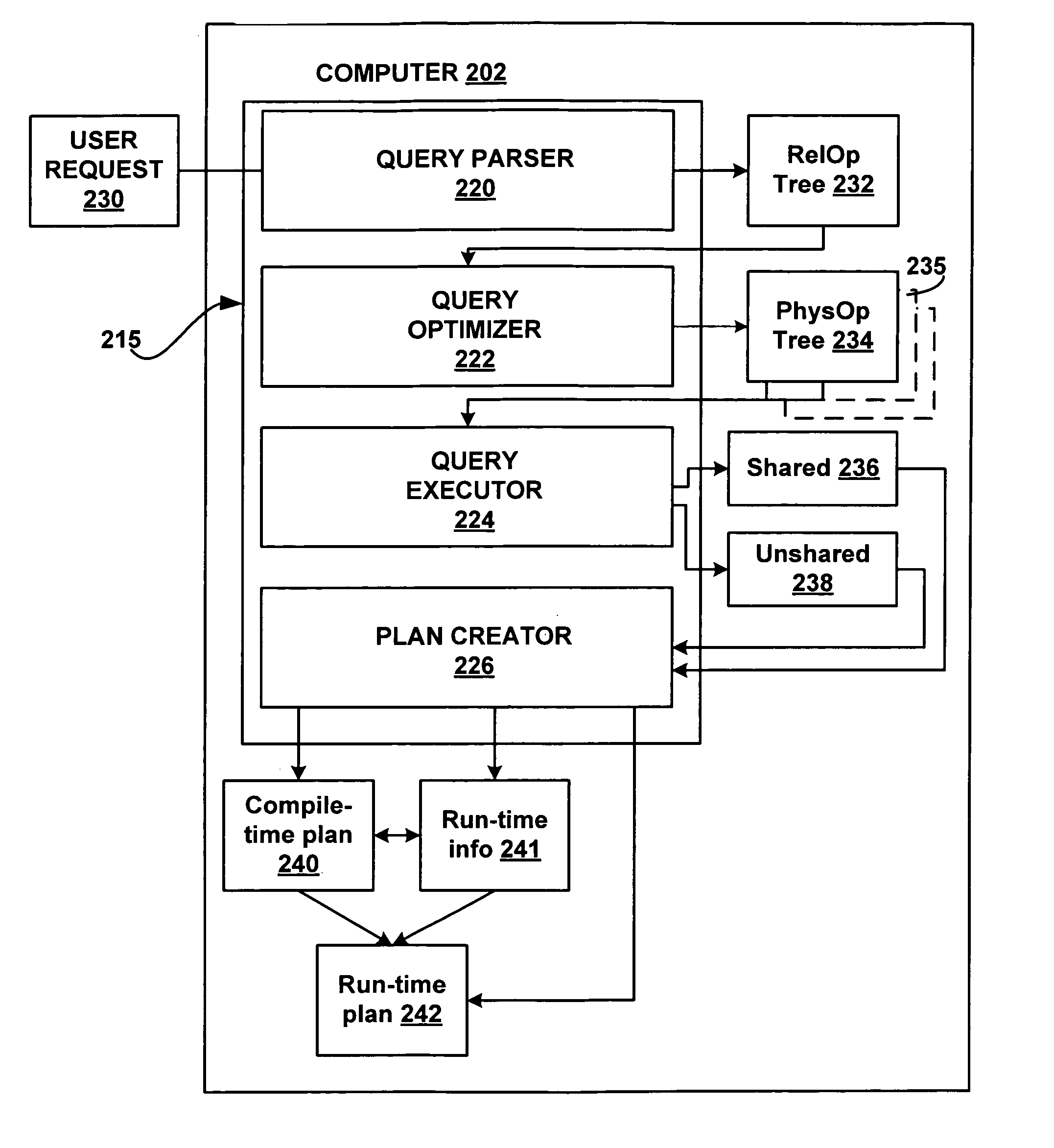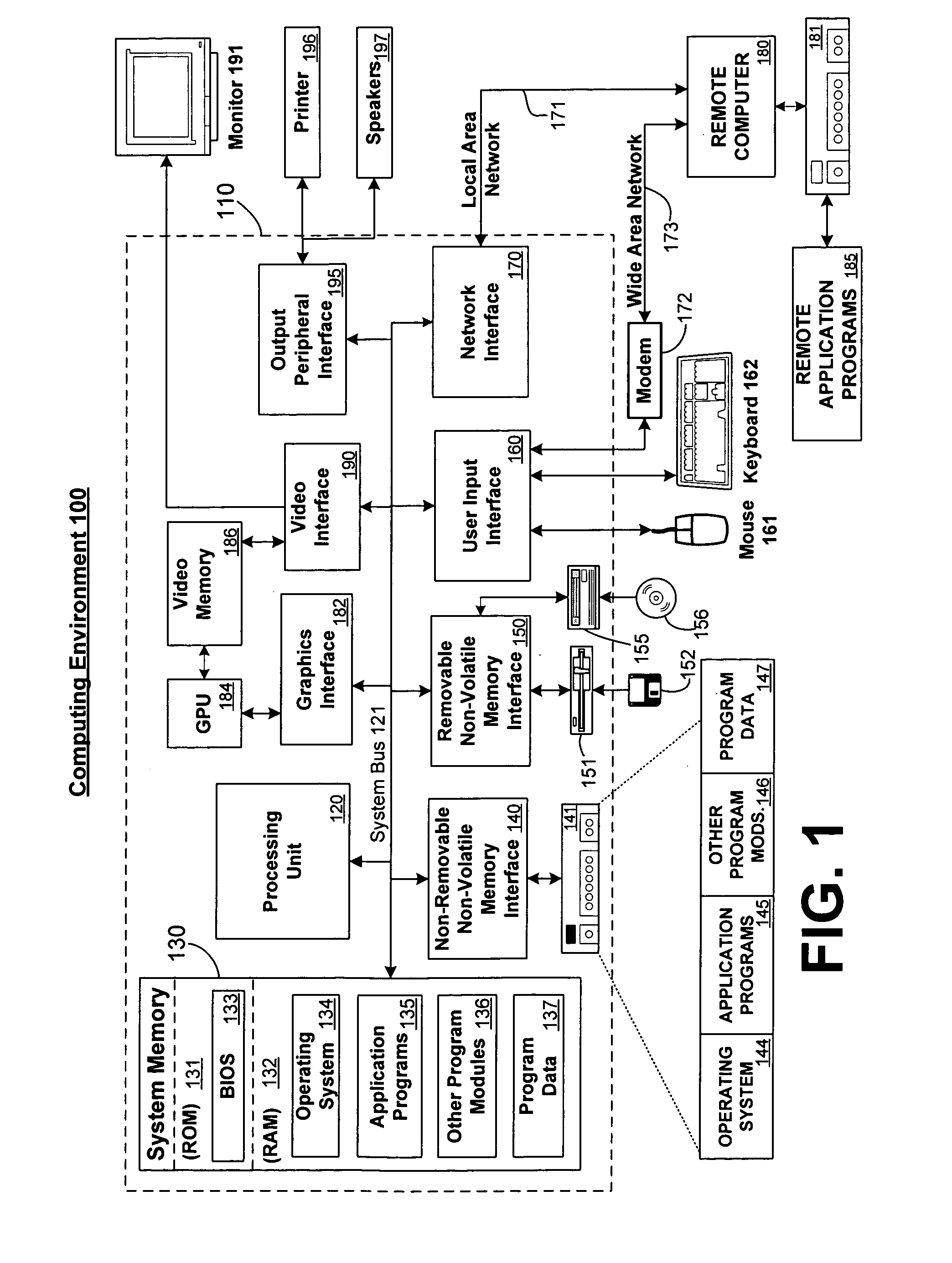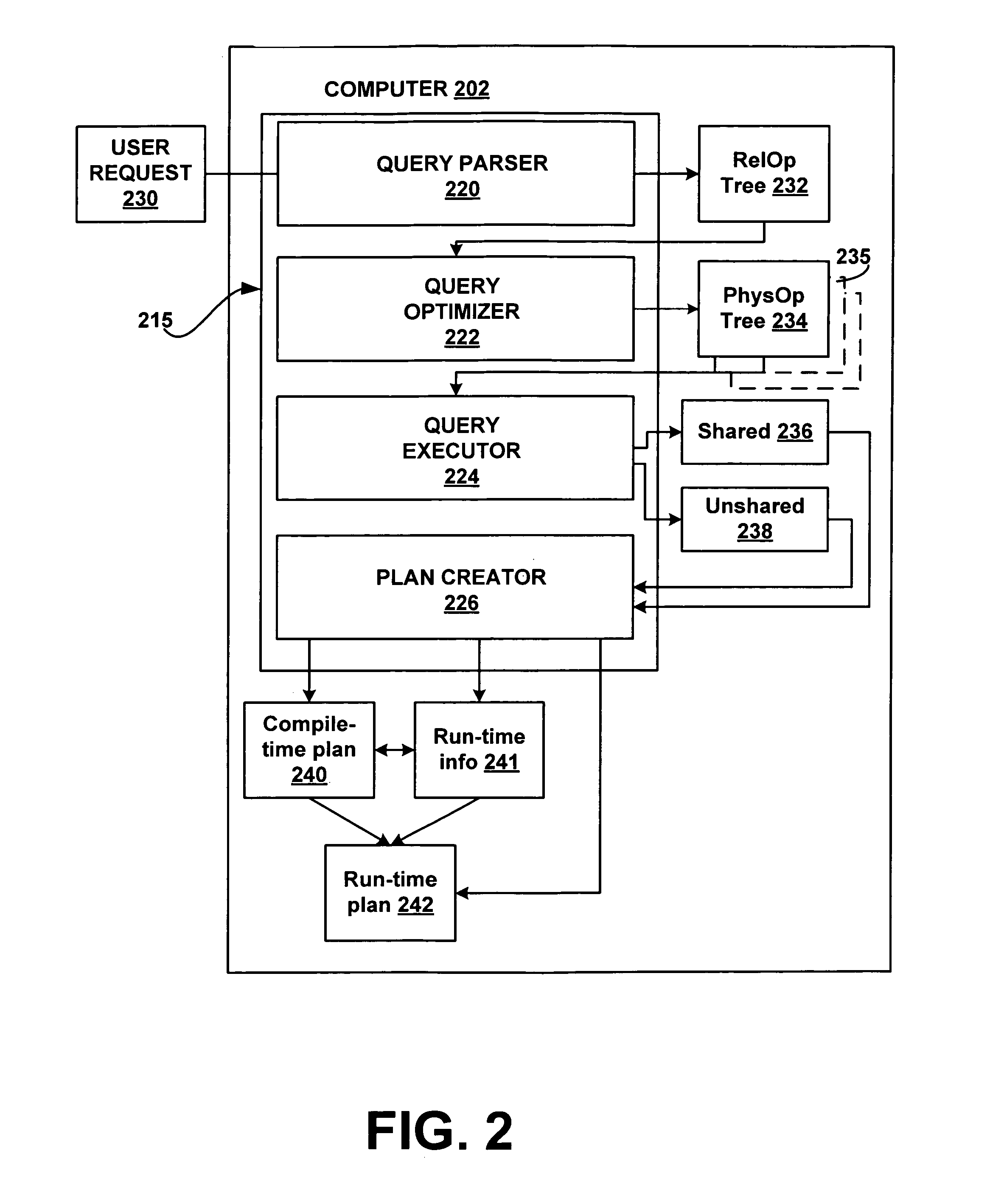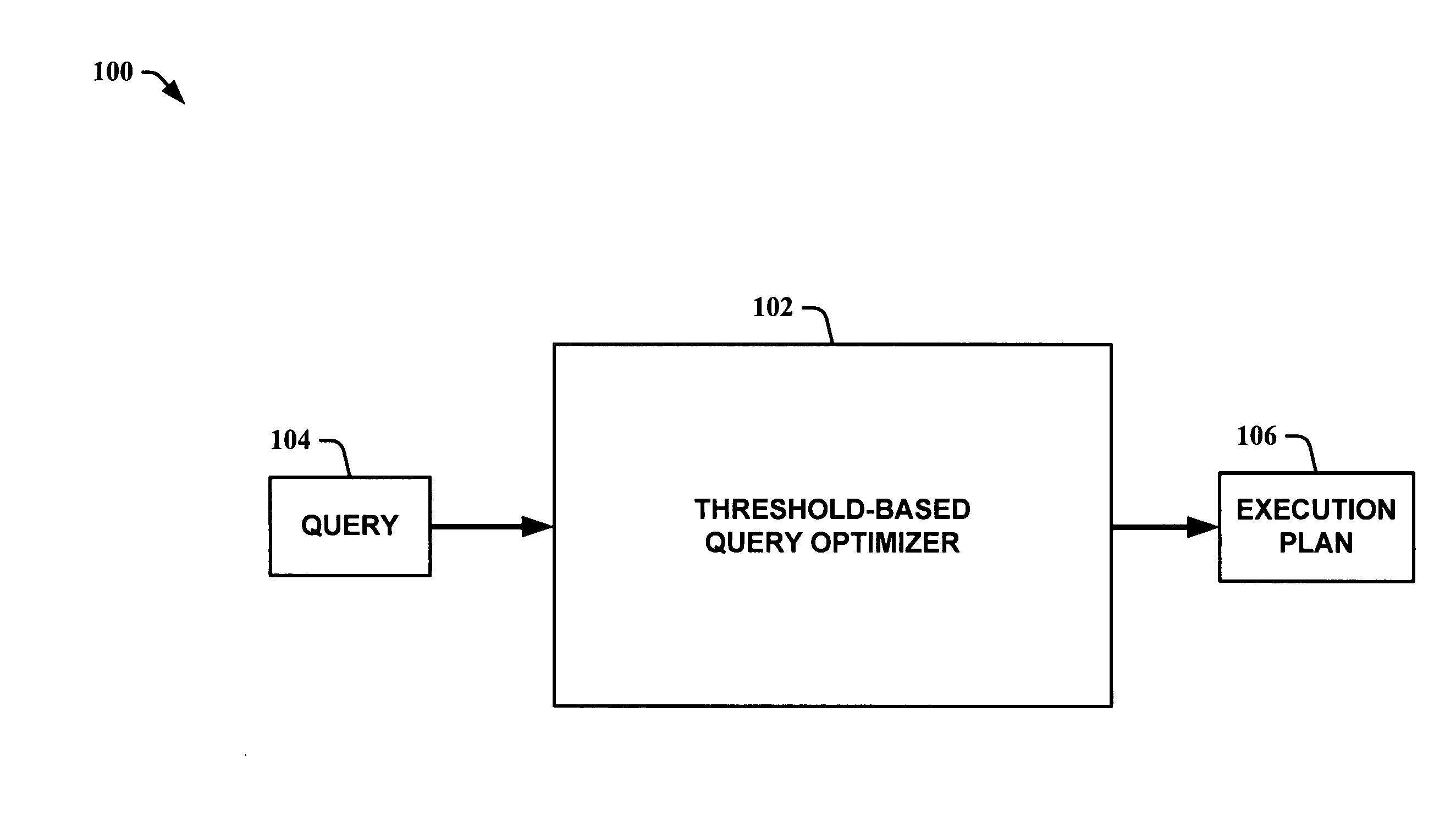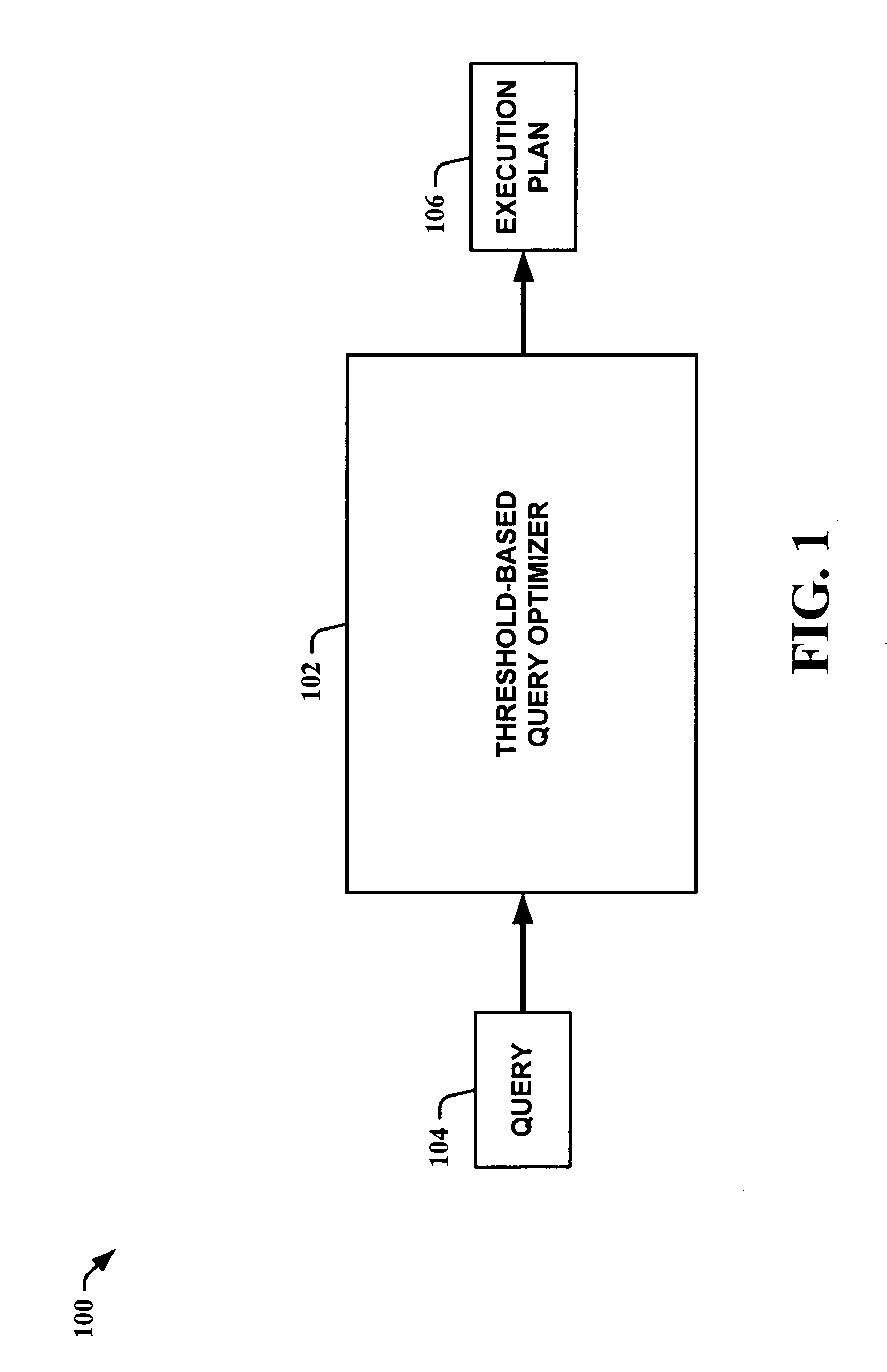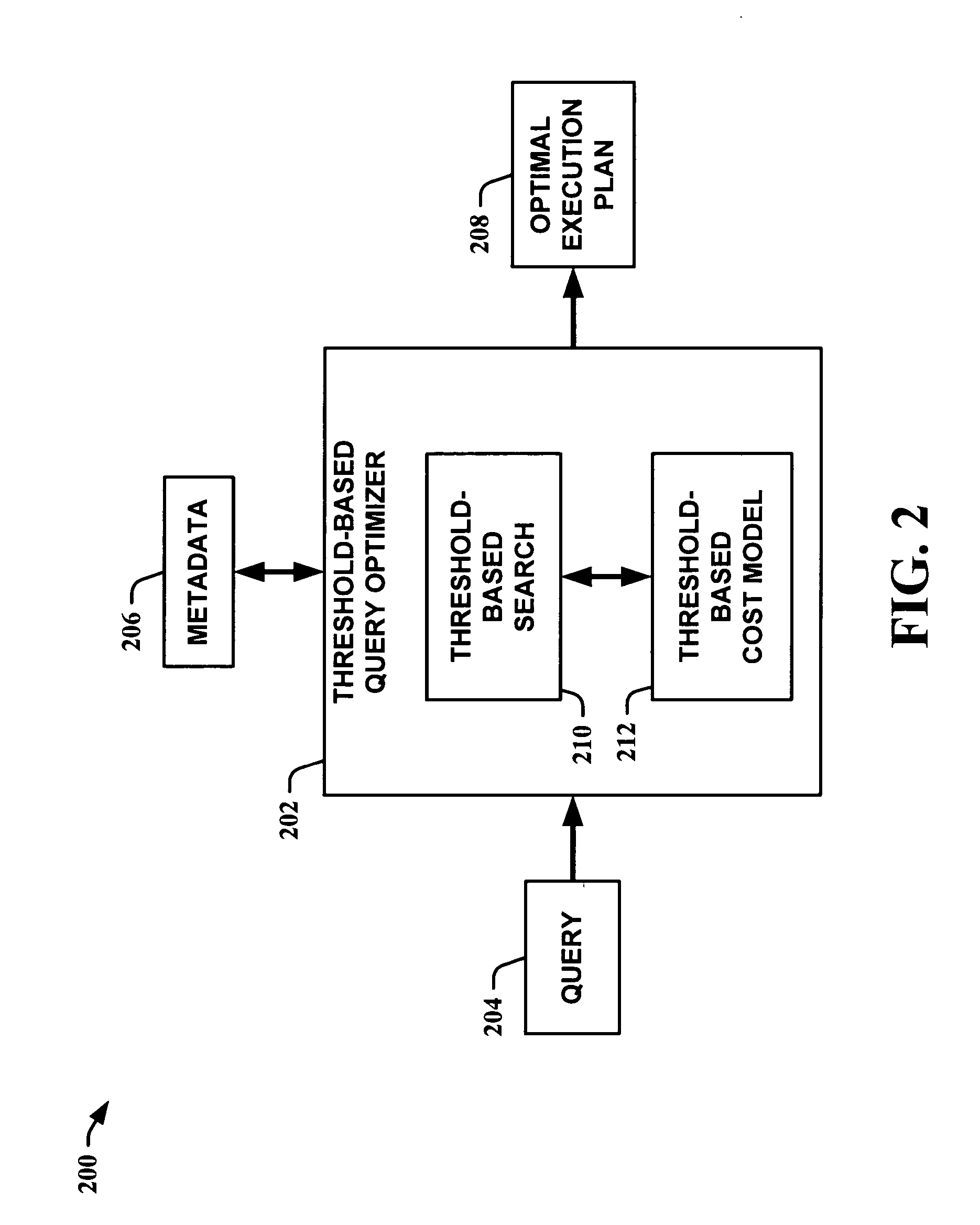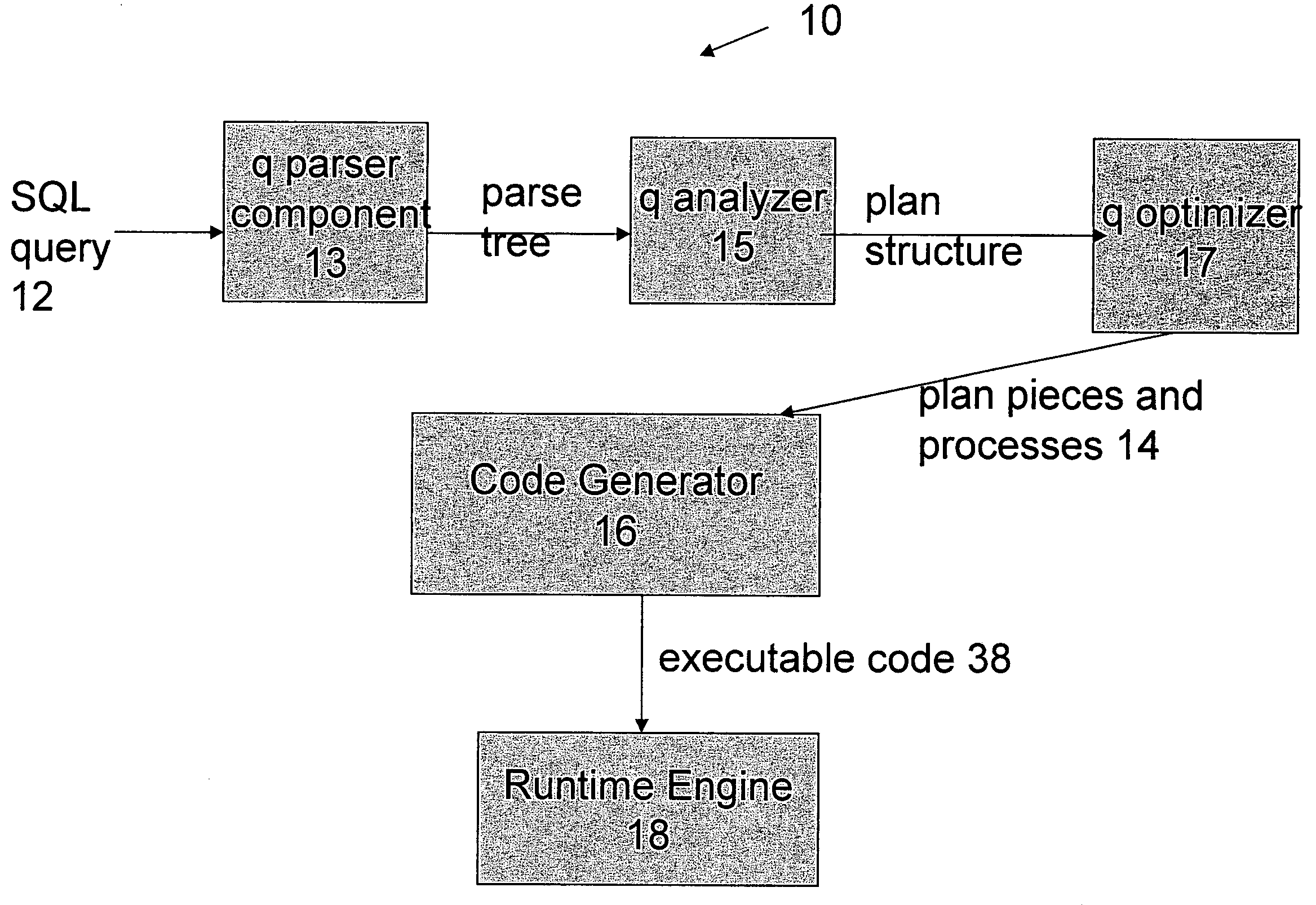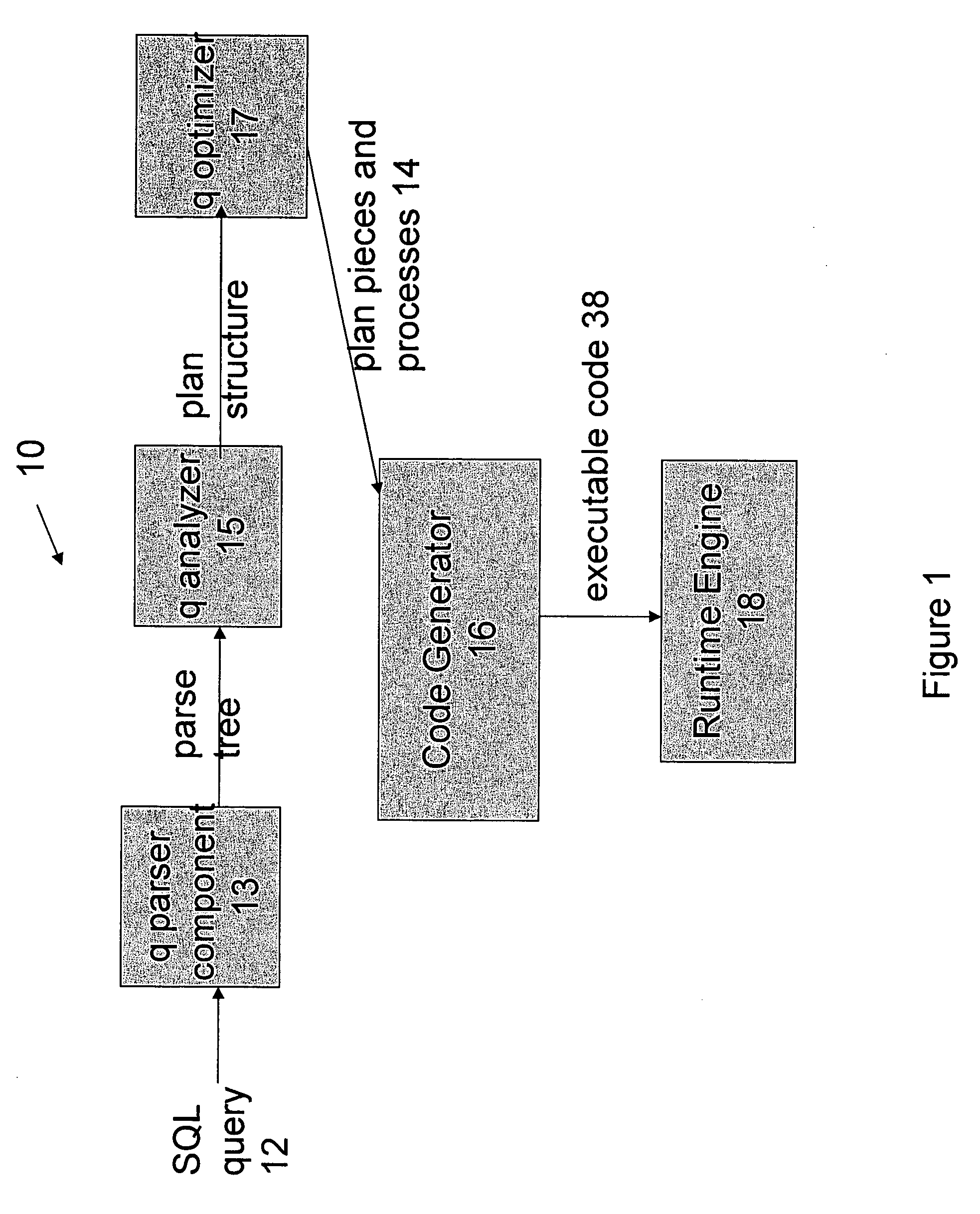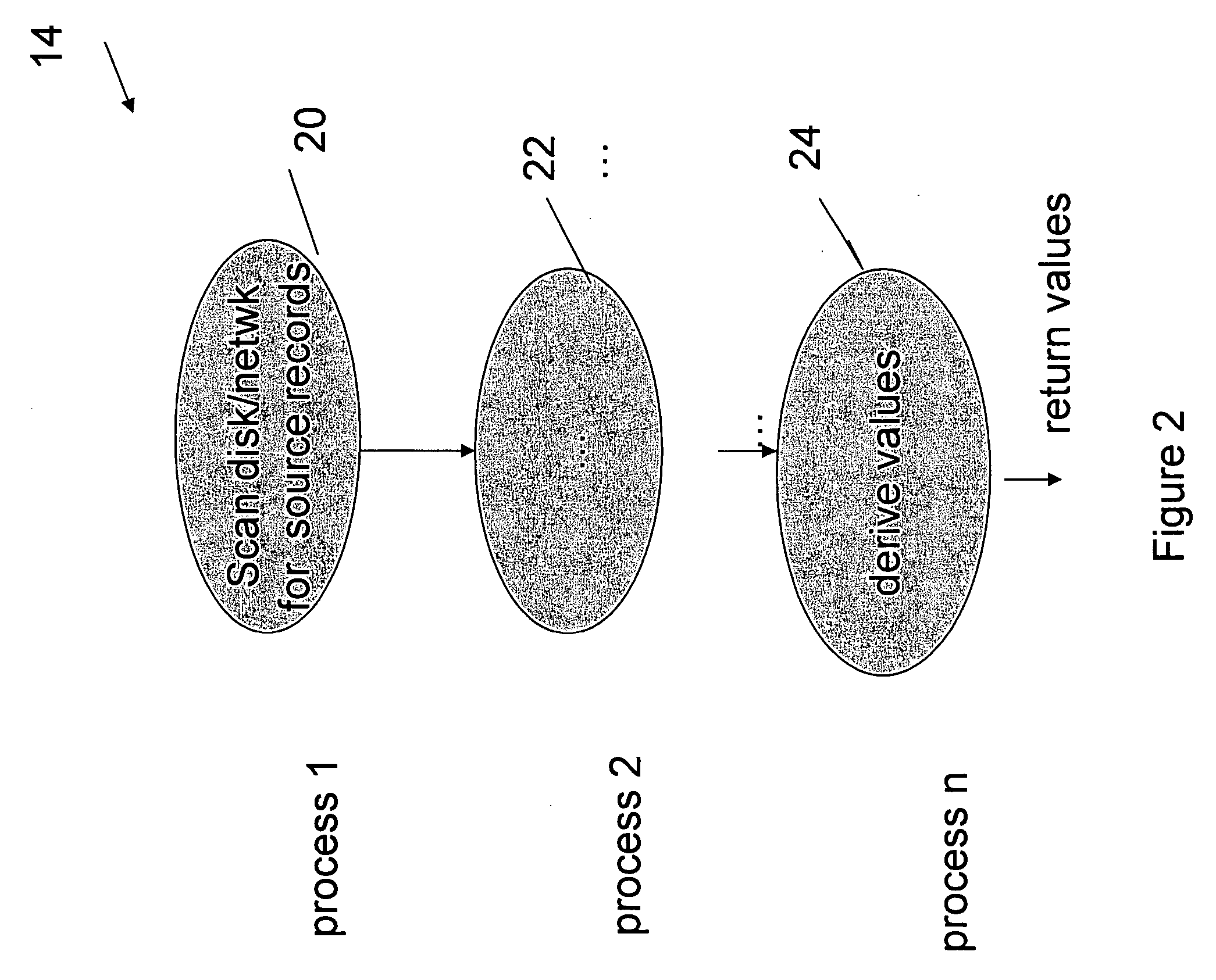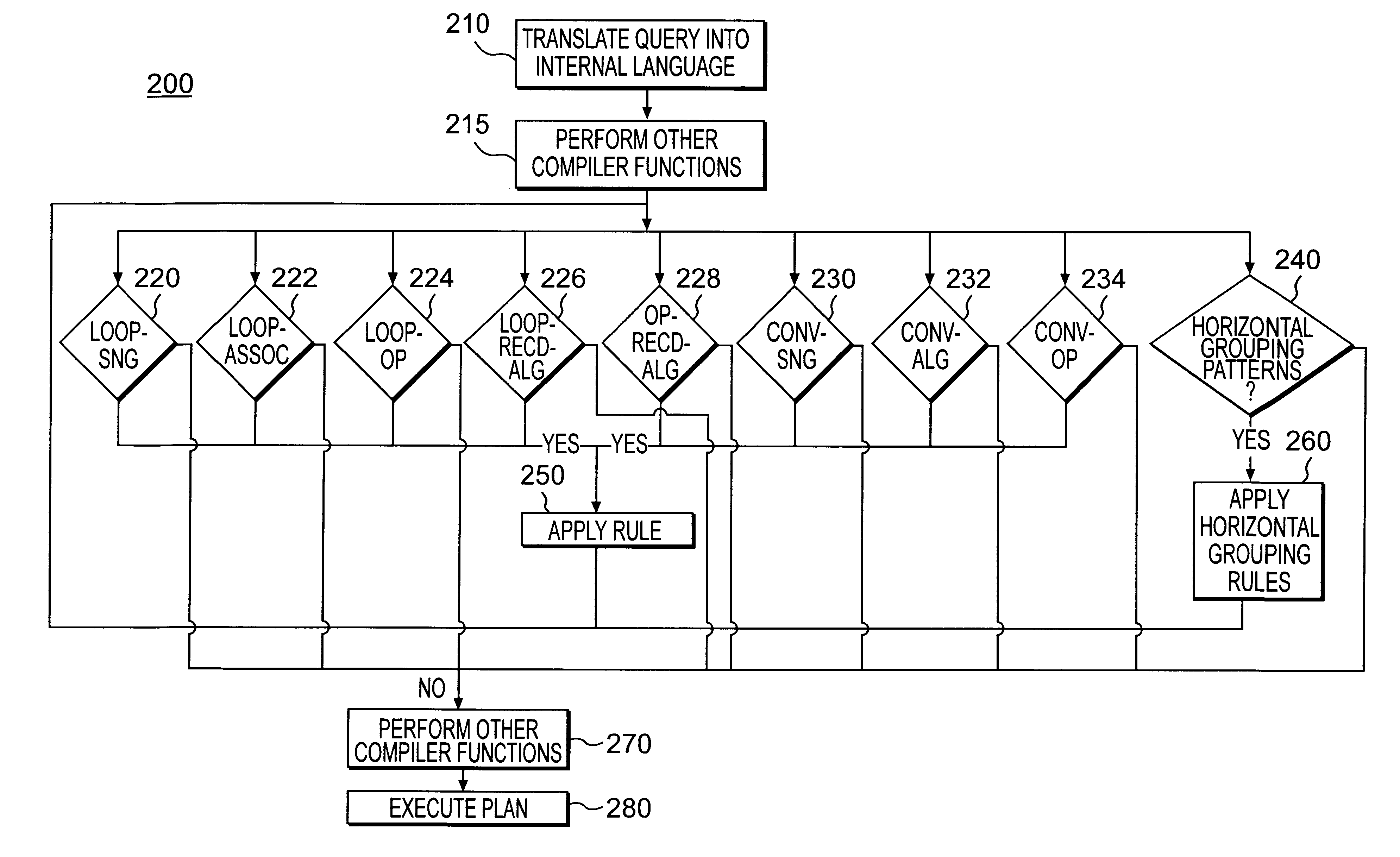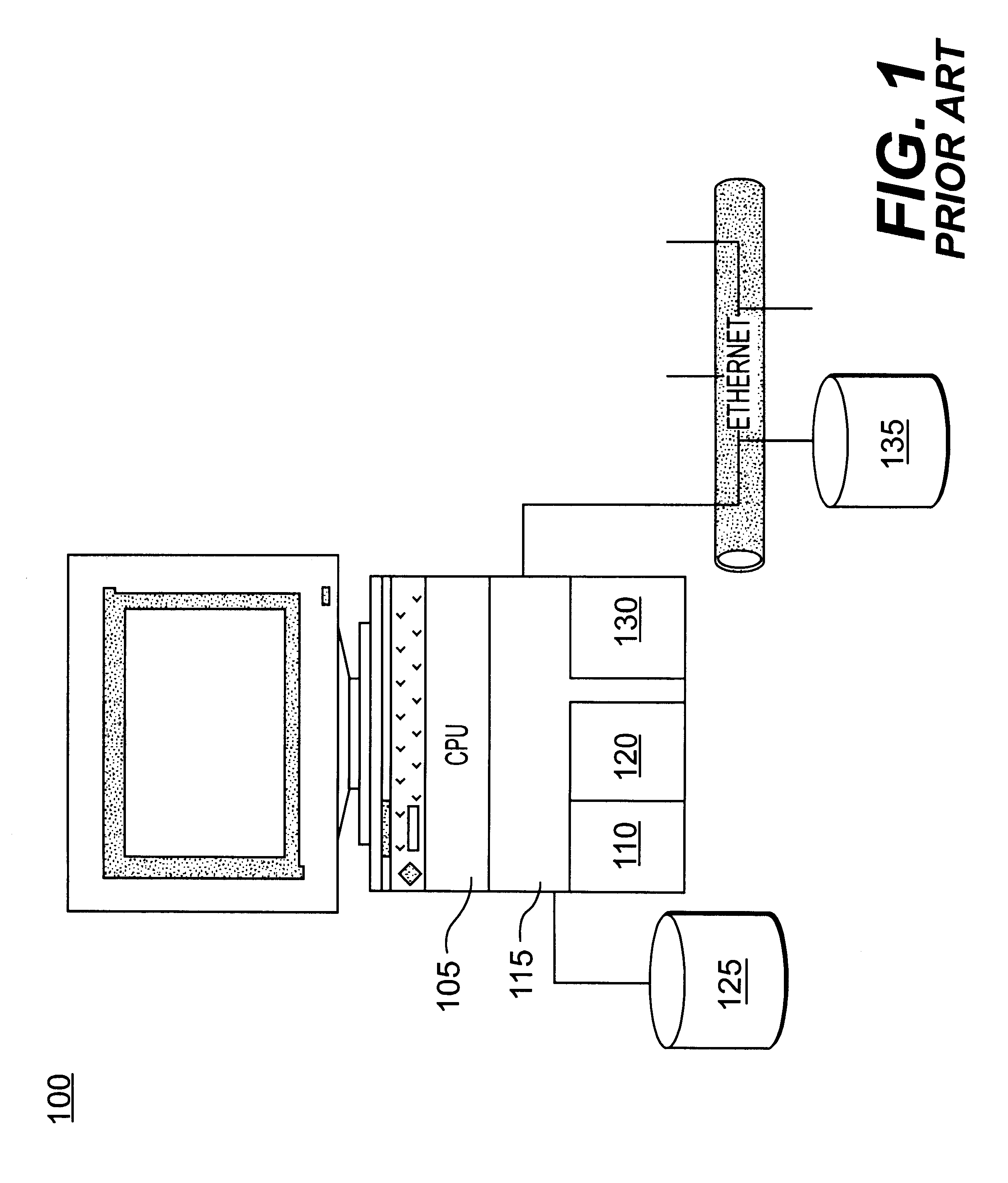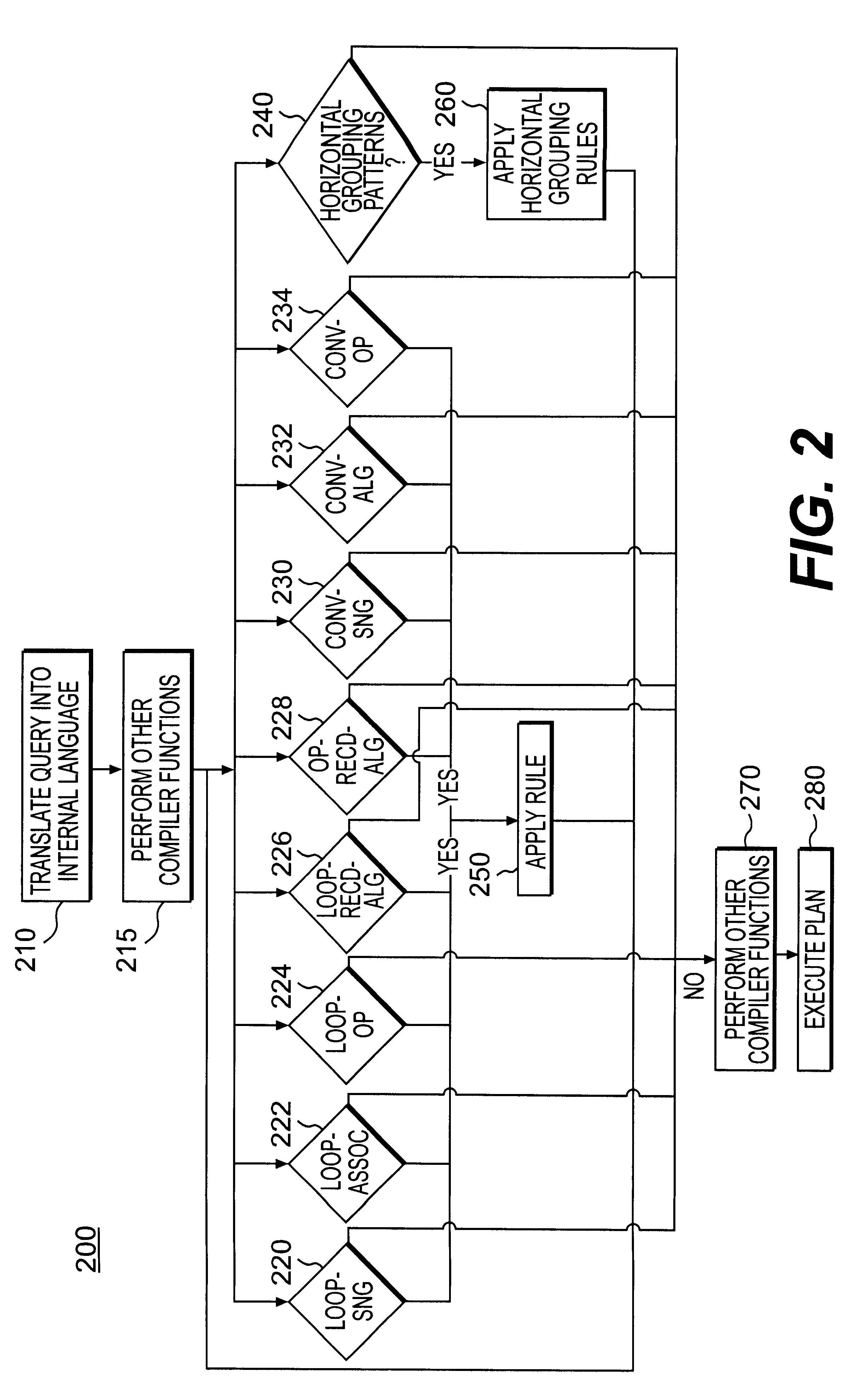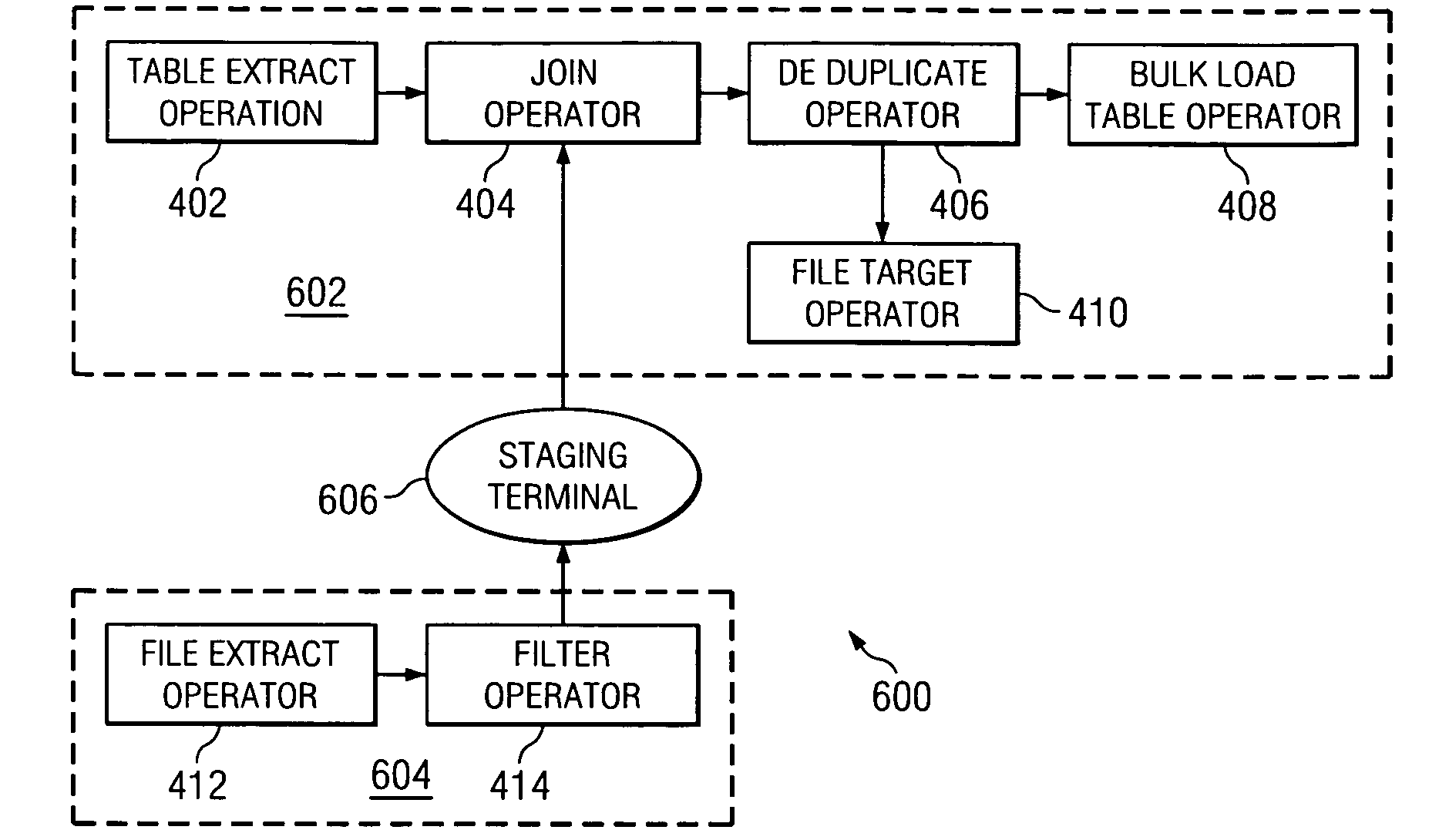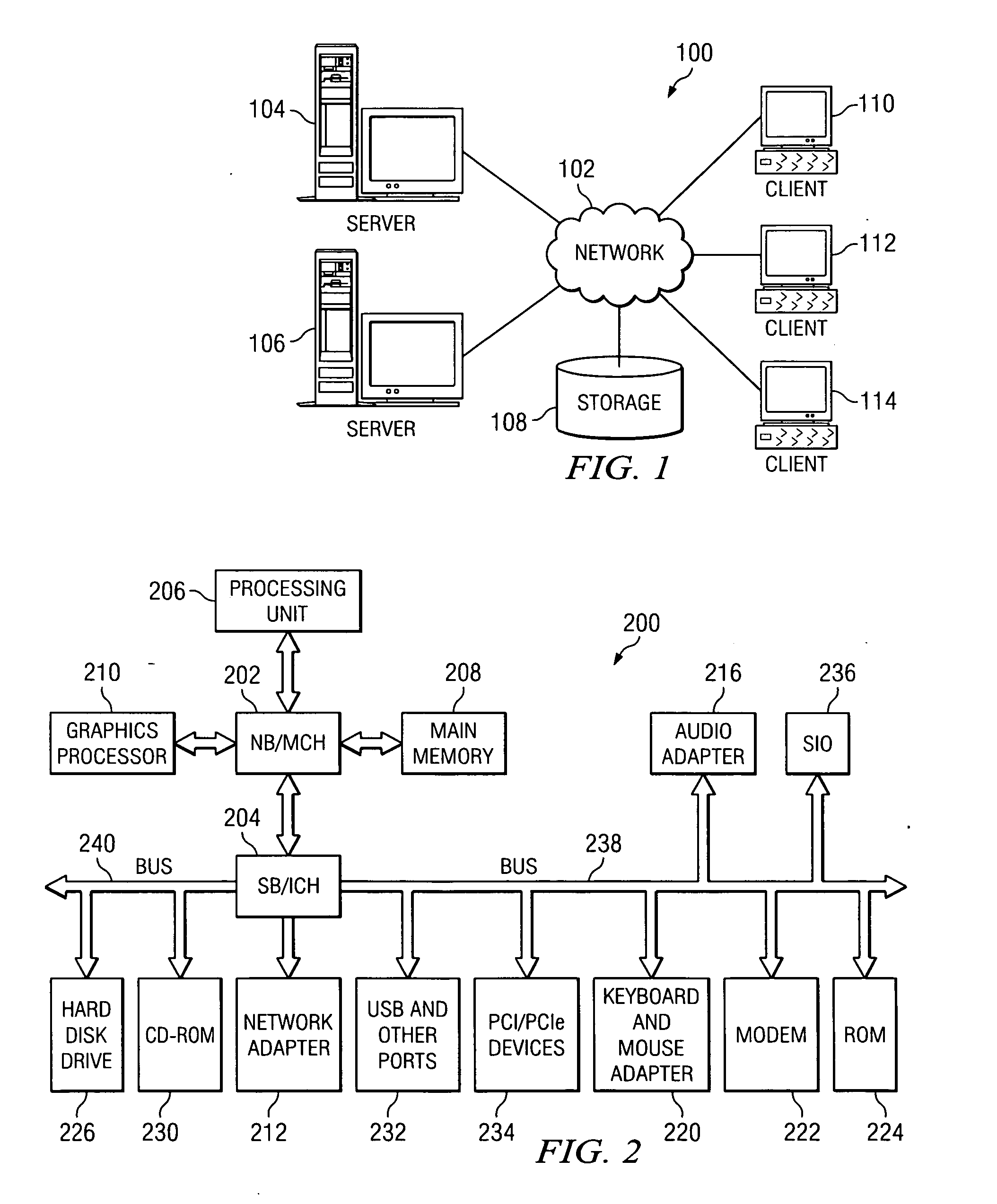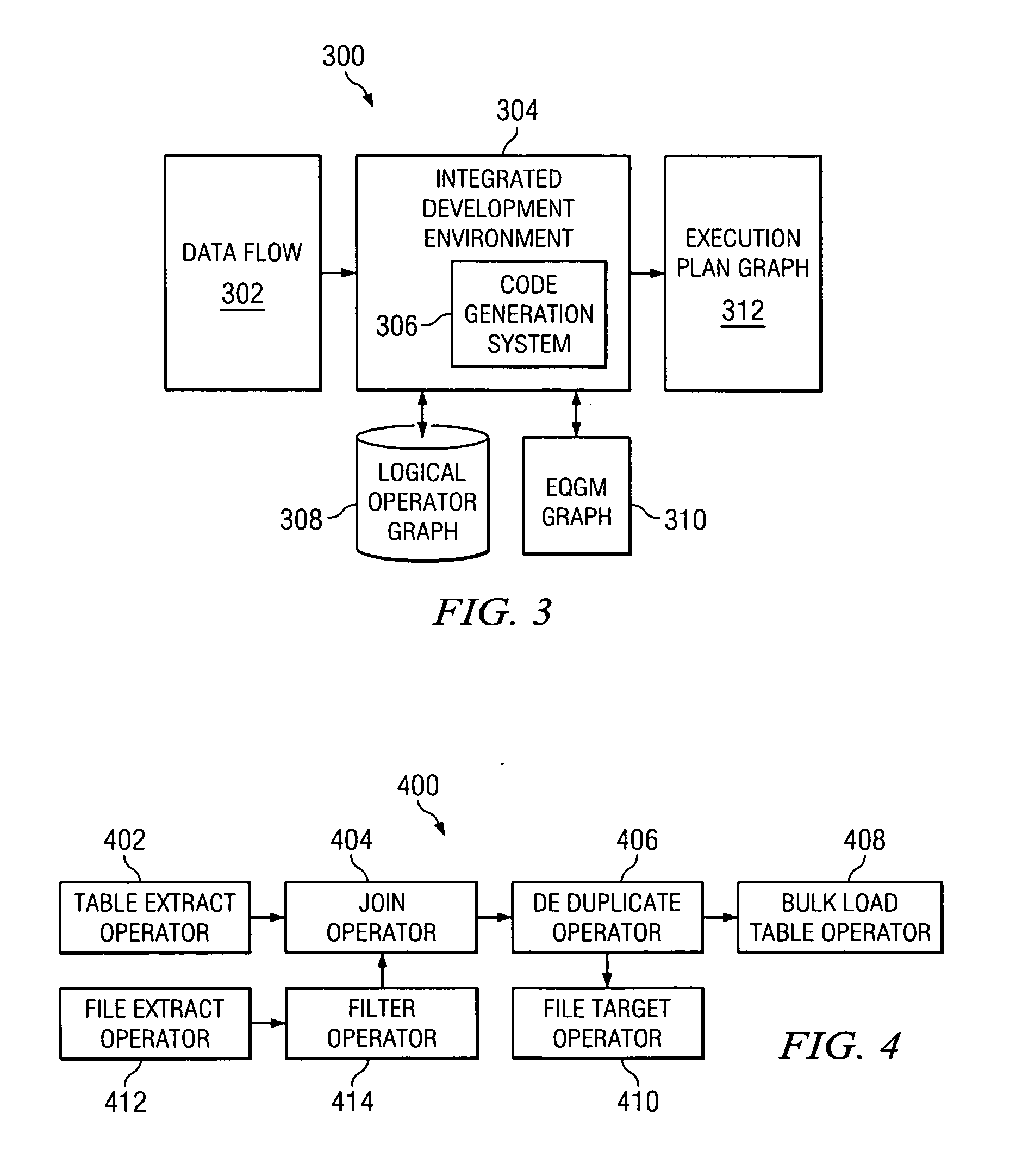Patents
Literature
Hiro is an intelligent assistant for R&D personnel, combined with Patent DNA, to facilitate innovative research.
876 results about "Execution plan" patented technology
Efficacy Topic
Property
Owner
Technical Advancement
Application Domain
Technology Topic
Technology Field Word
Patent Country/Region
Patent Type
Patent Status
Application Year
Inventor
Generating cad independent interactive physical description remodeling, building construction plan database profile
InactiveUS6922701B1Enhanced interactionReduces lengthy communicationGeometric CADData processing applicationsExecution planData set
A method for generating an interactive profile of a structure, such as a building, employing an interactive profile system that preferably utilizes an Internet web browser to interface with a user. The interactive profile system includes an application engine embodied in a computer program that is preferably based within a server. A plan set, usually in a CAD format, is received into the interactive profile system, typically submitted by the user or client. The building can be any structure, such as a home, office or warehouse, and can also include the property that the structure occupies. The plan set is converted to a profile data set by the profiling engine. In compliance with an enhanced data protocol, which is a specific format for organizing the profile data set in a standardized array. The profiling engine parses, or extracts, the profile data set to develop and link a plurality of potentially interrelated building. The profiling engine performs a systematic enhancement of the plan set, building upon the elemental physical descriptions of the plan set. Each element of the physical description is functionally analyzed for relational attributes and then expanded and tagged. The user directs a profile query to the application engine of the interactive profile system. The profile query is relatable to the enhanced profile and more specifically relatable to at least one of the plurality of interrelated elements of the building. Typical profile requests can include proposed or actual changes to the building, requests for material listings, and project assessments.
Owner:HAVENOMICS LLC
System, method, and computer program product for progressive query processing
ActiveUS20050097078A1Reduce computing costEliminate duplicationData processing applicationsDigital data information retrievalExecution planView maintenance
A method, system, and computer program product to make query processing more robust in the face of optimization errors. The invention validates the statistics and assumptions used for compiling a query as the query is executed and, when necessary, progressively re-optimizes the query in mid-execution based on the knowledge learned during its partial execution. The invention selectively places a number of CHECK operators in a query execution plan to validate the optimizer's cardinality estimates against actual cardinalities. Errors beyond a threshold trigger re-optimization, and the optimizer decides whether the old plan is still optimal and whether to re-use previously computed results. The invention addresses arbitrary SQL queries whose plans can contain sub-queries, updates, trigger checking, and view maintenance operations. The invention can handle concurrent update transactions or updates of common sub-expressions in a query execution plan without compromising consistency and isolation as locking information is tied to the record ID.
Owner:HULU
Optimizing database queries using query execution plans derived from automatic summary table determining cost based queries
InactiveUS7080062B1Data processing applicationsDigital data information retrievalProgramming languageExecution plan
A method, apparatus, and article of manufacture for optimizing database queries using automatic summary tables. Query execution plans derived from an automatic summary table can be used to generate results for the query if a comparison of the query requirements with an automatic summary table definition determines that the automatic summary table overlaps the query, and if an optimization process determines that using the summary table will lower the cost of the query. The optimization process involves enumerating a plurality of query execution plans for the query, wherein the query execution plans enumerated include those that access combinations of query and summary tables. Each such query execution plan is assigned a cost representing an estimation of its execution characteristics, and the least costly query execution plan is selected for the query.
Owner:GOOGLE LLC
Automatically and adaptively determining execution plans for queries with parameter markers
InactiveUS20080195577A1Accurate modelingImprove forecast accuracyDigital data information retrievalSpecial data processing applicationsExecution planWorkload
A method for automatically and adaptively determining query execution plans for parametric queries. A first classifier trained by an initial set of training points is generated using a set of random decision trees (RDTs). A query workload and / or database statistics are dynamically updated. A new set of training points collected off-line is used to modify the first classifier into a second classifier. A database query is received at a runtime subsequent to the off line phase. The query includes predicates having parameter markers bound to actual values. The predicates are associated with selectivities. The query execution plan is determined by identifying an optimal average of posterior probabilities obtained across a set of RDTs and mapping the selectivities to a plan. The determined query execution plan is included in an augmented set of training points that includes the initial set and the new set.
Owner:IBM CORP
Optimized SQL code generation
ActiveUS7430549B2Reduce and minimize compilation timeReduce and minimize execution timeDigital data information retrievalData processing applicationsExecution planCode generation
This invention relates generally to a system for processing database queries, and more particularly to a method for generating high level language or machine code to implement query execution plans. The present invention provides a method for generating executable machine code for query execution plans, that is adaptive to dynamic runtime conditions, that is compiled just in time for execution and most importantly, that avoids the bounds checking, pointer indirection, materialization and other similar kinds of overhead that are typical in interpretive runtime execution engines.
Owner:INT BUSINESS MASCH CORP
Database query optimization apparatus and method that represents queries as graphs
InactiveUS20030120682A1Improve performanceEasy to handleData processing applicationsDigital data information retrievalGraphicsExecution plan
A database query optimizer constructs a graph comprising nodes, relations, and expressions. The query optimizer then constructs execution plans for sub-parts of the graph. The combination of execution plans make up the overall execution plan for the query. The execution plan information is appended to the graph itself, allowing changing an execution plan in one portion of the graph without necessarily changing execution plans in other portions of the graph. By representing a query using the graph of the preferred embodiments that includes execution plan information, the query optimizer is able to evaluate the execution plans of different options quickly and efficiently, thereby enhancing the performance of the query optimizer.
Owner:IBM CORP
Methods and systems for optimizing queries through dynamic and autonomous database schema analysis
InactiveUS20040243555A1Digital data information retrievalDigital data processing detailsExecution planDatabase schema
A method of optimizing an execution of a query on data may include steps of creating schema object(s) in a database schema, enable monitoring of the schema object(s) to monitor the amount of change of a predetermined characteristic of the schema object(s) over time and loading the data into the created schema object(s). It is then determined whether the amount of change of the predetermined characteristic exceeds a selectable threshold. Updated statistical information may be obtained only when the amount of change exceeds the threshold. The updated statistical information may then be provided to a query execution optimizer, which selects an execution plan based upon the updated statistical information when the amount of change exceeds the threshold or based upon previously provided statistical information when the amount of change does not exceed the threshold. The query may then be executed using the selected execution plan.
Owner:ORACLE INT CORP
Method and apparatus for exploiting statistics on query expressions for optimization
ActiveUS6947927B2Improve accuracyData processing applicationsDigital data information retrievalQuery planExecution plan
A method for evaluating a user query on a relational database having records stored therein, a workload made up of a set of queries that have been executed on the database, and a query optimizer that generates a query execution plan for the user query. Each query plan includes a plurality of intermediate query plan components that verify a subset of records from the database meeting query criteria. The method accesses the query plan and a set of stored intermediate statistics for records verified by query components, such as histograms that summarize the cardinality of the records that verify the query component. The method forms a transformed query plan based on the selected intermediate statistics (possibly by rewriting the query plan) and estimates the cardinality of the transformed query plan to arrive at a more accurate cardinality estimate for the query. If additional intermediate statistics are necessary, a pool of intermediate statistics may be generated based on the queries in the workload by evaluating the benefit of a given statistic over the workload and adding intermediate statistics to the pool that provide relatively great benefit.
Owner:MICROSOFT TECH LICENSING LLC
Automatic discovery and use of column correlations in tables
InactiveUS6957225B1Digital data information retrievalData processing applicationsExecution planData mining
Methods are provided for automatically discovering correlations between values in columns of tables. A set of significantly correlated columns is identified by identifying correlated columns, and by determining the significance of the correlation between the correlated columns from one or more tables. If the correlated columns are considered significantly correlated, a correlation table is constructed that includes records representing distinct combinations of values corresponding to the correlated columns. Embodiments include methods for identifying correlated columns, for determining the significance of the correlation between the correlated columns, and for using the resultant correlation table to enhance performance of a query execution process. One particular embodiment provides for using a correlation table for partition pruning a partitioned table, with respect to a query execution plan.
Owner:ORACLE INT CORP
Multi-dimensional selectivity estimation method using compressed histogram information
InactiveUS6311181B1Reduce error rateReduce storage overheadData processing applicationsDigital data processing detailsExecution planHigh probability
Disclosed is a multi-dimensional selectivity estimation method using compressed histogram information which the database query optimizer in a database management system uses to find the most efficient execution plan among all possible plans. The method includes the several steps to generate a large number of small-sized multi-dimensional histogram buckets, sampling DCT coefficients which have high values with high probability, compressing information from the multi-dimensional histogram buckets using a multi-dimensional discrete cosine transform(DCT) and storing compressed information, and estimating the query selectivity by using compressed and stored histogram information as the statistics.
Owner:KOREA ADVANCED INST OF SCI & TECH
Database system providing optimization of group by operator over a union all
InactiveUS6691101B2Data processing applicationsDigital data information retrievalExecution planImproved method
A database system providing improved methods for optimization and execution of queries aggregating information from multiple database tables is described. The improved method breaks serial operations into a group of child operations that can be individually optimized and processed in parallel. A query including a grouping operator over a union node is split by pushing the grouping operation down into each input arm of the union node. Specifically, grouping operators are inserted into each child arm of qualifying union nodes, enabling separate physical database tables to be summarized in parallel. Each of the child grouping operators concurrently groups data and generates summary results in parallel, taking advantage of capabilities of available parallel processing hardware. The aggregate operators of the original master grouping operator are modified to accept and correctly synthesize sub-aggregated results generated by each of the child grouping operators. The method also enables individual optimization of operations on each database table, including use of advantageous index-only execution plans.
Owner:SAP AMERICA
Automatic error recovery mechanism for a database system
ActiveUS20120144234A1Avoid errorsAvoid problemsNon-redundant fault processingRedundant operation error correctionExecution planProgram planning
A computer-implemented method, apparatus and article of manufacture for performing an automatic error recovery in a database system. Automatic error recovery is performed for a query execution plan, following errors, problems or failures that occur during execution, by automatically or manually deactivating and / or activating components, features or code paths, and then re-submitting the query execution plan for execution in the computer system.
Owner:TERADATA US
Database System with Methodology for Generating Bushy Nested Loop Join Trees
ActiveUS20060167865A1Simple methodDigital data information retrievalDigital data processing detailsExecution planNested loop join
A database system with methodology for generating bushy nested loop join trees is described. In one embodiment, for example, an improved method is described for optimization of a query requesting data from a database, the method comprises steps of: generating a left deep operator tree for returning data requested by the query based on traversing a left deep operator tree search space; transforming the left deep operator tree into a semantically correct structure for returning data requested by the query; and building a query execution plan for returning data requested by the query based on the semantically correct structure.
Owner:SYBASE INC
Systems and methods of optimizing database queries for efficient delivery of query data subsets
InactiveUS7233939B1Minimize amount of timeEfficient and speedy operationData processing applicationsDigital data information retrievalDatabase queryExecution plan
Queries are optimized according to a first optimization mode by generating execution plans and selecting the lowest cost plan. Inputs optimized according to the first optimization mode, to database operations with input parameters that are inconsistent with the first optimization mode, are replaced with equivalent inputs optimized according to a second optimization mode, the second optimization mode being consistent with the input parameter. Blocking operations are eliminated from queries using a cost-based approach.
Owner:ORACLE INT CORP
System and method for optimizing database queries with improved performance enhancements
InactiveUS6021405AEffective trackingEfficient searchDigital data information retrievalData processing applicationsExecution planPerformance enhancement
A system and method for optimizing a database query with improved performance enhancements is herein disclosed. The database query consists of one or more logical expressions. Through the repeated application of one or more rules, the logical expressions are transformed into execution plans. The query optimizer partitions the database query into one or more subproblems with each subproblem consisting of one or more logical expressions. A plan is obtained for each subproblem with the plan for the database query including the plans for each subproblem. The query optimizer is cost-based and uses rules including transformation and implementation rules that are used to perform transformations on the logical expressions in a subproblem in order to produce a plan. The rules are classified into context-free and context-sensitive in order to avoid generating duplicate expressions. Context-free rules are applied once for each logical expression and context-sensitive rules are applied once for each logical expression for a particular optimization goal. In a preferred embodiment, the query optimizer performs several optimization passes over the database query in order to obtain an optimal plan. For each pass, if no optimal plan exists for the requested optimization goal, existing plans having the same optimization goal are utilized with each input reoptimized for a more cost effective plan.
Owner:HEWLETT-PACKARD ENTERPRISE DEV LP
Dynamic optimization for processing a restartable sub-tree of a query execution plan
ActiveUS7051034B1Digital data information retrievalData processing applicationsExecution planDynamical optimization
Execution of a restartable sub-tree of a query execution plan comprises determining whether use of parallel processes is a preferred or optimal mode of executing the sub-tree. The determination is based, at least in part, on how long it takes to restart the sub-tree using two or more parallel processes and / or how long it takes to probe the sub-tree, i.e., to fetch a row that meets one or more conditions or correlations associated with the sub-query, using the two or more parallel processes. Thus, a dynamic computational cost-based operation is described, which determines at query runtime whether to execute the restartable sub-tree using a single server process or multiple parallel server processes.
Owner:ORACLE INT CORP
Canonical abstraction for outerjoin optimization
InactiveUS20060074901A1Efficient implementationData processing applicationsDigital data information retrievalExecution planProgramming language
A system, apparatus, and program storage device implementing a method of optimizing queries used for searching a computerized database, wherein the method comprises providing a query comprising a sequence of inner joins and outerjoins; and rewriting the query by producing a sequence of outer Cartesian products for the query; producing a sequence of nullification operations on the query; and producing a sequence of best match operations on the query. The method further comprises optimizing the query using a query execution plan for processing the rewritten query, wherein the query execution plan expands a search space in the database for which the rewritten query may be run.
Owner:IBM CORP
SQL code generation for heterogeneous environment
ActiveUS20050028134A1Avoiding runtime interpretationAnalysis latencyData processing applicationsDigital data information retrievalDatabase queryExecution plan
This invention relates generally to a system for processing database queries, and more particularly to a method for generating high level language or machine code to implement query execution plans. In one preferred embodiment, the method begins by receiving a subject query, and then forming an execution plan corresponding to the subject query. The execution plan will typically have a sequence of component snippets or pieces and corresponding processes for implementing the pieces. For at least one piece in the plan, the process then (a) generates source code using different code generation techniques as a function of expected runtime processing machine types; and then (b) compiles the generated source code to form machine executable code for implementing the subject query. As a result, the query executed directly as machine executable code thereby avoiding runtime interpretation of the pieces in the execution plan.
Owner:IBM CORP
Data flow system and method for heterogeneous data integration environments
A computer implemented method, apparatus, and computer usable program code for generating an execution plan graph from a data flow. A metadata representation of the data flow is generated in response to receiving the data flow. A set of code units is generated from the metadata representation. Each code unit in the set of code units is executable on multiple different types of runtime engines. The set of code units is processed to produce the execution plan graph.
Owner:TWITTER INC
Progressive refinement of a federated query plan during query execution
InactiveUS7877381B2Digital data information retrievalDigital data processing detailsProgramming languageQuery plan
A way for progressively refining a query execution plan during query execution in a federated data system is provided. Re-optimization constraints are placed in the query execution plan during query compilation. When a re-optimization constraint is violated during query execution, a model of the query execution plan is refined using a partially executed query to form a new query execution plan. The new query execution plan is compiled. The compiled new query execution plan is executed.
Owner:INT BUSINESS MASCH CORP
SQL code generation for heterogeneous environment
ActiveUS7433863B2Avoid generatingDigital data information retrievalData processing applicationsDatabase queryExecution plan
This invention relates generally to a system for processing database queries, and more particularly to a method for generating high level language or machine code to implement query execution plans. in one preferred embodiment, the method begins by receiving a subject query, and then forming an execution plan corresponding to the subject query. The execution plan will typically have a sequence of component snippets or pieces and corresponding processes for implementing the pieces. For at least one piece in the plan, the process then (a) generates source code using different code generation techniques as a function of expected runtime processing machine types; and then (b) compiles the generated source code to form machine executable code for implementing the subject query. As a result, the query executed directly as machine executable code thereby avoiding runtime interpretation of the pieces in the execution plan.
Owner:INT BUSINESS MASCH CORP
Systems and methods for managing the execution of services
Systems and methods are disclosed for managing the execution of planning services in an advanced planning environment. The planning services may be executed using one or more objects stored in a database. A method for managing the execution of planning services may include accessing a planning profile, the planning profile including at least one process block with a list of planning services to be executed, and reading a trigger group profile of the at least one process block, the trigger group profile defining one or more triggers for restricting objects to be executed with one or more of the planning services. In addition, the method may include executing each planning service in the list of planning services while preventing the processing of objects restricted by the trigger group profile.
Owner:SAP AG
Method and system for performing query optimization using a hybrid execution plan
ActiveUS20120047158A1Quickly and efficiently executedEfficient executionDigital data information retrievalDigital data processing detailsExecution planHybrid approach
An improved method, system, and computer program product is disclosed that provides a hybrid approach to optimization which allows different subsets of data accessed by a query to be optimized with different access paths and execution approaches. Transformations may be performed to re-write the query, which restructures the query in a way that facilitates the hybrid optimization process. Multiple transformations may be interleaved to produce an efficient re-written query.
Owner:ORACLE INT CORP
Indexing spatial data with a quadtree index having cost-based query decomposition
ActiveUS20120166446A1Improve efficiencyImprove performanceDigital data processing detailsGeographical information databasesDecompositionExecution plan
Approaches for indexing and retrieving spatial data with a quadtree index in database management systems are described. In an embodiment, data objects are stored without decomposition within a linearized quadtree stored within a B-tree index. In another embodiment, a method determines an optimal execution plan for a spatial query by parsing it to determine a query type and geometry object associated with the query. The method tessellates the query object by recursively decomposing the quadtree blocks that cover it. Cost-based decomposition decisions are made by consulting a cost model furnished by the database management system to minimize the cost of the resulting index range plan on the B-tree storage. Thus, data-directed query decomposition enacted by the method results in the optimal cost index range plan for the current data distribution and system context. In another embodiment, a system identifies and displays an optimal index range plan in a user interface.
Owner:IANYWHERE SOLUTIONS
Method and system for a self-healing query access plan
ActiveUS20050154740A1Relational databasesSpecial data processing applicationsProgramming languageExecution plan
A self-healing database engine and optimizer framework support automatically responding to execution errors to allow continued execution of a query plan. Upon encountering an execution error, the database engine automatically initiates a rebuilding of the query plan and executes the rebuilt execution plan. If an error is encountered in the rebuilt query plan then the query implementation methods are analyzed. If a query function is identified for which an alternative implementation method is available, then this alternative implementation method is substituted to create a new query plan. The new query plan is then executed to determine if the error is corrected.
Owner:IBM CORP
Generating a hierarchical plain-text execution plan from a database query
A system, method and computer-readable medium containing computer-executable instructions for tuning queries is provided. A query processor converts a query into an execution plan in a hierarchical format that conforms to a standardized schema. In one embodiment of the invention, the hierarchical format employed is XML.
Owner:MICROSOFT TECH LICENSING LLC
Answering top-K selection queries in a relational engine
InactiveUS20060212429A1Improve efficiencyConvenient queryDigital data information retrievalDigital data processing detailsExecution planCost evaluation
The subject invention leverages threshold-based strategies applied to relational data to facilitate in determining an optimal execution plan for top-k selection queries. These strategies utilize a given query and relational data metadata to identify possible execution plans. This allows alternatives to scanning techniques to be considered in order to further enhance the overall efficiency of the optimal execution plan. A query optimizer can prune, for example, the alternative execution plans during enumeration of the plan space and / or during cost evaluations of the possible alternative execution plans. A cost model for the query optimizer can utilize a cost function based on an approximation of the number of iterations required to complete a threshold-based strategy.
Owner:MICROSOFT TECH LICENSING LLC
Optimized SQL code generation
ActiveUS20050027701A1Reduce and minimize compilation timeReduce and minimize execution timeDigital data information retrievalData processing applicationsExecution planSQL
This invention relates generally to a system for processing database queries, and more particularly to a method for generating high level language or machine code to implement query execution plans. The present invention provides a method for generating executable machine code for query execution plans, that is adaptive to dynamic runtime conditions, that is compiled just in time for execution and most importantly, that avoids the bounds checking, pointer indirection, materialization and other similar kinds of overhead that are typical in interpretive runtime execution engines.
Owner:IBM CORP
System and method for optimizing queries with aggregates and collection conversions
InactiveUS6240406B1Efficient queryData processing applicationsDigital data information retrievalExecution planData mining
Systems and methods for optimizing database queries involving aggregates identify instantiations of rules in an internal language representation of the original query, and then applies the rules to those instantiations to form an optimized query execution plan.
Owner:THE TRUSTEES OF THE UNIV OF PENNSYLVANIA
System and method for generating code for an integrated data system
InactiveUS20070214111A1Digital data information retrievalSpecial data processing applicationsExecution planData stream
A computer implemented method, apparatus, and computer usable program code for generating code for an integrated data system. A mixed data flow is received. The mixed data flow contains mixed data flow operators, which are associated with multiple runtime environments. A graph is generated containing logical operators based on the mixed data flow in response to receiving the mixed data flow. The logical operators are independent of the plurality of runtime environments. The graph is converted to a model. The logical operators are converted to model operators associated with the multiple runtime environments. The model operators allow for analysis of operations for the mixed data flow. The model is converted into an execution plan graph. The execution plan graph is executable on different runtime environments.
Owner:IBM CORP
Features
- R&D
- Intellectual Property
- Life Sciences
- Materials
- Tech Scout
Why Patsnap Eureka
- Unparalleled Data Quality
- Higher Quality Content
- 60% Fewer Hallucinations
Social media
Patsnap Eureka Blog
Learn More Browse by: Latest US Patents, China's latest patents, Technical Efficacy Thesaurus, Application Domain, Technology Topic, Popular Technical Reports.
© 2025 PatSnap. All rights reserved.Legal|Privacy policy|Modern Slavery Act Transparency Statement|Sitemap|About US| Contact US: help@patsnap.com
